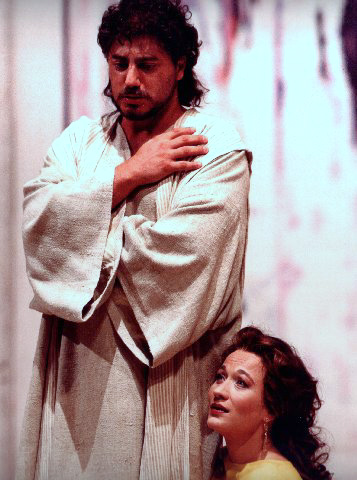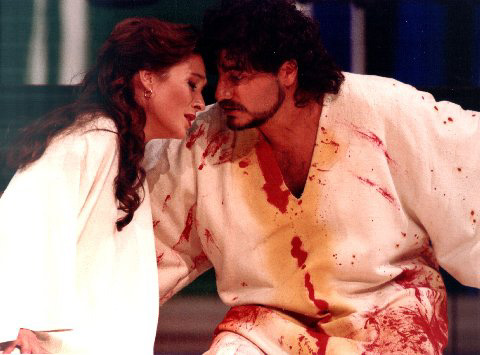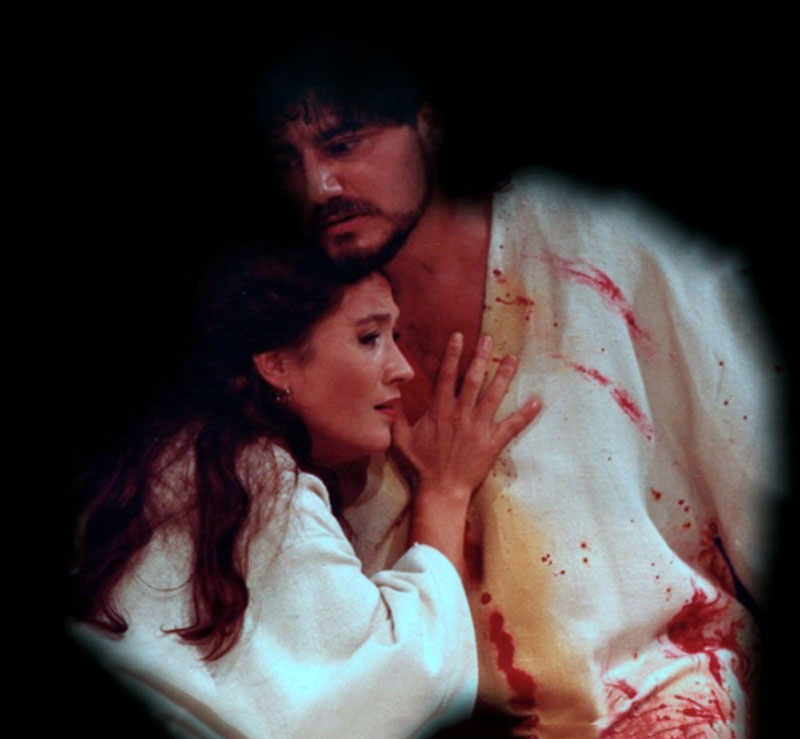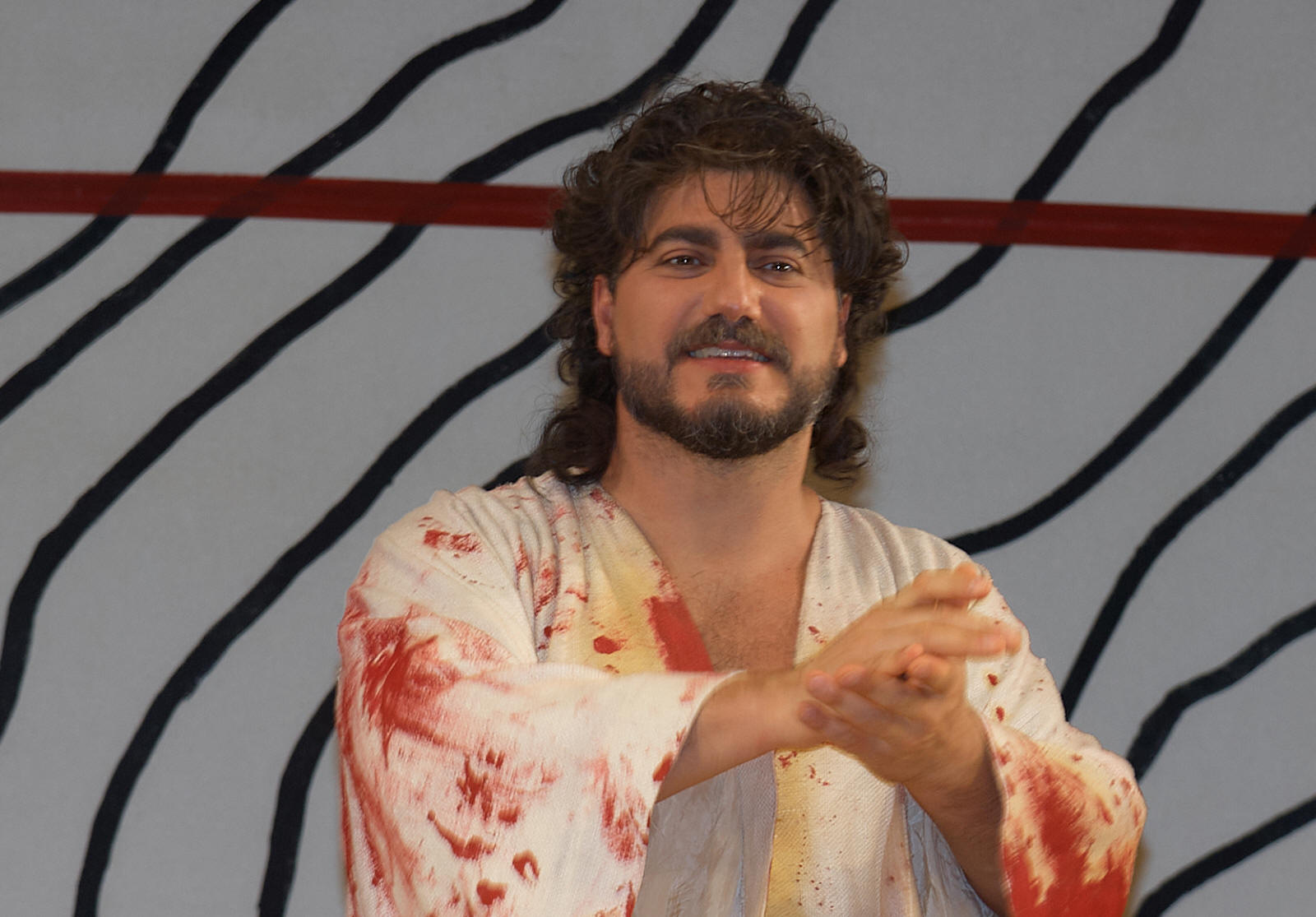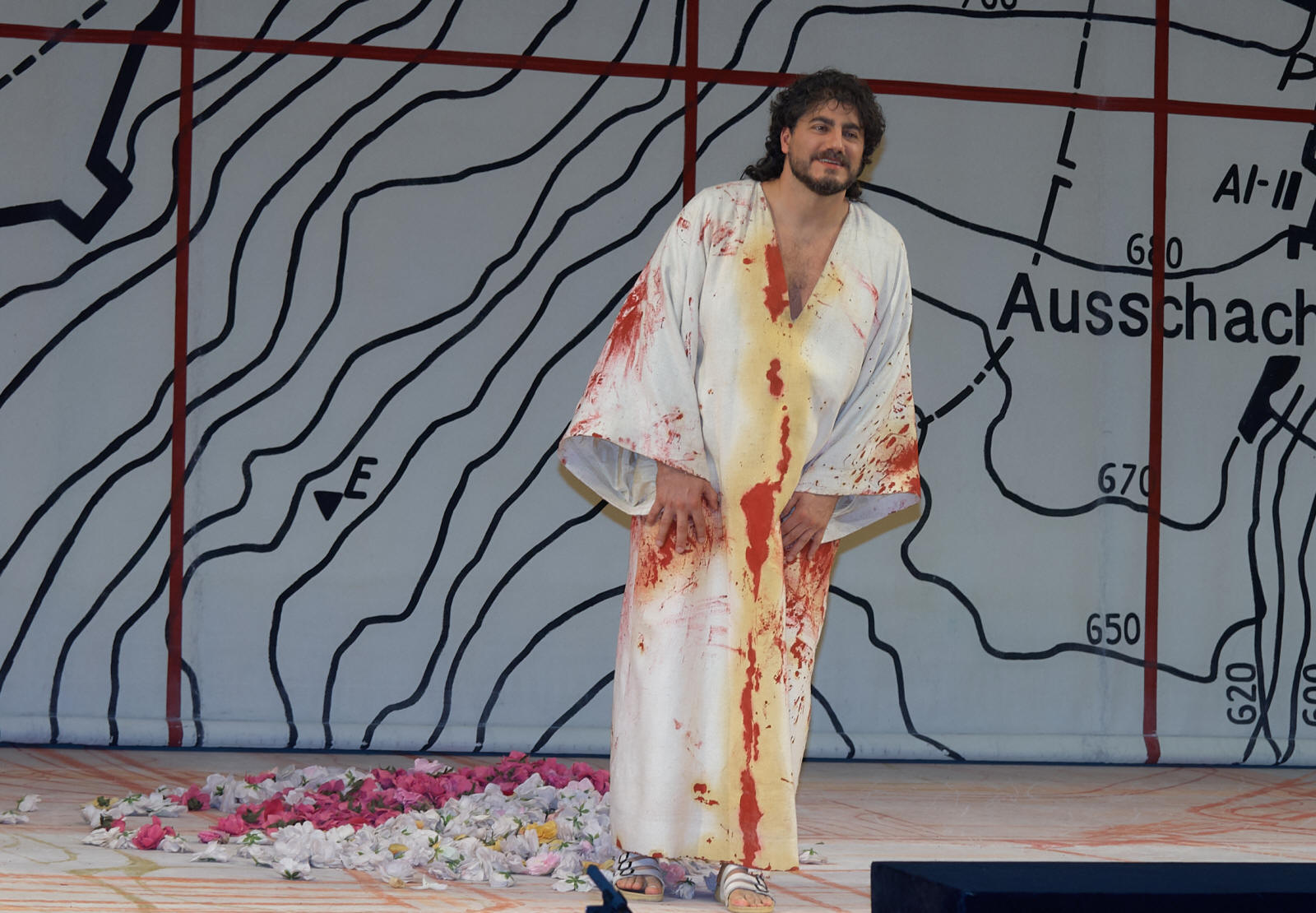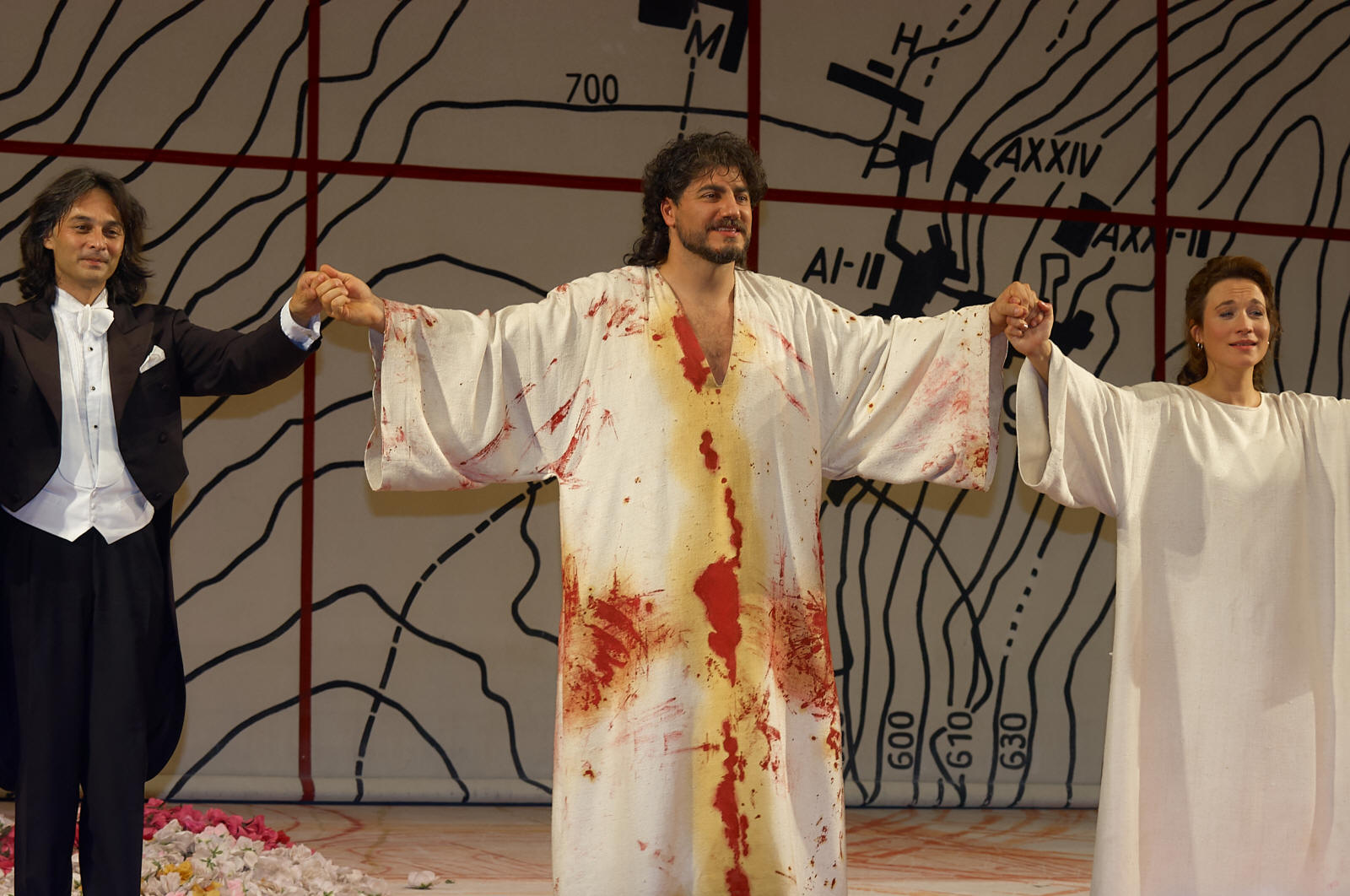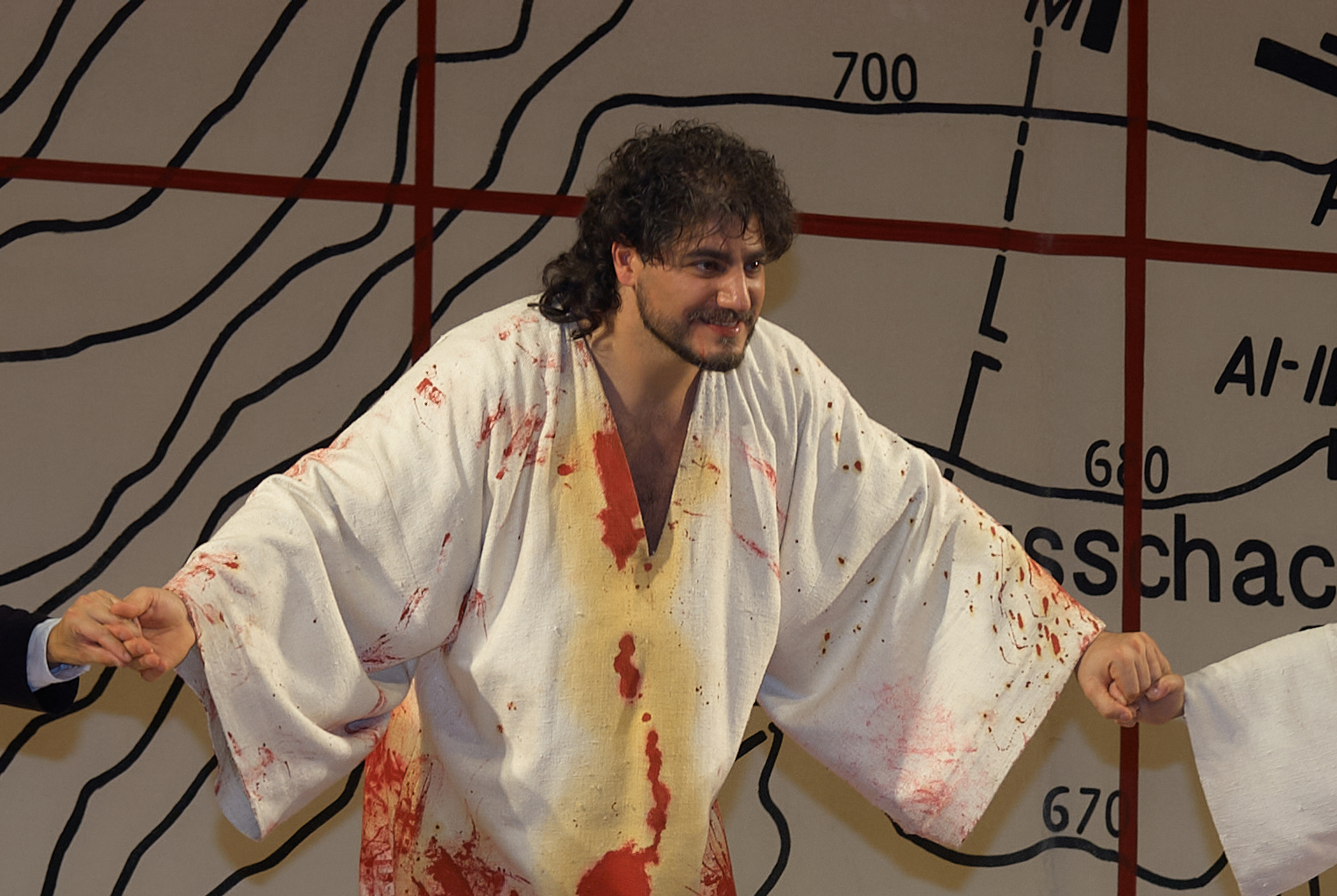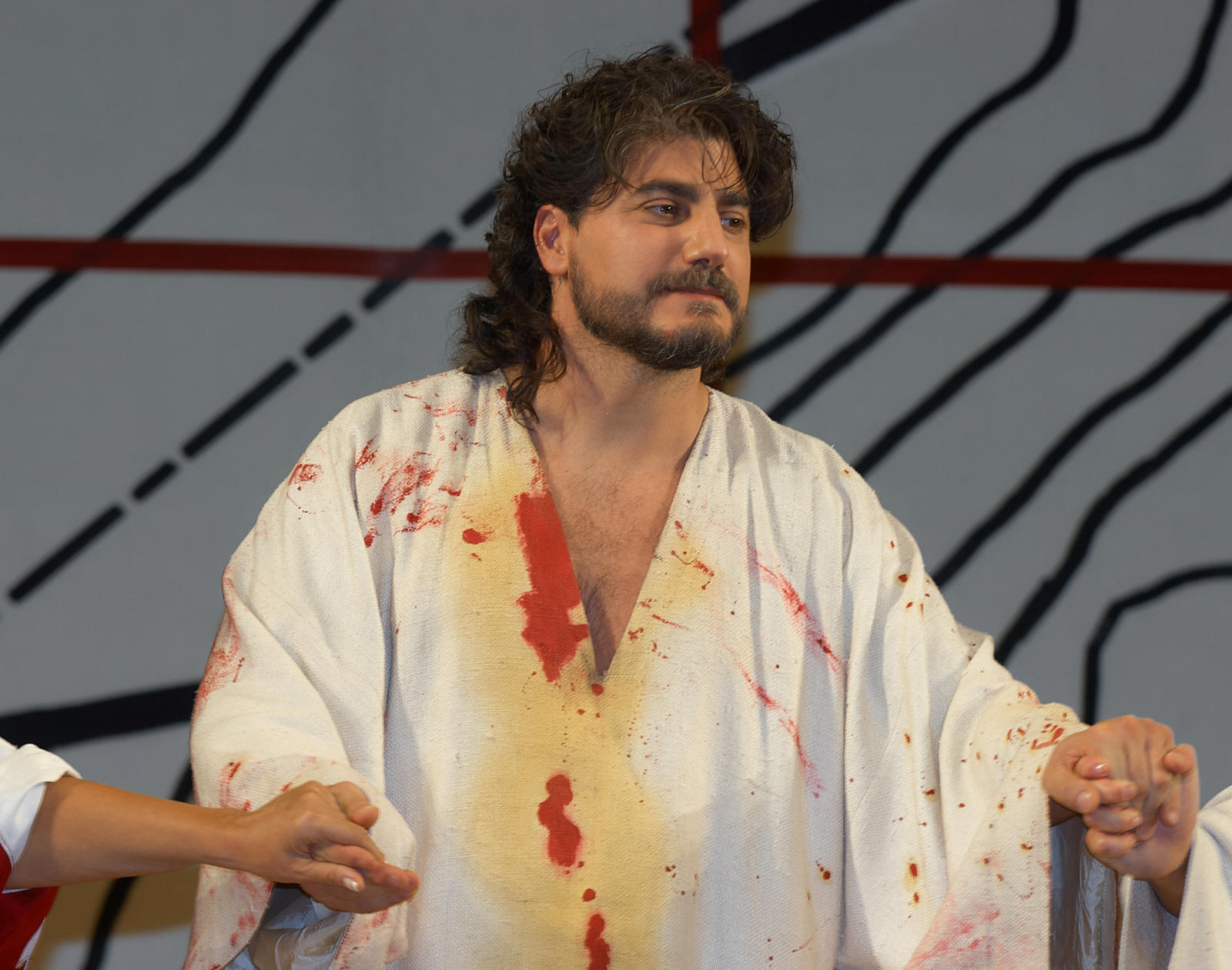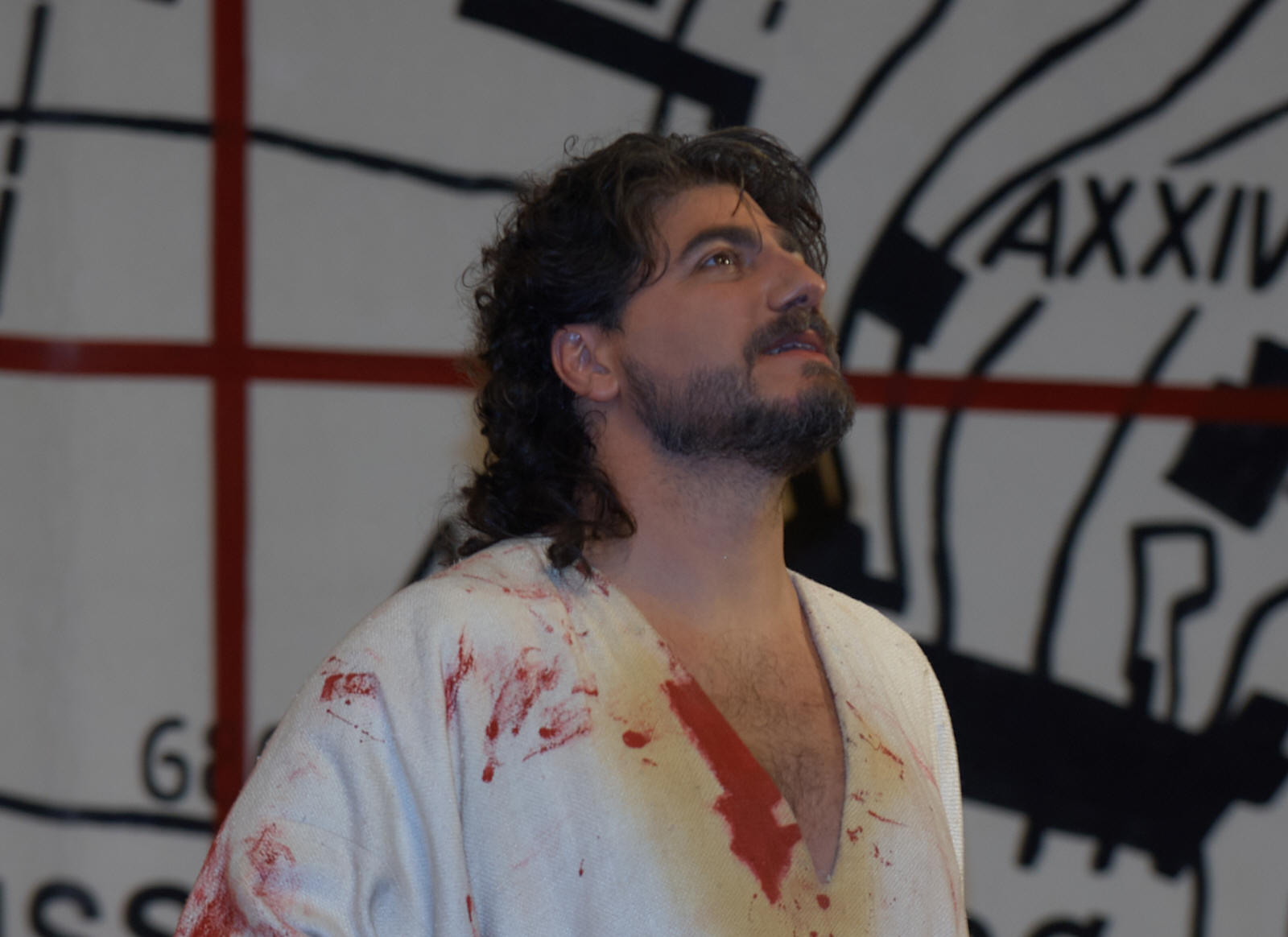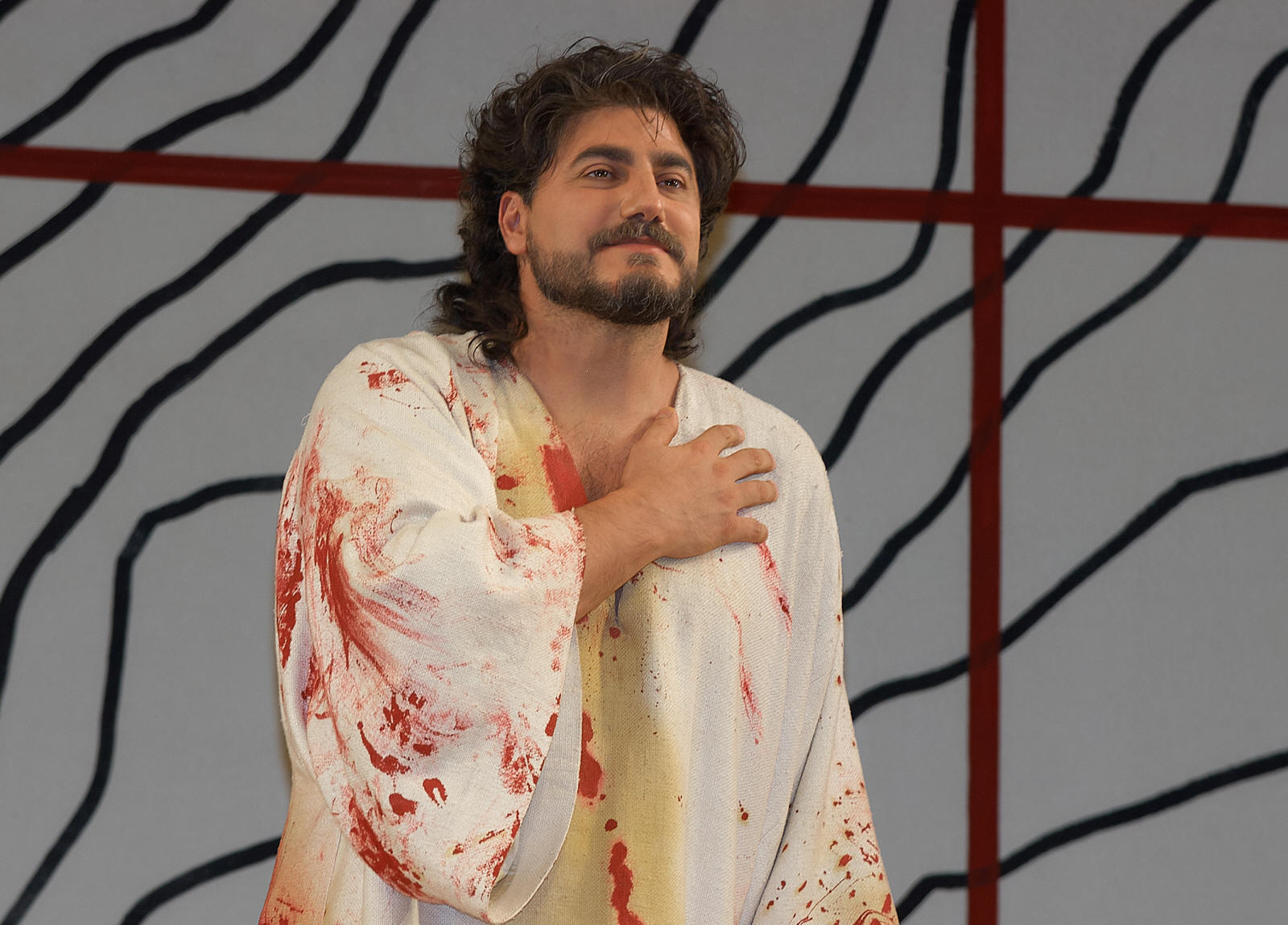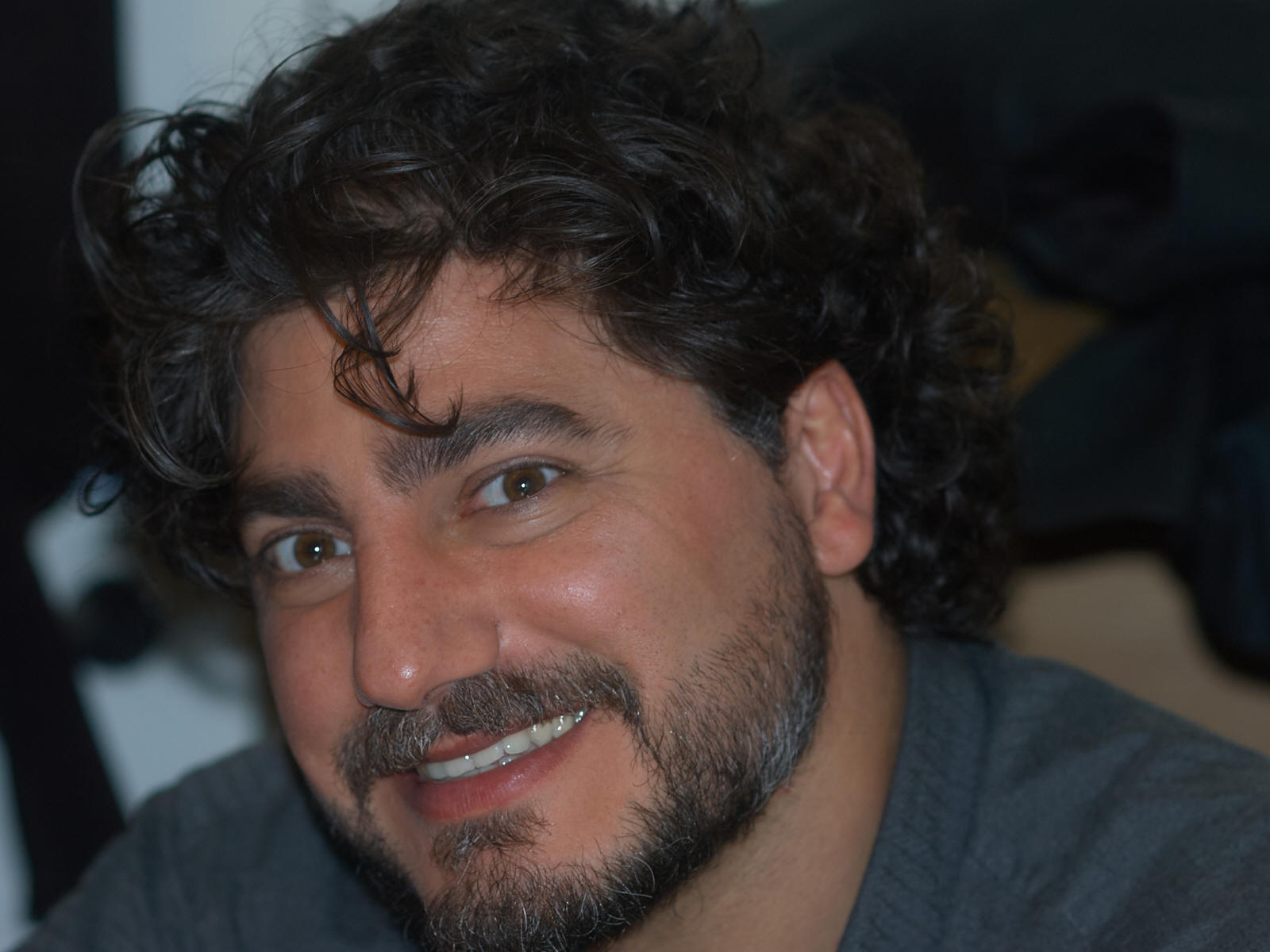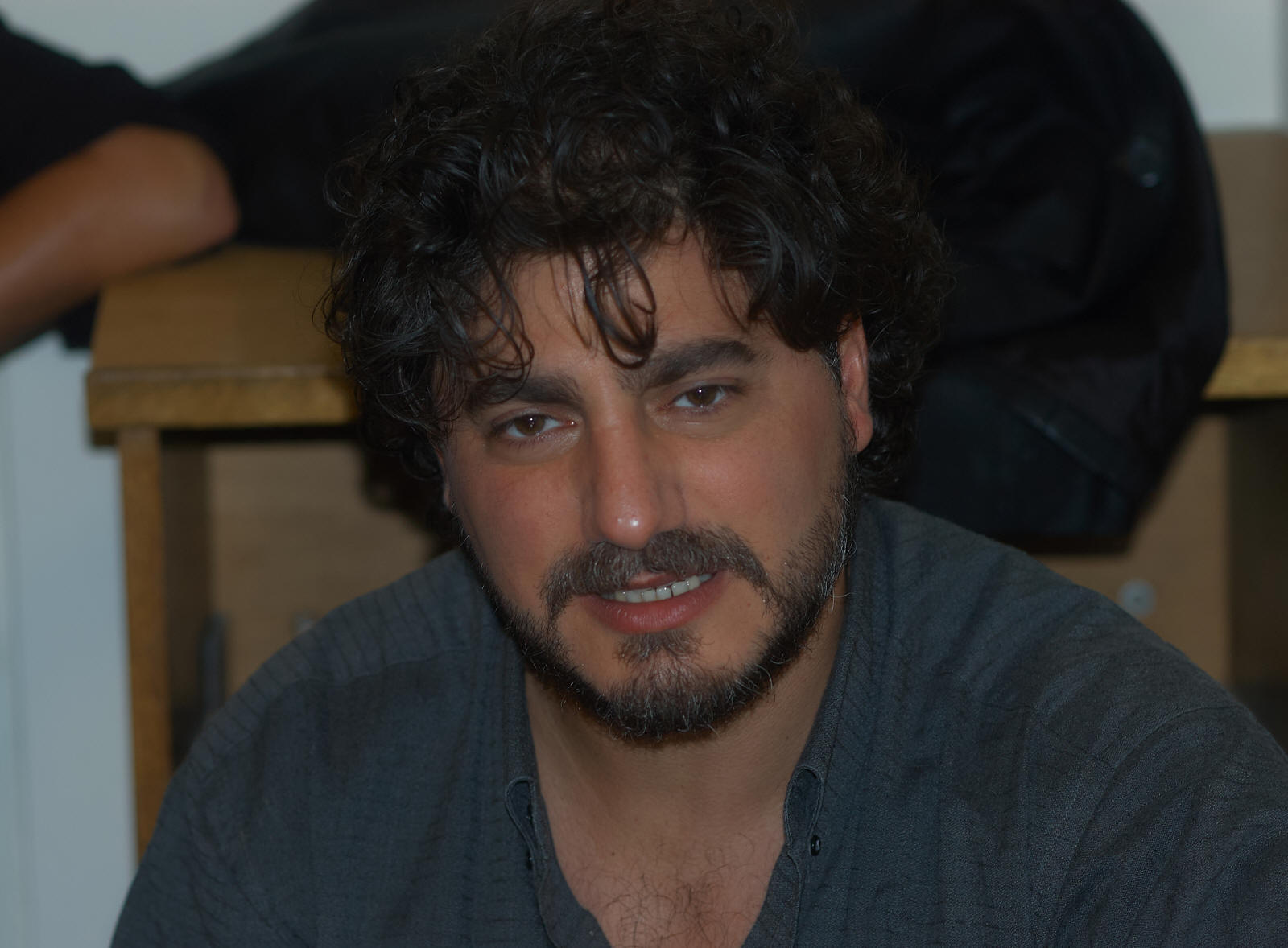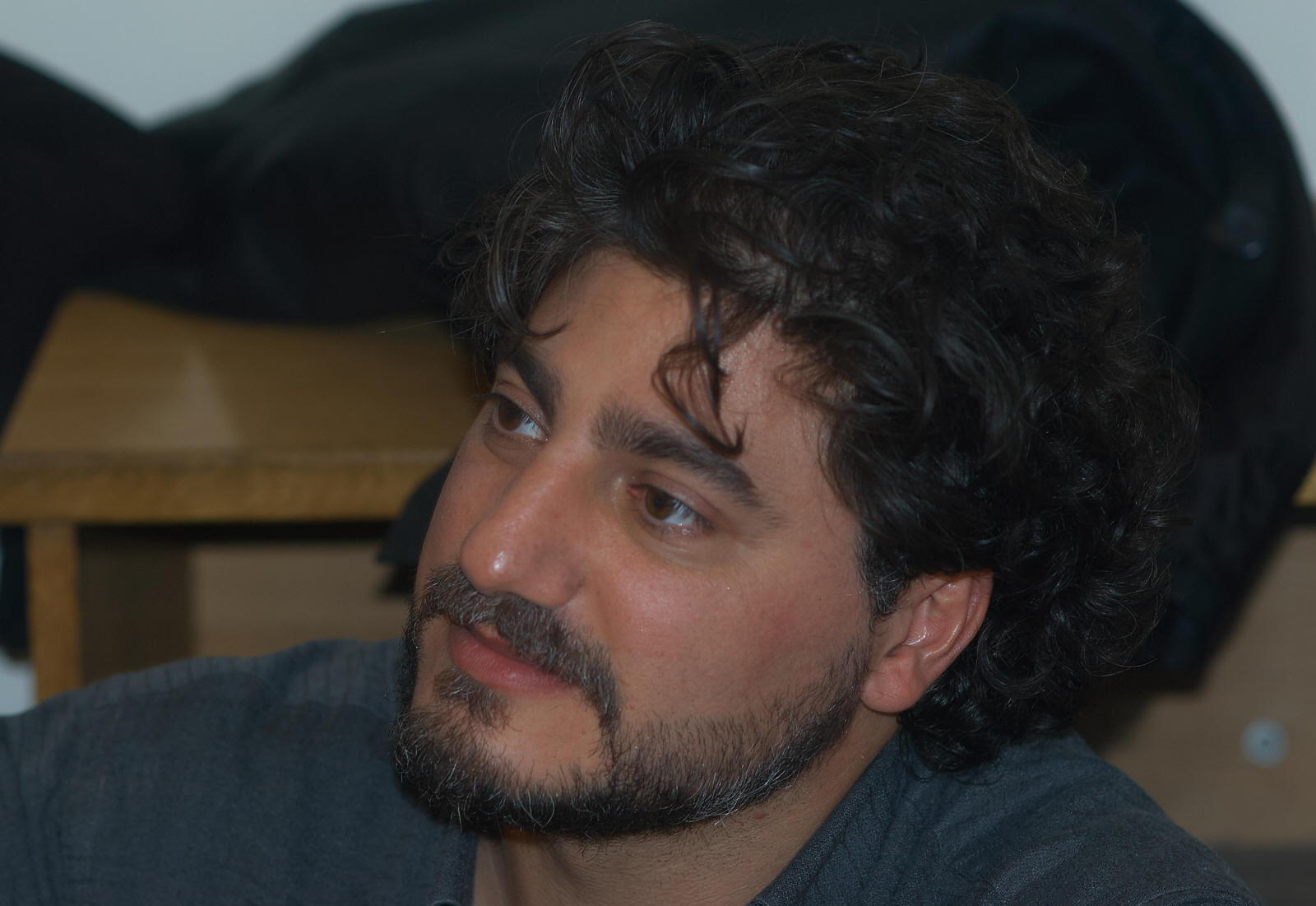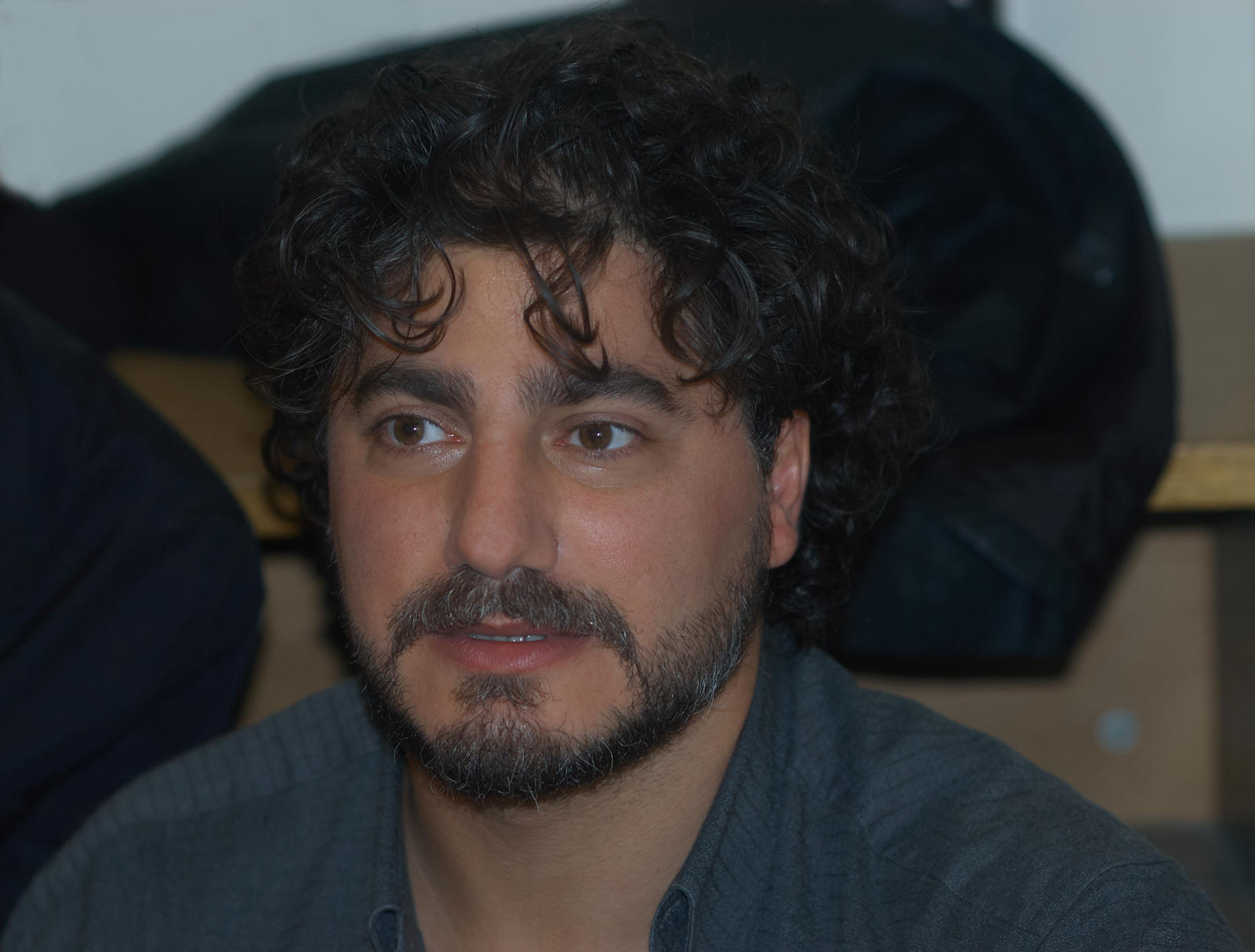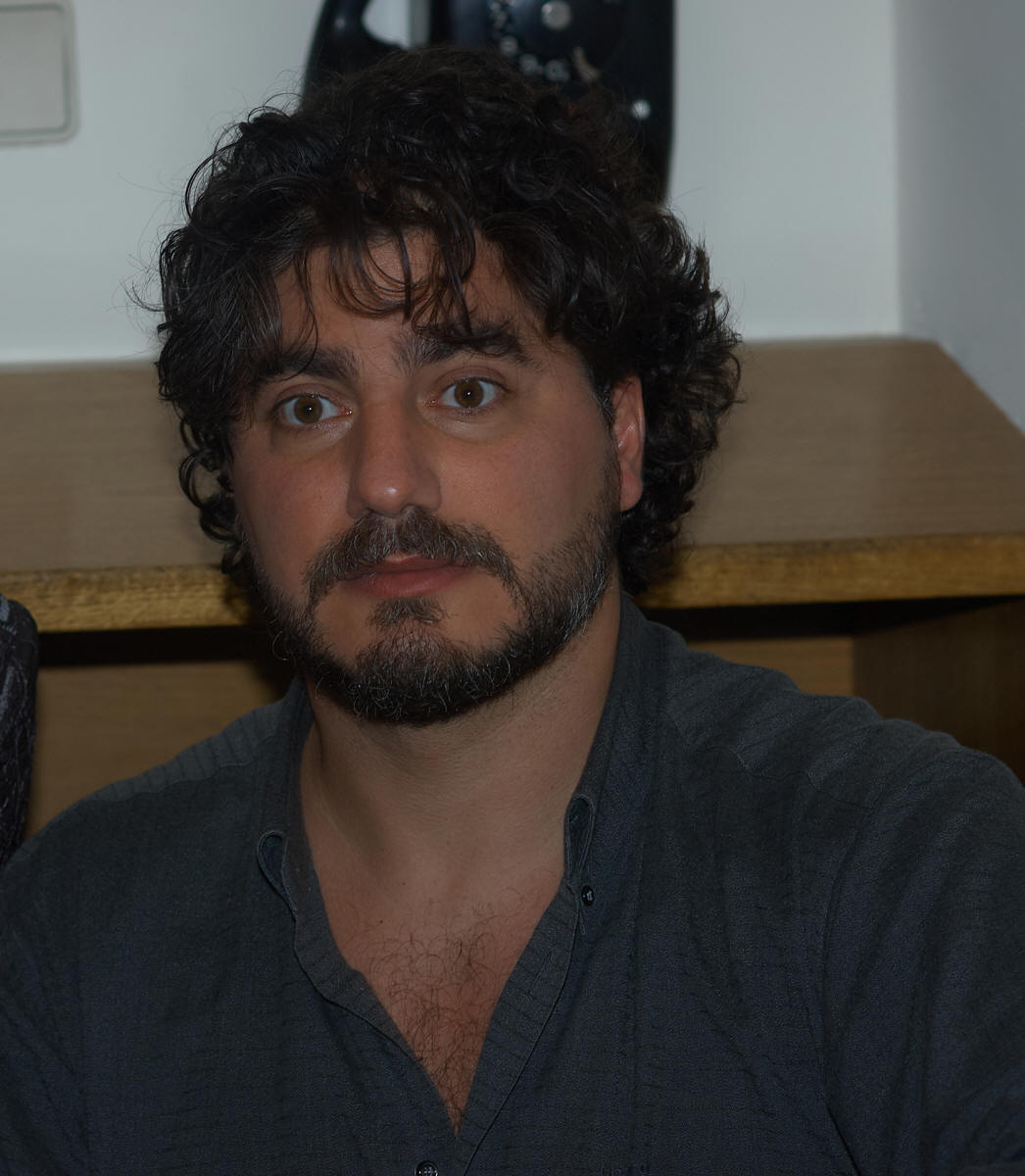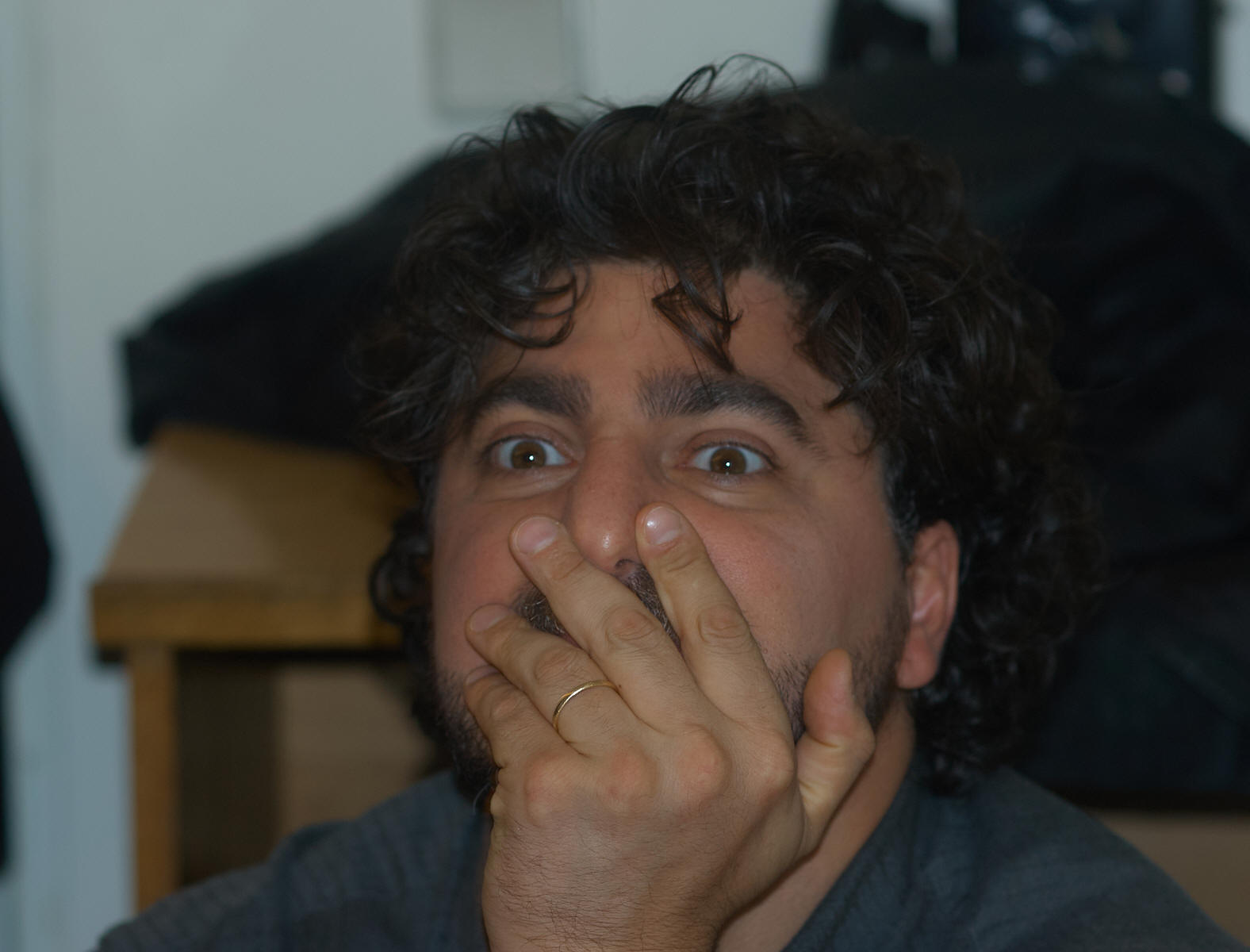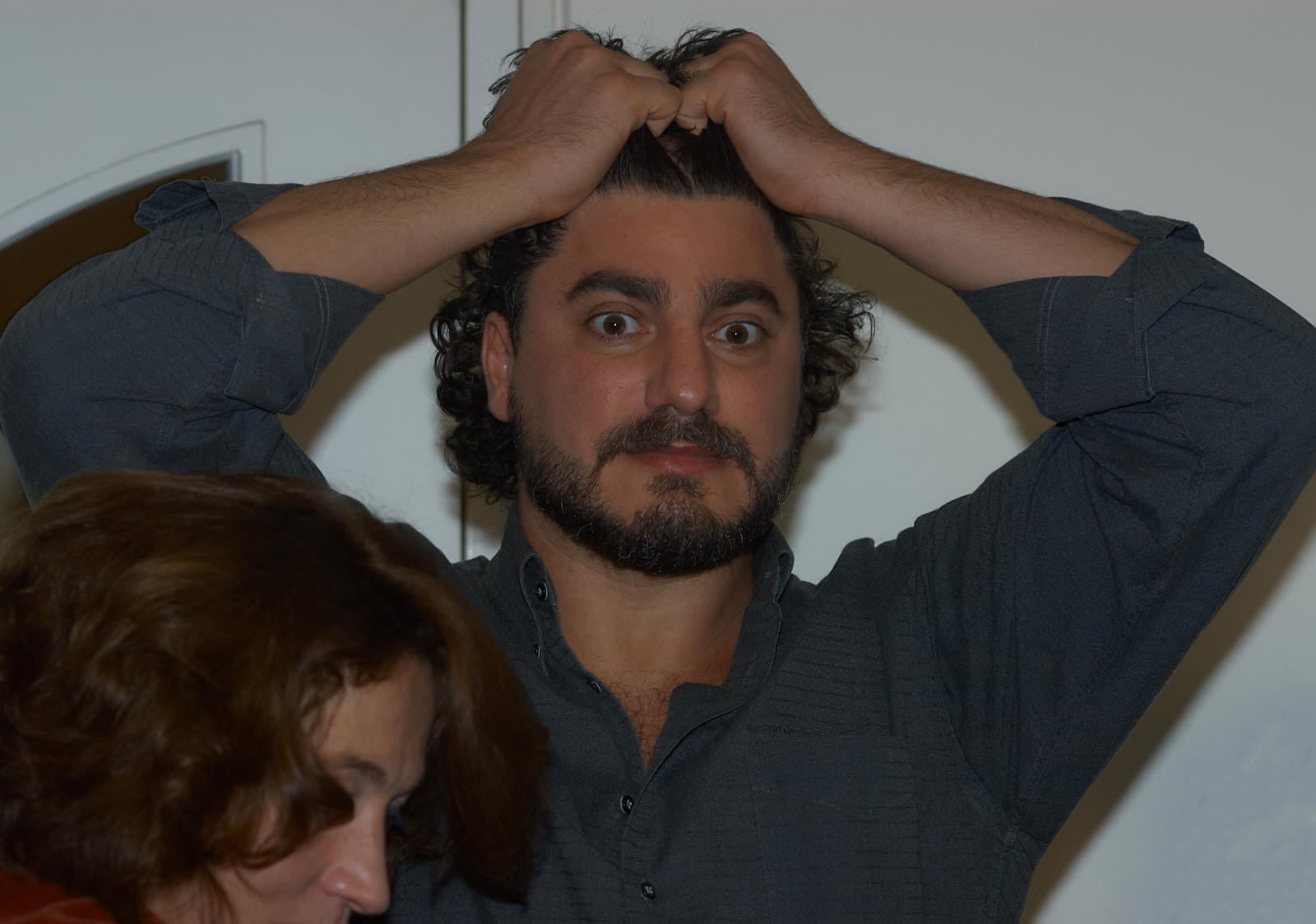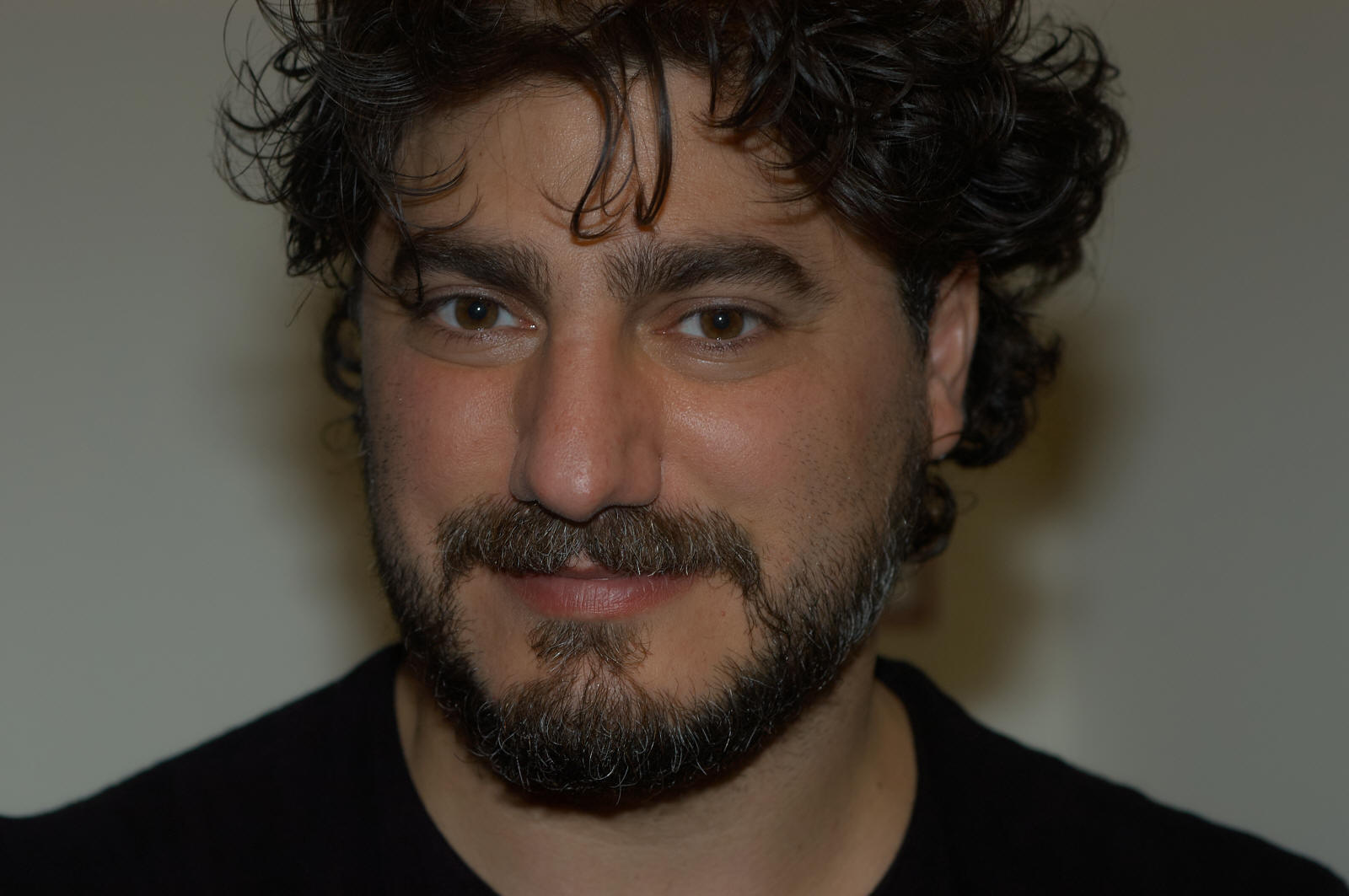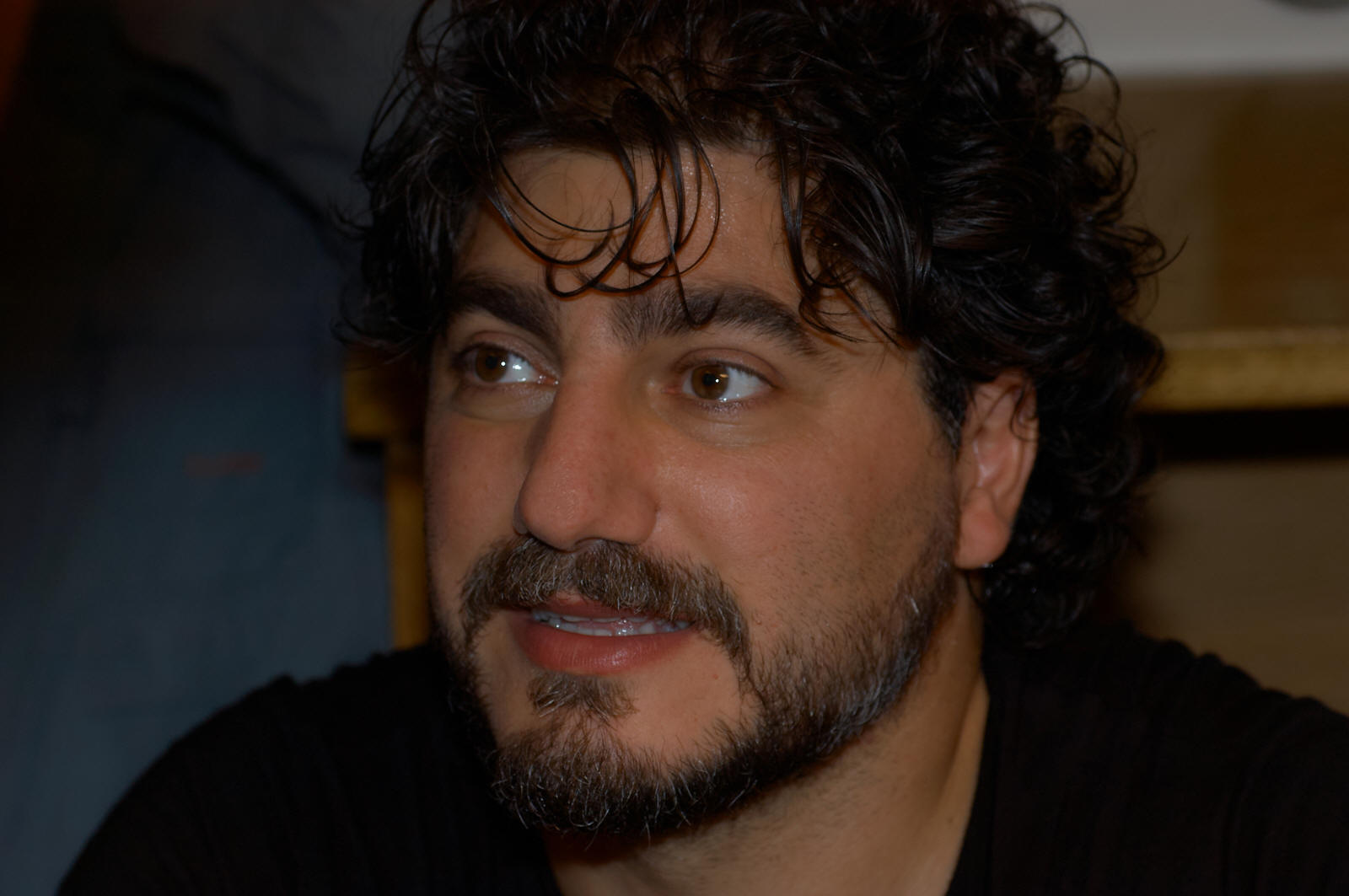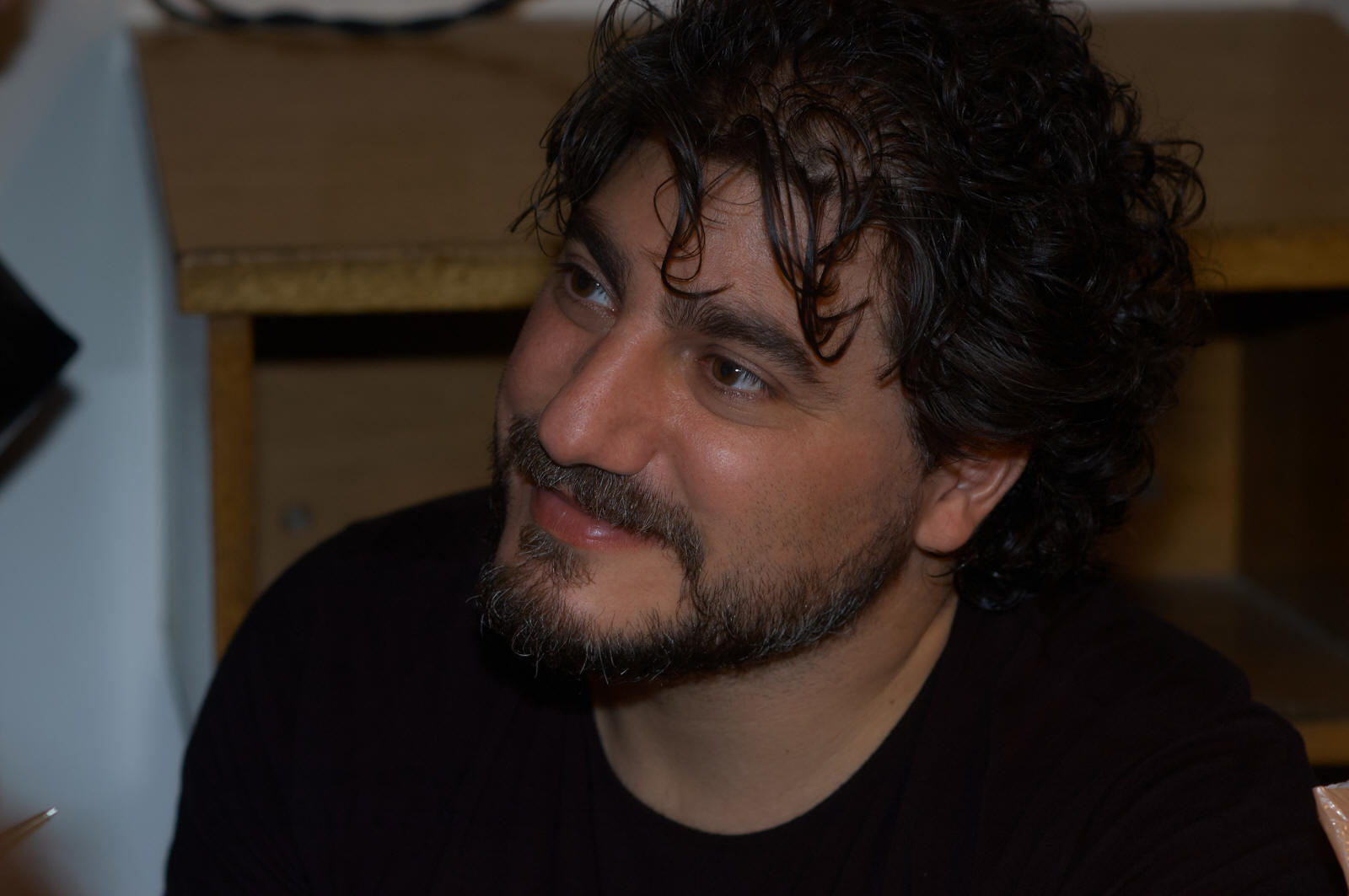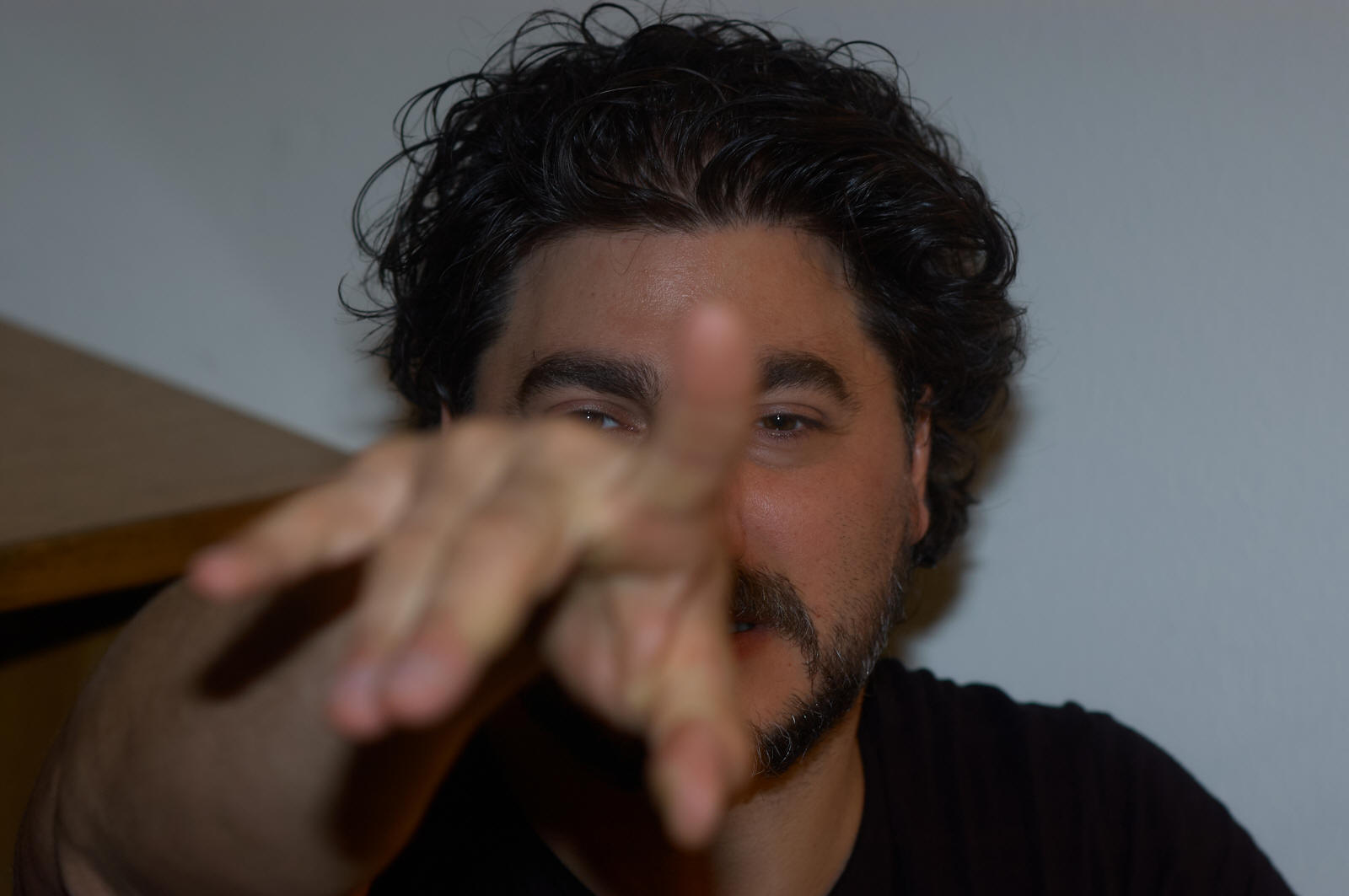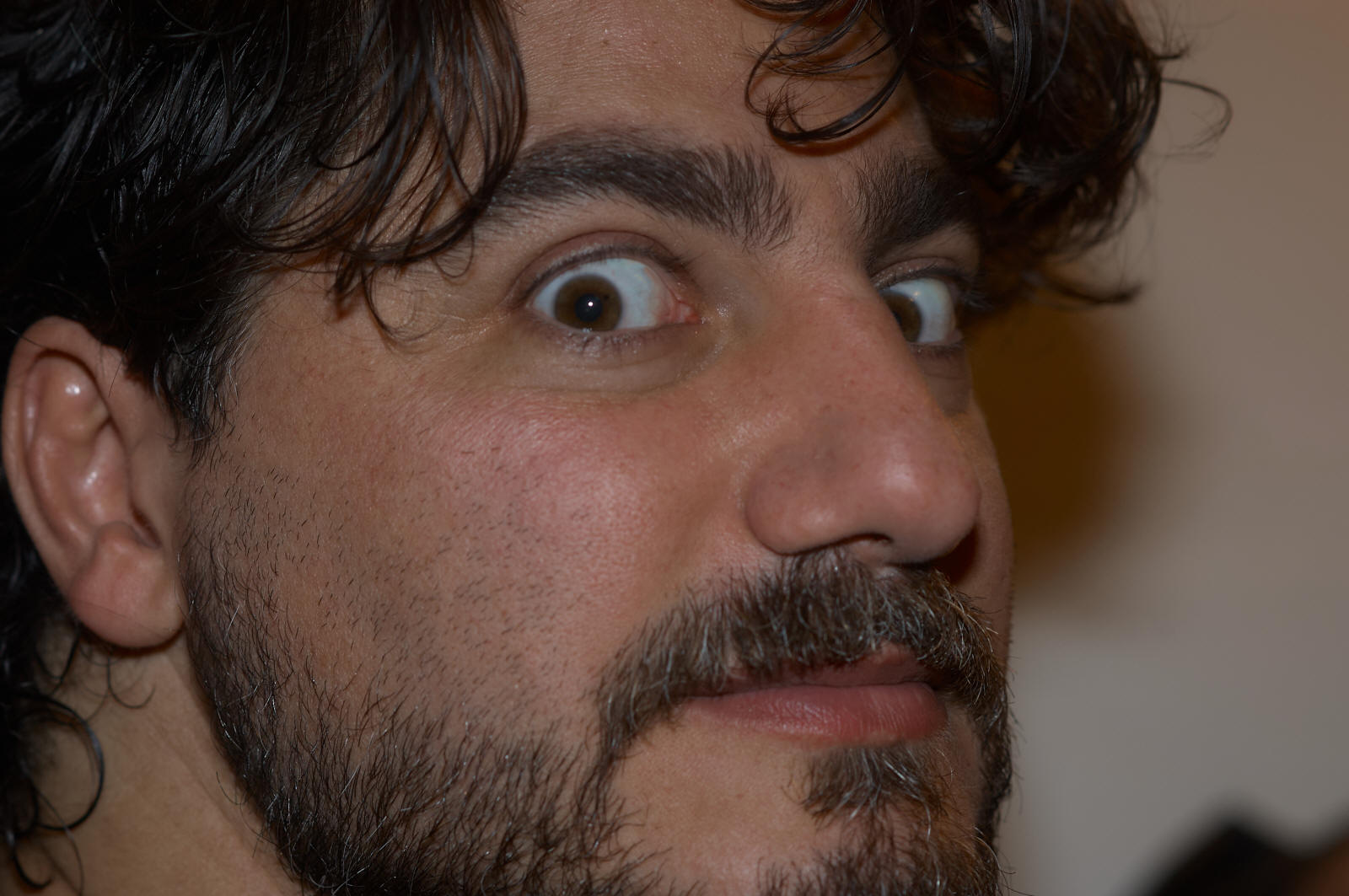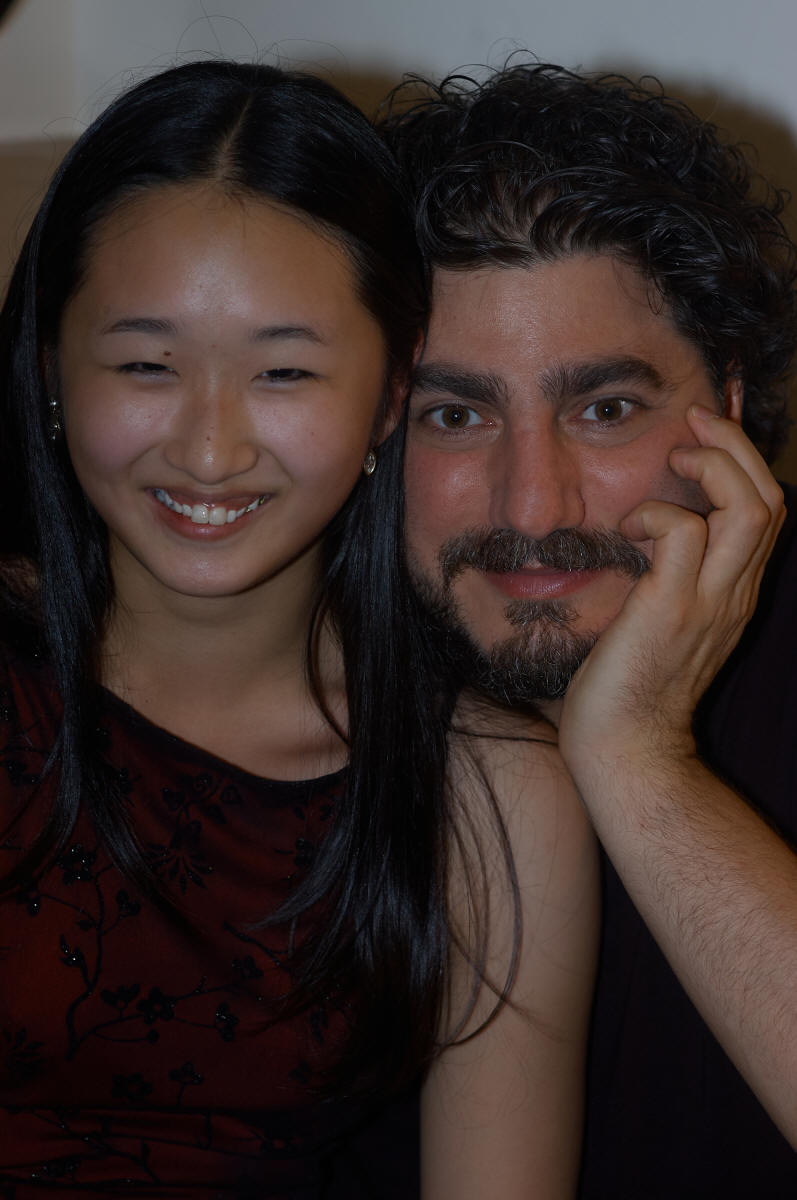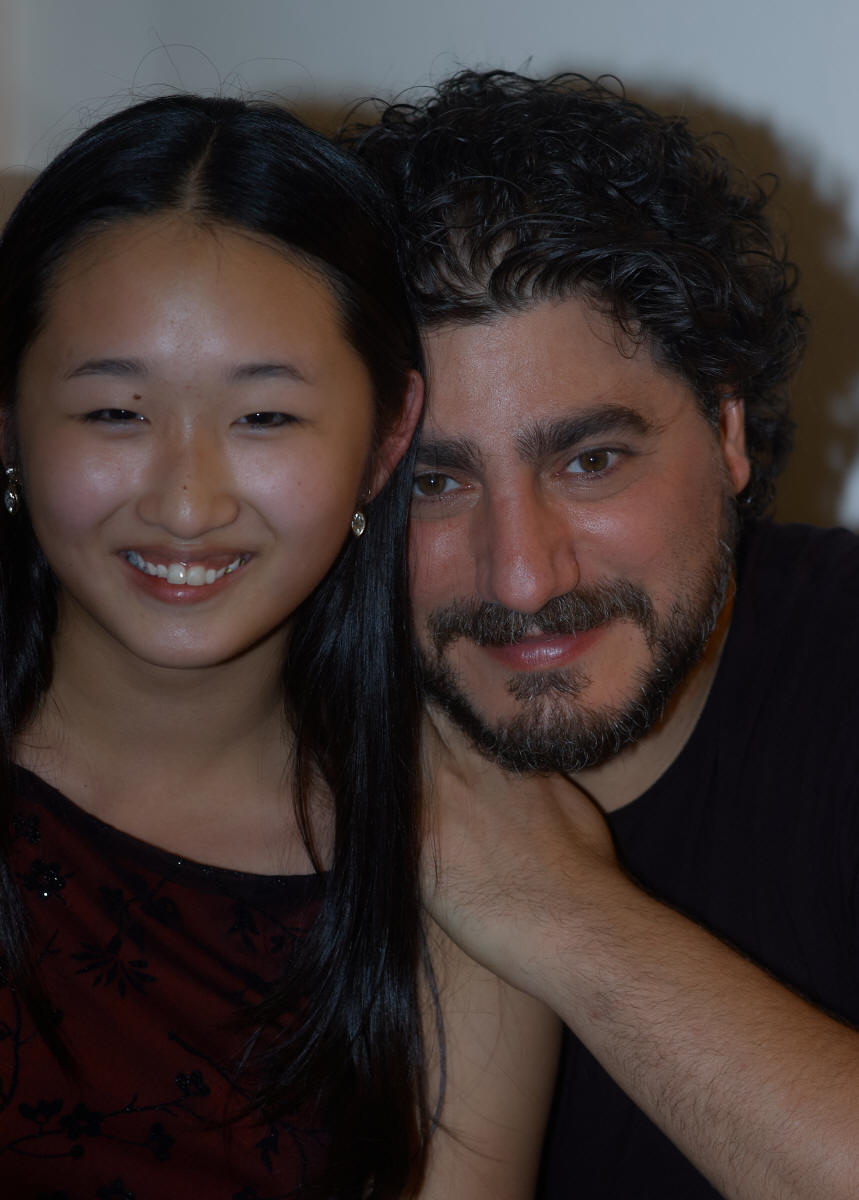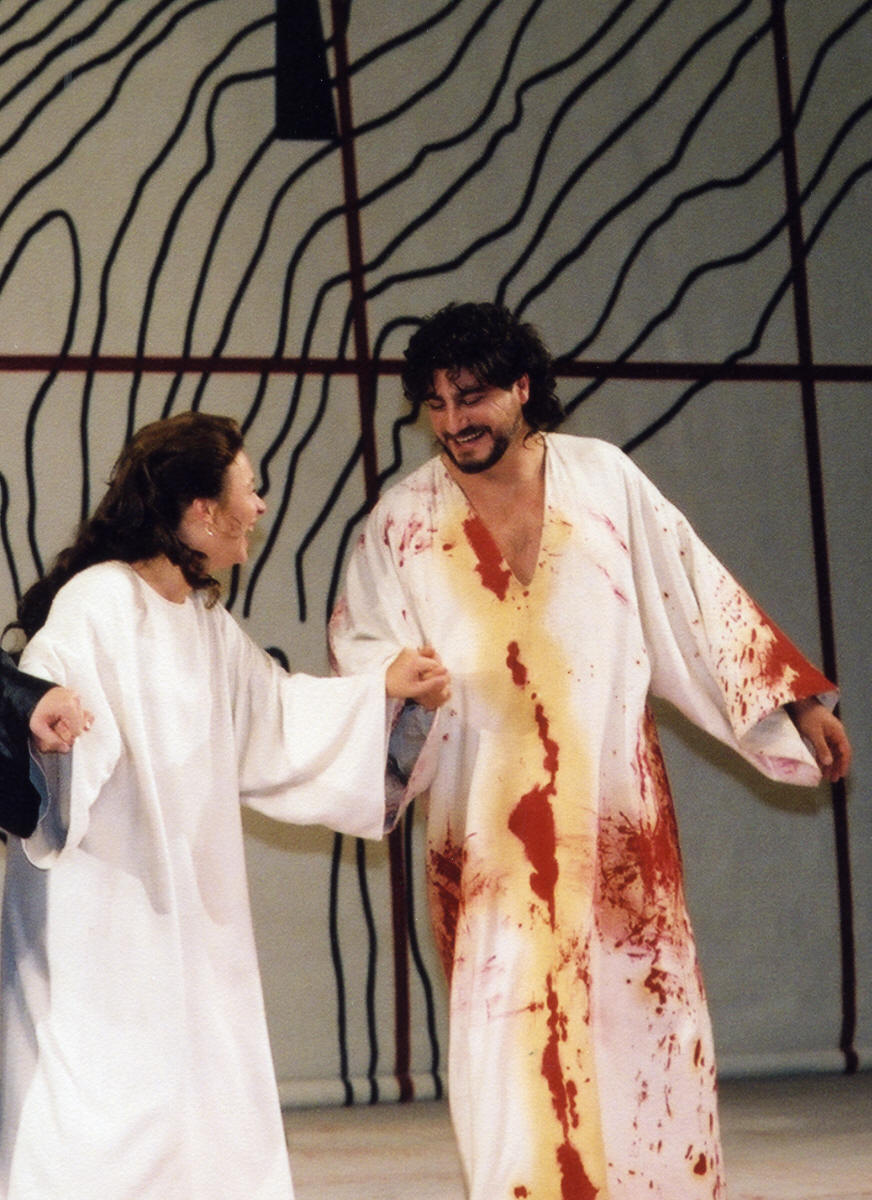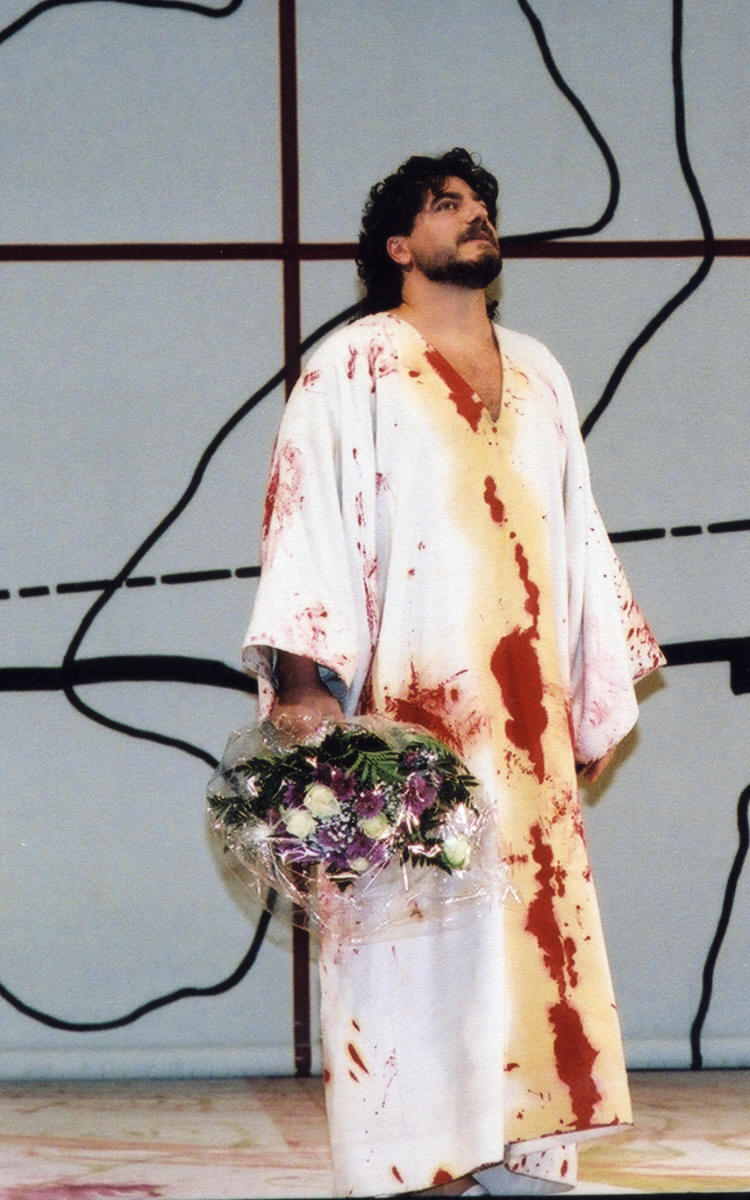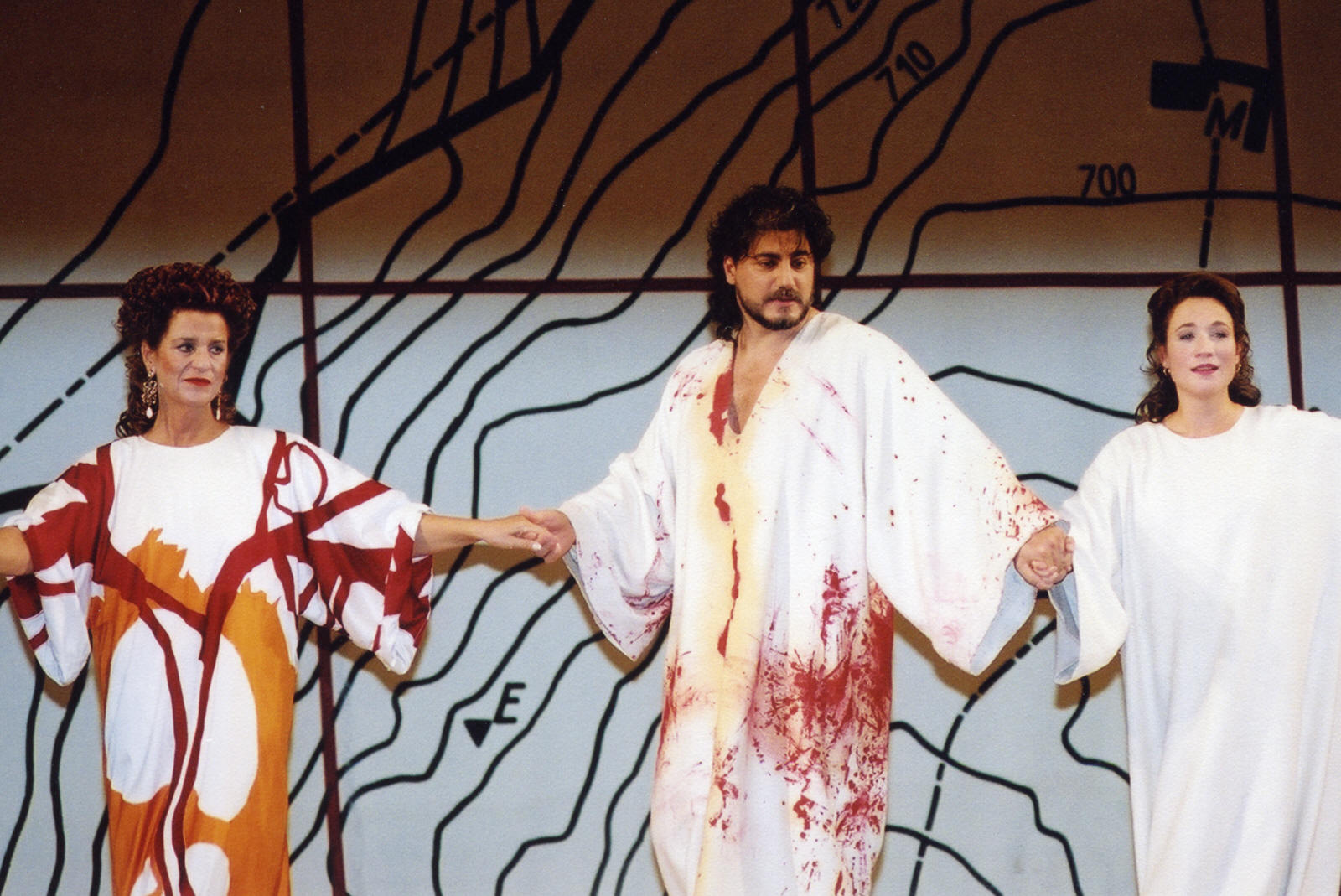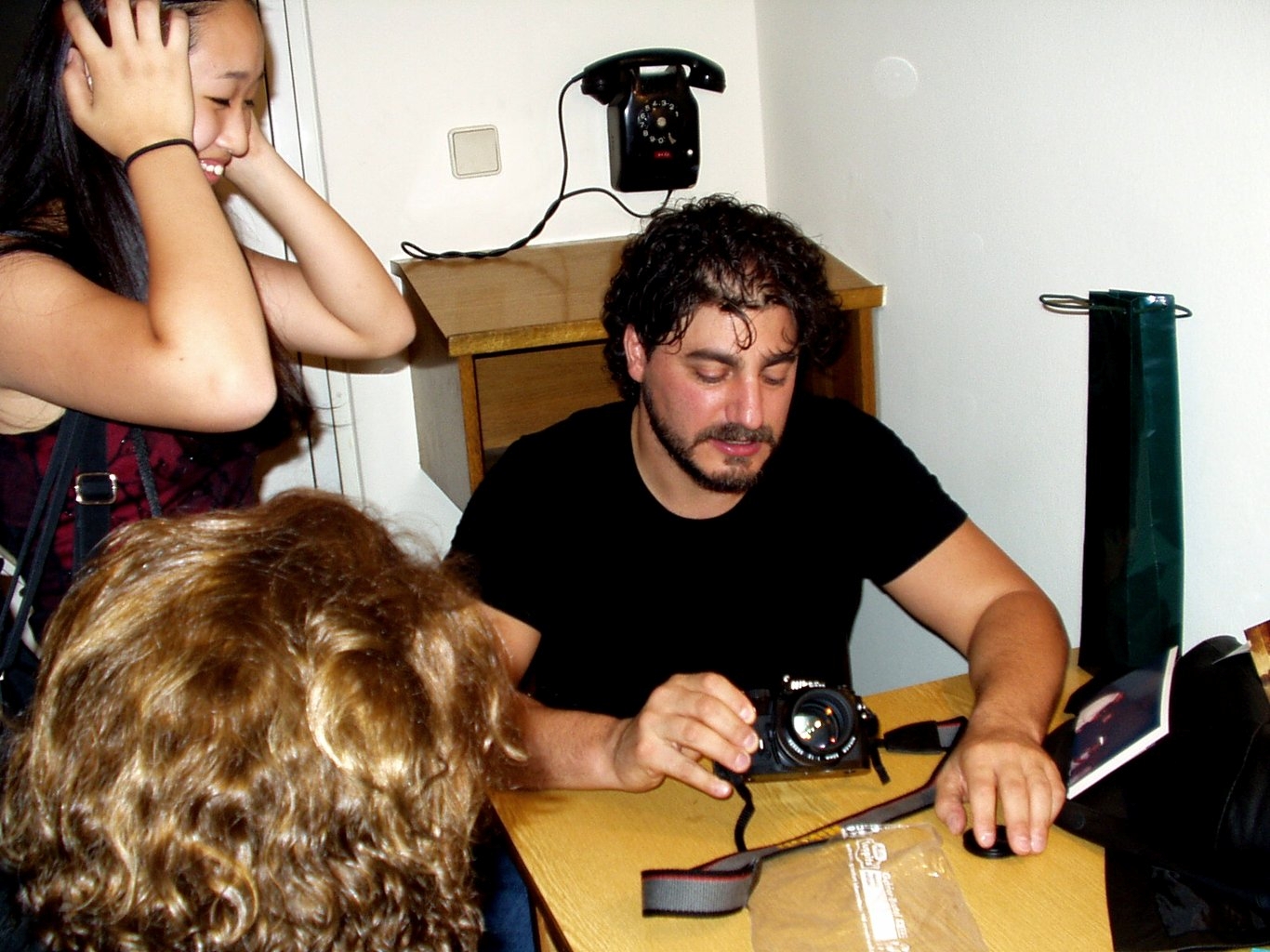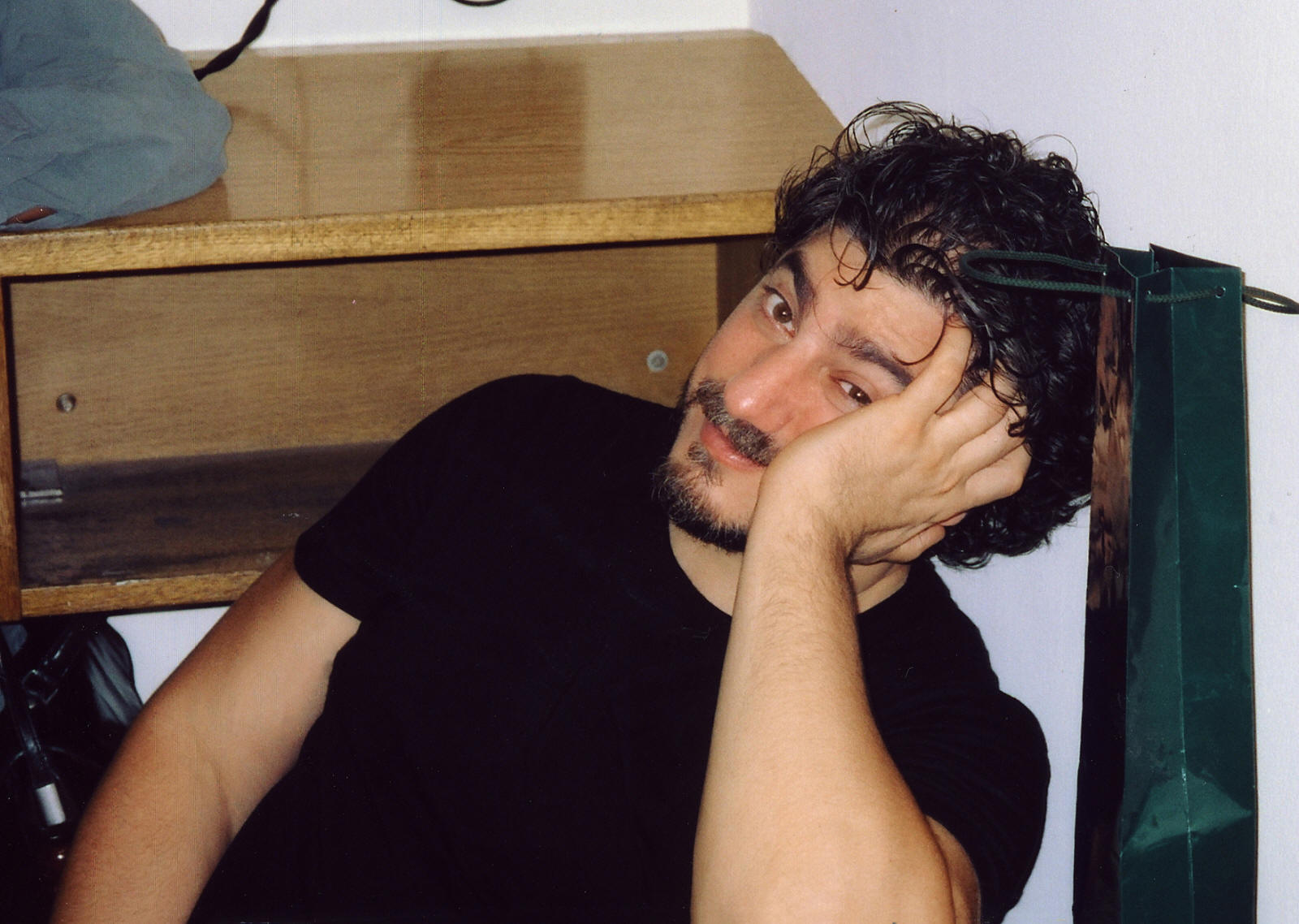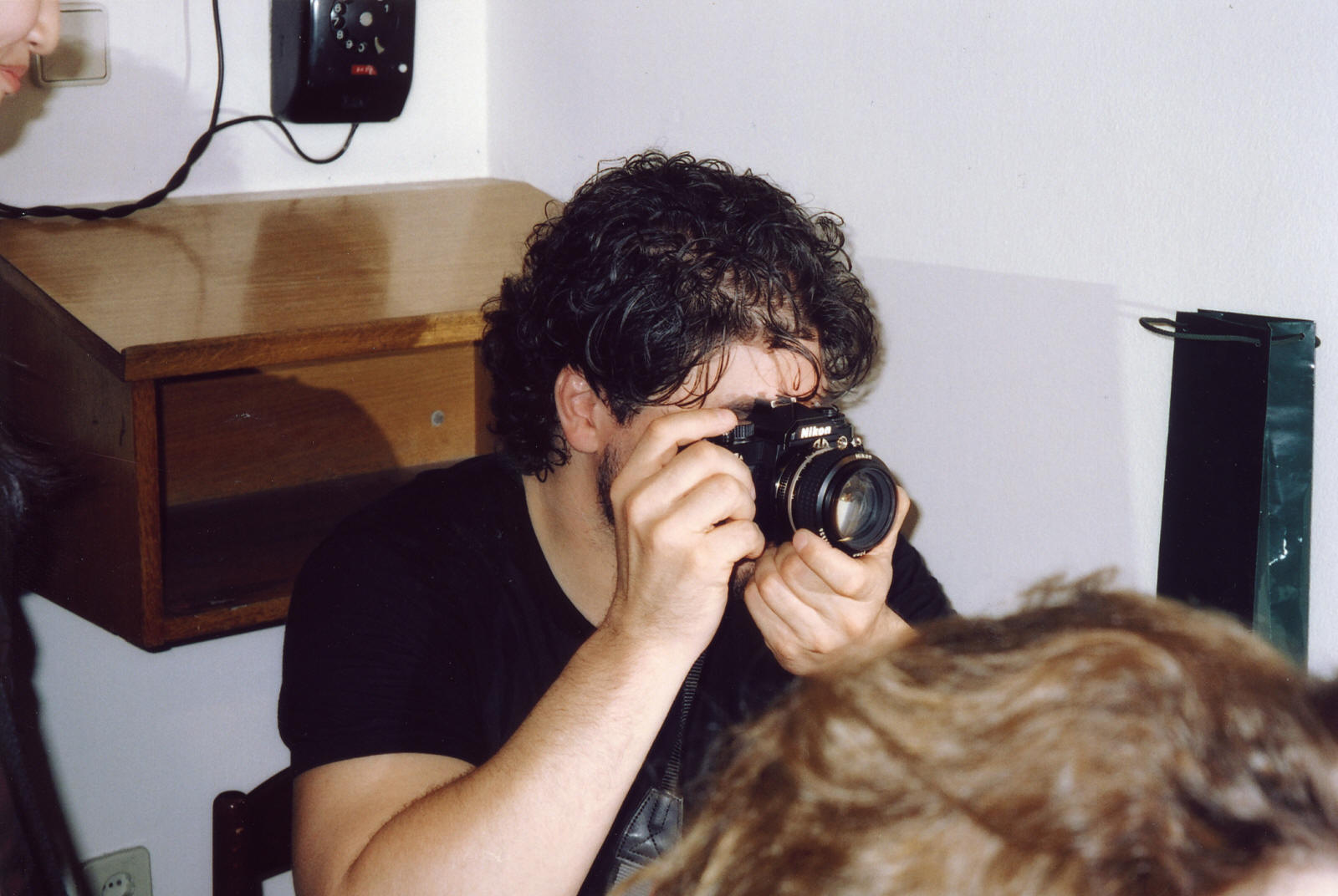|
Le Cid, Zürich, January 2008:
“The
chance to embody the right character and thus help a forgotten
opera to its revival on international stages during the
past years is the chance José Cura found in Le Cid.
It is as if the figure of Rodrigue, the legendary Spanish
war hero in this effective and artistic four-act opera,
was been made for José Cura, both with his macho-like extroversion
as well as with his tender musically miraculous visions.
Trumpet-like high notes stood beside tenderly breathed passages.”
Das Opernglas
Le Cid, Zürich, January 08: “José
Cura was dazzling in his debut as Rodrigo; the voice of
this artist is the correct size and measure for the role.
Cura is a singer of considerable vocal potential and when,
in his artistic journey, he succeeds in mastering [his voice]
rather than being its servant, his interpretation takes
on another face and character completely. Very musical,
precise, measured in the flow of the song and more vigorous
in the chivalrous exaltation when his timbre dominated with
an emission that took nothing away from the epic inspiration
of the tone, it was resplendent in its heroic and vibrant
intensity. Alternatively, he detailed a sensitive and impassioned
lover with great attention to the words and phrasing, giving
us an overall complex interpretation, sensitive and musically
much appreciated. […] There are evenings in
the theater in which the emotions of life takes a role in
the drama on stage; thus it was on evening of the prima,
when José Cura had been told only shortly before the performance
of his father’s death. The words of Superintendent Pereira
who announced the decision of the artist to sing anyway
gave voice to the great gratitude, emotion, consideration,
and respect for the actor and the courage of the man. The
audience that filled the theater rewarded the artist and
maestro with numerous and sustained applause, dedicating
a wonderful and very much spontaneous standing ovation to
the overwhelmed artist, holding him figuratively in an affectionate
embrace.” L'Opera
Le Cid, Zürich, January 2008:
“José
Cura was a thoroughly convincing young heroic tenor, impulsive
and suffering, who invested his character with the full
force of his radiant intensity and expressiveness. Cura’s
father had died on Sunday, but the singer gave a performance
nonetheless; he would not call off the premiere, traveling
home to Argentina only yesterday. With the applause at the
end, emotions rose to the top and feelings of solidarity
became apparent which must have existed backstage and surely
in the entire house all evening long. In the end, Cura took
the top off the prompter’s box and expressed his gratitude
there, too. For once, the dynamism, the vitality of this
cooperative project that is Music Theater became apparent.”
Tagesanzeiger
Le Cid, Zürich, January 2008: “José
Cura, every inch a Latin hotspur, sang the part of Rodrigue
with virile timbre. In the place of the elegance, flexibility
and agility needed for the part he put impressive vocal
power and stentorian treatment. But then, the tenor worked
under two-fold emotional stress, having found out that day
about the death of his father. That he took the stage nonetheless,
was something the audience thanked him for with a standing
ovation in empathy and he accepted, overcome by grief.”
Schaffhauser Nachrichten
Le Cid, Zürich, January 2008:
“Rodrigue’s famous prayer in Act three turned
into an event in Zürich. Certainly thanks to tenor José
Cura who surpassed himself, so moving and inspired was his
interpretation of the part. Cura went through his
first scene audibly marked (by the tragic death of his father),
but then he worked himself up into a state of extreme emotion-charged
intensity; he found muted vocal shades, also allowed himself
tearful outbursts and in spite of vocal extravagances adapted
himself to the ensemble, which followed along on a level
of highest quality. At the end, there was a standing ovation
for Cura, the scarred hero, and his comrades-in-arms which
lasted several minutes-- a rare occurrence in Zürich.”
St. Galler Tagblatt
Le Cid, Zürich, January 2008:
“[W]hen Director Alexander Pereira stepped
in front of the curtain at the start of the performance,
it was not to give a speech commemorating Andreas Reinhardt
but rather to disclose that tenor José Cura’s father had
died suddenly in far-away Argentina only a few hours earlier.
In honor of the deceased, the artist was nevertheless going
to take the stage. Thus in a strange sort of way, the actor/singer
and his character, the national hero El Cid, became one.
For Massenet’s opera, based on the dramas of Corneille and
Guillen de Castro, is essentially about fathers and the
duty which their children are obligated to fulfill toward
them. Here, the assessment of the evening becomes difficult.
Where was the line on this evening between Cura’s own personal
despair and that of his character? In any case, the intense
emotion with which he gave shape to his role was overwhelming.
One could hardly expect soft, melodious tone color from
his tenor voice under these circumstances; furthermore,
his singing was physically a huge effort and act of strength.”
Neue Zürcher Zeitung
Le Cid, Zürich, January 2008:
“As a singer, [Cura] was impeccable; with
commanding vocal brilliance, intensity and charisma as well
as with stylistically secure, at times willful, but always
musically and emotionally comprehensible voice-leading.
The standing ovations, which he merited in every respect,
were certain to be his at the end. Only in the third
act, which belonged entirely to the lovers, did refinement
and sensitivity, French-style tone color play and vocal
nuances come to life. The rest of the time it was fortissimo
for all! That didn’t rattle someone like José Cura; his
voice even eclipsed the entire chorus and the full orchestra
when necessary.” Die Südostschweiz
Le Cid, Zürich, January 2008:
“Given
the vocal ‘forza’ and the expressive power and effectiveness
which the Argentinean singer was able to put into the part
of the protagonist, one cannot but admire the professionalism
of this artist. Bravo!” Aargauer
Zeitung
Le Cid, Zürich, January 2008: “Truly
profound feelings: world-class tenor José Cura sang the
premiere of Jules Massenet’s rarely performed opera Le
Cid in Zürich last night in tribute to his father who
had died that same day. Intense emotions- tears –not only
on stage but in the entire opera house: the standing ovations
which the audience offered José Cura spontaneously after
the Zürich premiere of the rarely performed Massenet opera
were not just for his great performance as tenor but also
for his selfless appearance on stage. The Argentine had
received word of the sudden and apparently entirely surprising
death of his father in his homeland only that very morning.
However, Cura did not abandon the ensemble especially since
a replacement for such a rarely performed role as that of
the Spanish hero Le Cid could hardly have been found.
The plea of managing director Alexander Pereira for positive
energies was granted: Cura sang a grand performance – and
dedicated it to his father.”
Badische Zeitung
Le Cid, Zürich, January 2008:
“Michel Plasson, a regular at the Swiss opera
house, brings out the colorful and the bombastic in Massenet’s
music, but also plays the sensitive music like battle noise.
This is large music with large feelings and quite impressive,
but where is the balance? Where are the lyrical moments?
But the singers had to carry on regardless, especially José
Cura (whose father, we learned, had just passed away). In
spite of his personal tragedy, Cura did not cancel and his
was a nearly superhuman achievement, for which we are both
thankful and appreciative for thinking of the audience,
many who had travelled for long distances. Cura was the
martial warlord who is nearly shattered by the conflict
between love and honor—he knows how to roar out during the
dramatic moments and how to stir our hearts with pianissimo
d'amore. His was a magnificent achievement under any
circumstances, increased by the fateful one that surrounded
his appearance. Great applause for all, but most particularly
and naturally for José Cura.”
Operapoint
Le Cid, Zürich, January 2008: “Isabelle
Kabatu and José Cura did not miss the chance to extract
and deliver the essence, the perfume from out of the fullness
of their ample voices: warm-toned mezza voce, melodious
and song-like flow that blossomed out into something great.
Cura had yet another lyrical high point to follow in the
subsequent scene with ‘O souverain, o juge, o pere.’ The
extensive applause was well-deserved, but the standing ovations
for José Cura may have been less for the hero, whom he embodied
on stage and more an expression of sympathy. At the beginning
of the performance, it has been announced that Cura had
received the news of his father’s death that morning, but
had decided to sing nonetheless, thereby saving the show.”
Der Landbote
Le Cid, Zürich, January 2008: “Not
only had the house lost Andreas Reinhardt, the designer
of the current production who had died just a week or so
before opening night, but the long-awaited performance in
the title role of José Cura was marred by the news and consequent
announcement that Cura’s father had passed away the very
morning of the premiere. His personal decision to go on
was met with a mixture of sympathy and quiet unease by the
public, and with sympathy and gratitude by the cast, orchestra,
conductor Michel Plasson and Mr Pereira. Le Cid is
a work which needs the high, florid style of French classical
drama declaimed in ringing tones. Cura’s tones certainly
ring and his love Chimene (Isabelle Kabatu) joined him in
some lovely duets. Unfortunately the supporting cast of
royals and courtiers were on a different level. However
the chorus, as ever in Zürich, was highly trained and rehearsed
and a credit to the house. Michel Plasson brought out the
best in the music, but the orchestra was simply not on the
same level as his Orchestre Nationale du Capitole de Toulouse
with which this version was co-produced. Applause for Michel
Plasson and deep sympathy for José Cura in what must have
been the most difficult performance of his career.”
Opera
Critic
Le Cid, Zürich, January 2008:
“On the day of the premier, his father died.
Nonetheless, tenor José Cura took the stage, allowing his
own personal pain to resonate: superb. It was an experience
of twofold agony for José Cura on this evening, his father
having died suddenly on the day of the premiere. Never before
had the Argentine tenor been seen so emotionally involved
in his role as on this evening as Le Cid in Jules
Massenet’s opera by the same name. In Cura’s case it did
not just mean: “The show must go on”; rather, in his singing
there was a hint of personal pain vibrating along. The way
he kept adjusted the heroic registers of his rich tenor
voice time and again to muted piano tones was simply magnificent.“
Neue Luzerner Zeitung
Le Cid, Zürich, January 2008: “The
premiere of Le Cid was to take place under tragic
circumstances: renowned stage designer Andreas Reinhardt
died shortly after rehearsal start up, José Cura’s father
the morning of the day of the premiere. That the performance
went on stage nonetheless attests to the professionalism
of all participants. Especially José Cura merits utmost
respect for enduring, for making it through the evening
in magnificent fashion despite this bitter blow of fate
dealt him personally. The audience gave José Cura a standing
ovation to show respect as well as express sympathy and
gratitude. Cura painted an impressive portrait of
Rodrigue, the hero who is torn between love and family honor.
The highlight was surely the scene of Chimene,
mourning and despairing, and her subsequent duet with Rodrigue,
in which both protagonists, Isabelle Kabatu and José Cura,
charmed (the audience) with nuanced acting and singing.
Appreciation to the director for creating an impressionistic
picture, intimate and full of atmosphere, to go with Rodrigue’s
prayer (‘O souverain, o juge, o pere... ‘): exactly
this very scene which must have been immensely difficult
for Cura in light of his personal circumstances- he performed
this prayer brilliantly, with bravura), appreciation that
he did not succumb entirely to the temptation of quasi-religious
kitsch in his treatment of the apparition of St. Jacques
and the celestial voices but was impressive in showing the
solitude, the loneliness of the hero.”
Art-TV
Le Cid, Zürich, January 2008: “With a huge
standing ovation, the Swiss audience in the prestigious
Zürich Opera house applauded Argentine tenor José Cura,
rewarding not only a brilliant artistic performance but
above all the sacrifice and fortitude needed to sing that
night. Cura dedicated the performance to the memory of his
father, who had died in Argentina the same morning as the
singer’s debut in the role of Rodrigo in the new production
of the infrequently staged opera by French composer Jules
Massenet, Le Cid. According to news reports, the
death was completely unexpected; however, the tenor exhibited
great professional commitment both to the audience—who were
attending an important first—and the theater, which would
have had serious difficulties in finding a replacement,
in just a matter of hours, for a role that few singers have
in their repertoire. Cura made the debut with reliability,
collected the gratitude of both his companions and the public,
and only the next day flew back to his native Rosario. [The
solitude of the hero in ‘O souverain, o juge, o père’] must
have made it immensely difficult to sing, but the tenor
performed with great nobility. Dynamics which shifted between
forte and mezzo-forte presented no problem for this tenor,
who prevailed on the orchestra with a powerful and interesting
voice and an always inexhaustible reserve. Despite
the personal tragedy, it was an artistically triumphant
night for the Argentine singer.” La Nacion
Le Cid, Zürich, January
2008:
“José
Cura looked and acted the part of Rodrigue to perfection—youthful,
courageous, deeply involved emotionally. Tragically, the
tenor learned on the morning of the performance that his
own father had died the previous night in Argentina—a circumstance
that must have put extraordinary stress on him during the
singing of the text that makes constant reference to Rodrigue’s
aging progenitor. Cura understandably needed some
time to settle down and adjust his vocal means but then
poured all his heart into a melting ‘O sourverain, ô juge,
ô père.’ Cura’s tenor certainly has the necessary steel
that Jean de Reszke, the first Rodrigue, seems to have possessed:
in Act III, the opera’s musical apogee, the irresistible,
sensuous charm of Massenet ensnared the audience when Cura’s
vigorous tenor joined in duet with the soaring soprano of
Isabelle Kabatu, his completely captivating Chimène.”
Opera News
Le Cid, Zürich, January 2008:
“[José Cura’s] acting intensity compensates for what he
lacks in pure vocal technique - the breaks in register and
the high phrases disintegrating into single notes are hard
to ignore. But Cura can captivate an audience and
the director relies heavily on that.” Der Bund
Le Cid, Zürich, January 2008:
“How Isabelle Kabatu and José Cura threw themselves into
their parts, downright conquering them, is impressive.
With Cura's Rodrigue there was often an overdriven intonation,
a singing of permanent excess (expressive) pressure, on
baritonal foundation in the high notes, but also of enormous
consistency. It was as if the performance, nourished
by the tragic circumstances surrounding it, swung up and
up, as if the emotions of all involved potentiated themselves
into an expressive maelstrom that finally swept the whole
far beyond the sum of its parts. In the end, the entire
audience rose for the artist of integrity José Cura.”
Opernwelt
Le Cid, Zürich, January 2008:
““And then these great voices, José Cura as Cid was able
to sing the alternation between heroism, despair and love
with fabulous power and an unheard of colorful shimmering
palette of expression, and with moving devotion and seemingly
infinite reserves. All in all, a surprisingly ravishing
and grandiose role debut for all involved. The empathetic
standing ovations were not only, but above all, for José
Cura's magnificently inspired performance.” Zürichsee-Zeitung
Le Cid, Zürich, January 2008:
“José Cura is often controversial: his art of singing has
both the gift of irritating the purists and of exciting
an audience fond of decibels. The singer's voice is indeed
powerful, but his technique sometimes goes against the rules
of art with his high notes, as if to more surely arouse
the applause of fans who have already been won over...
The Zurich premiere of Massenet's Cid was marked by fate:
the set designer Andreas Reinhardt died a few days before
the premiere, while on the morning of the performance José
Cura learned that his father had just died in Argentina
of a cerebral embolism. Out of respect for a man who had
always supported him in his career choices, the tenor insisted
on playing his role during the evening before taking the
plane back home.
Needless to say, under these conditions, the atmosphere
was electric in the room. Especially since the character
of Rodrigue, as conceived by the composer, is first tortured
by his sense of duty to his father! The Argentinean tenor
crossed the show with a somnambulistic safety, the face
defeated, but the timbre magnificently clear and percussive.
It would have been of course vain to look that evening for
refined nuances in a continuously tense singing, and it
is in the general delirium that the artist came back on
the stage at the end of the performance...” Scene
Magazine
Le Cid, Zürich, January 2008:
“José
Cura's Cid leaves a mixed impression: the tenor sings most
of the time in force, the timbre is clogged, the high notes
are problematic and the voice is now afflicted with a large
vibrato; nevertheless, one must salute the ardor in the
singing and in the construction of the character. In spite
of everything, the evening was a milestone, allowing the
discovery of a work which today is unjustly underestimated.”
ConcertoNet
|















%20BC.jpg)
%20BC.jpg)
%20BC.jpg)
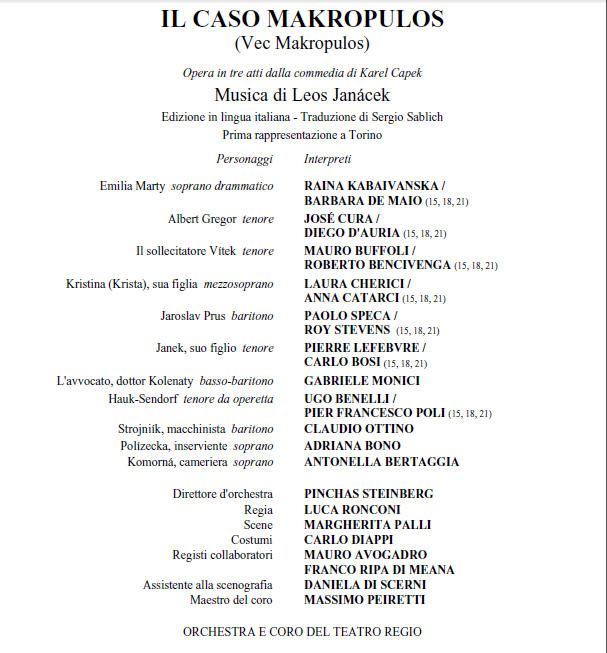
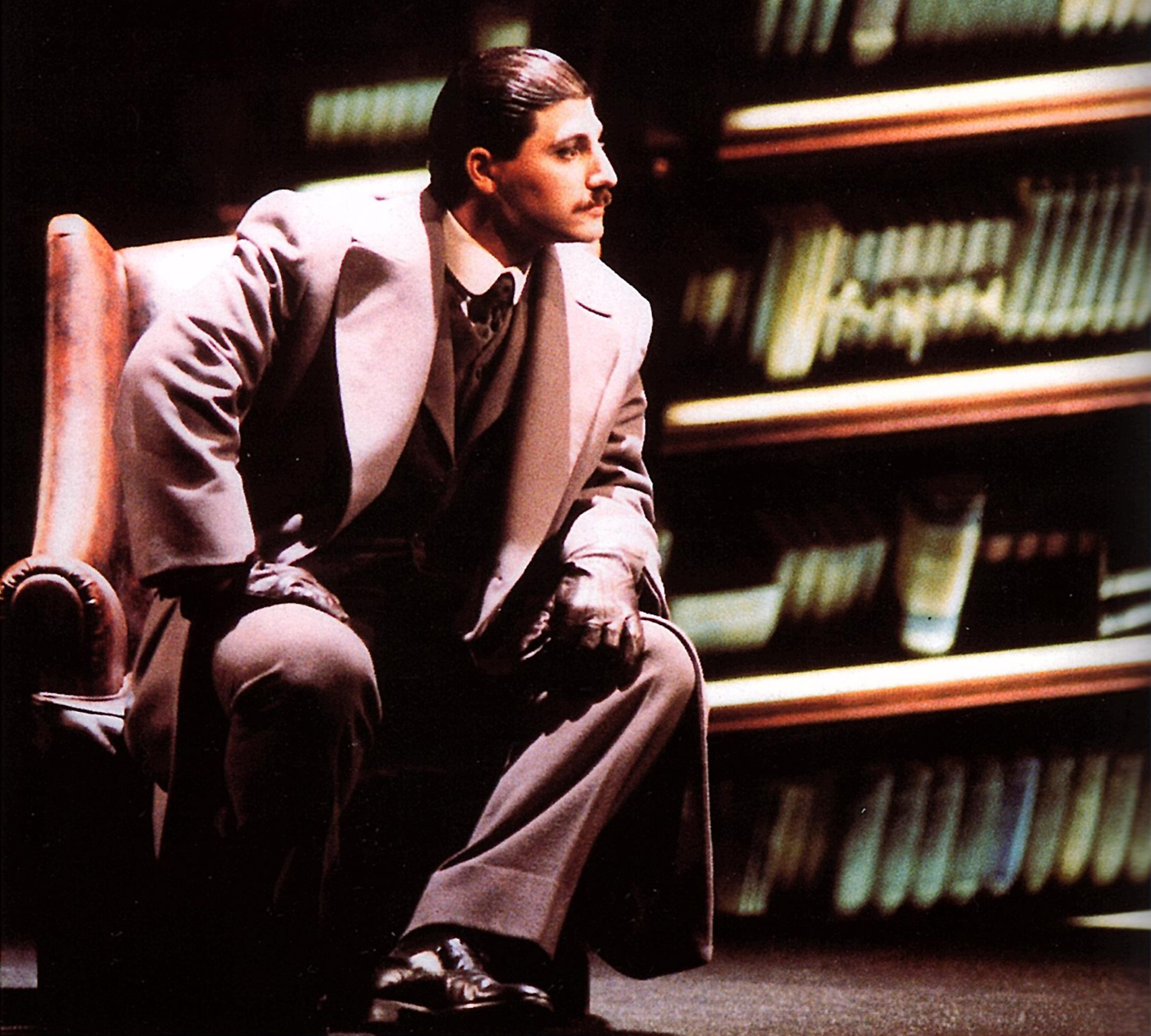
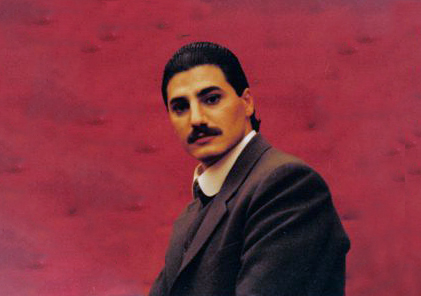
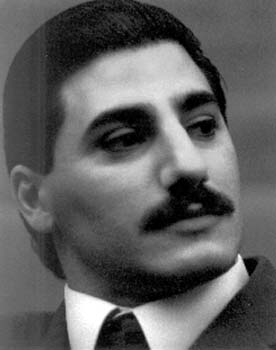
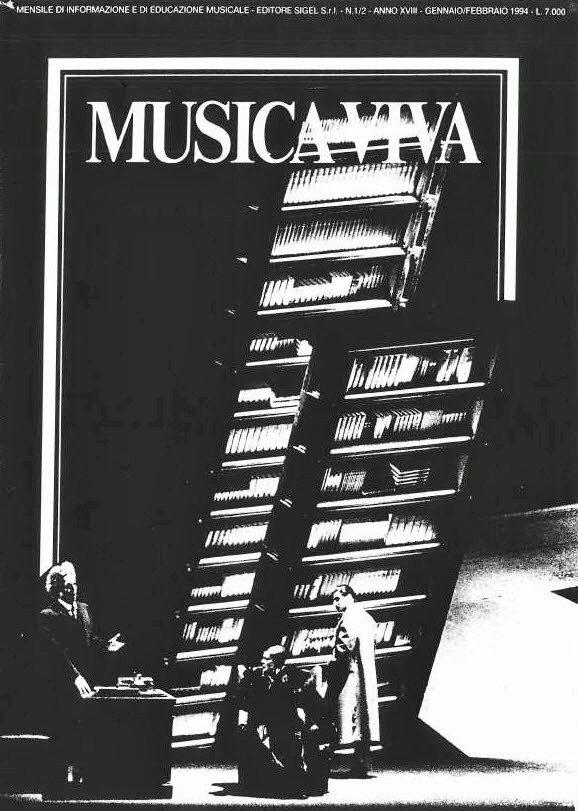
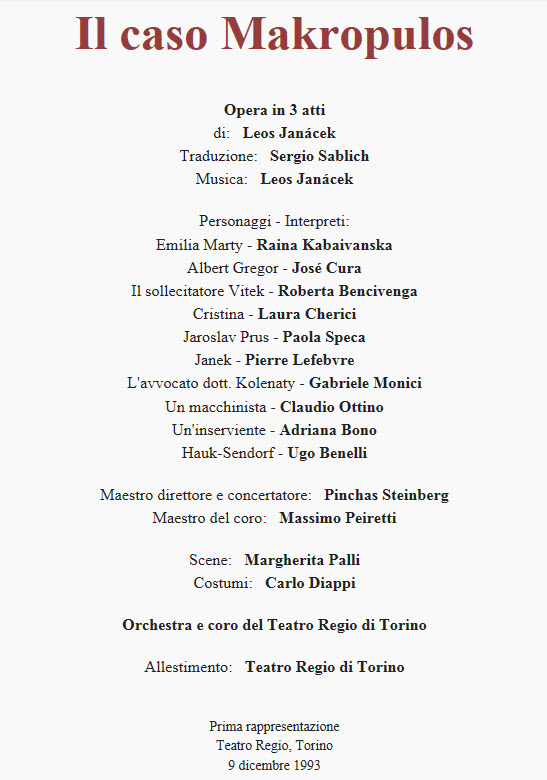
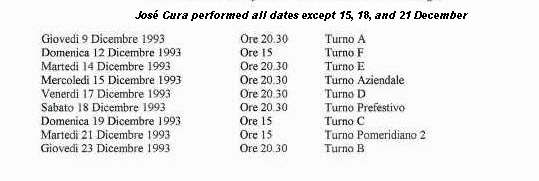
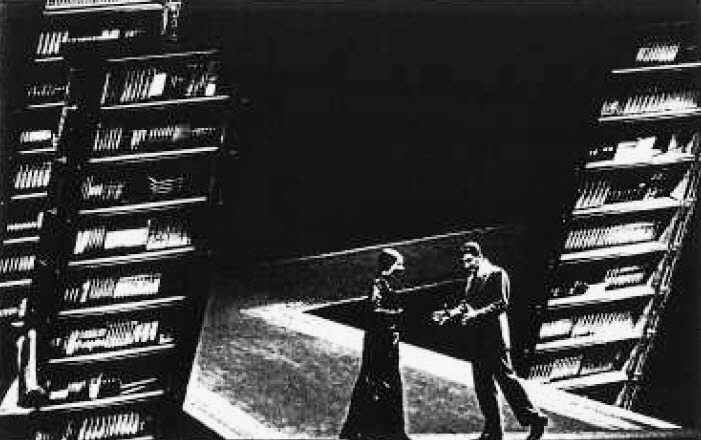
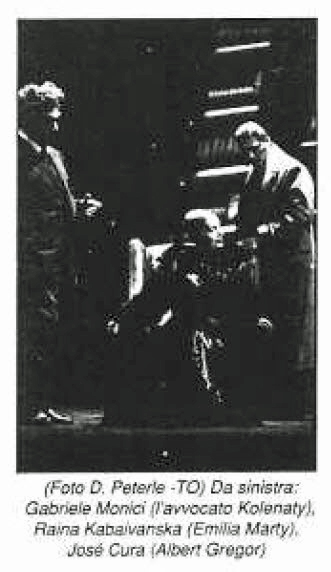
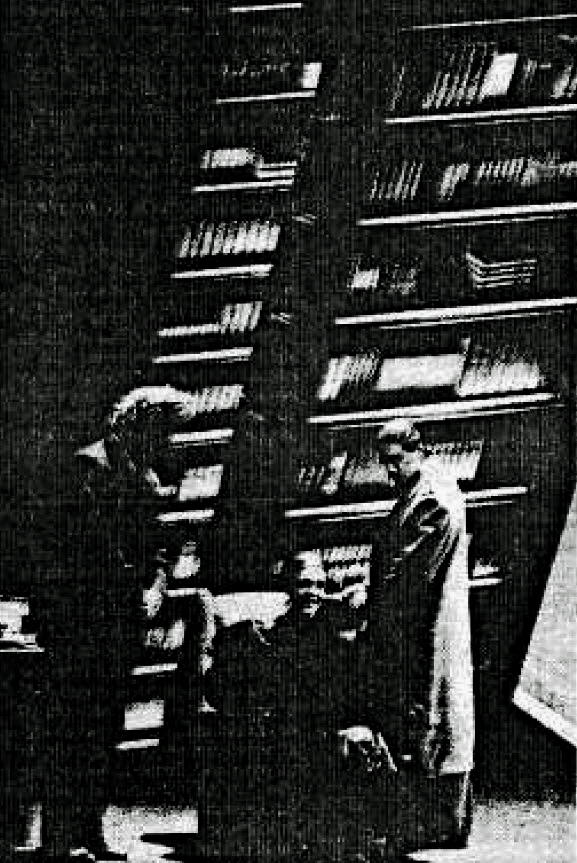
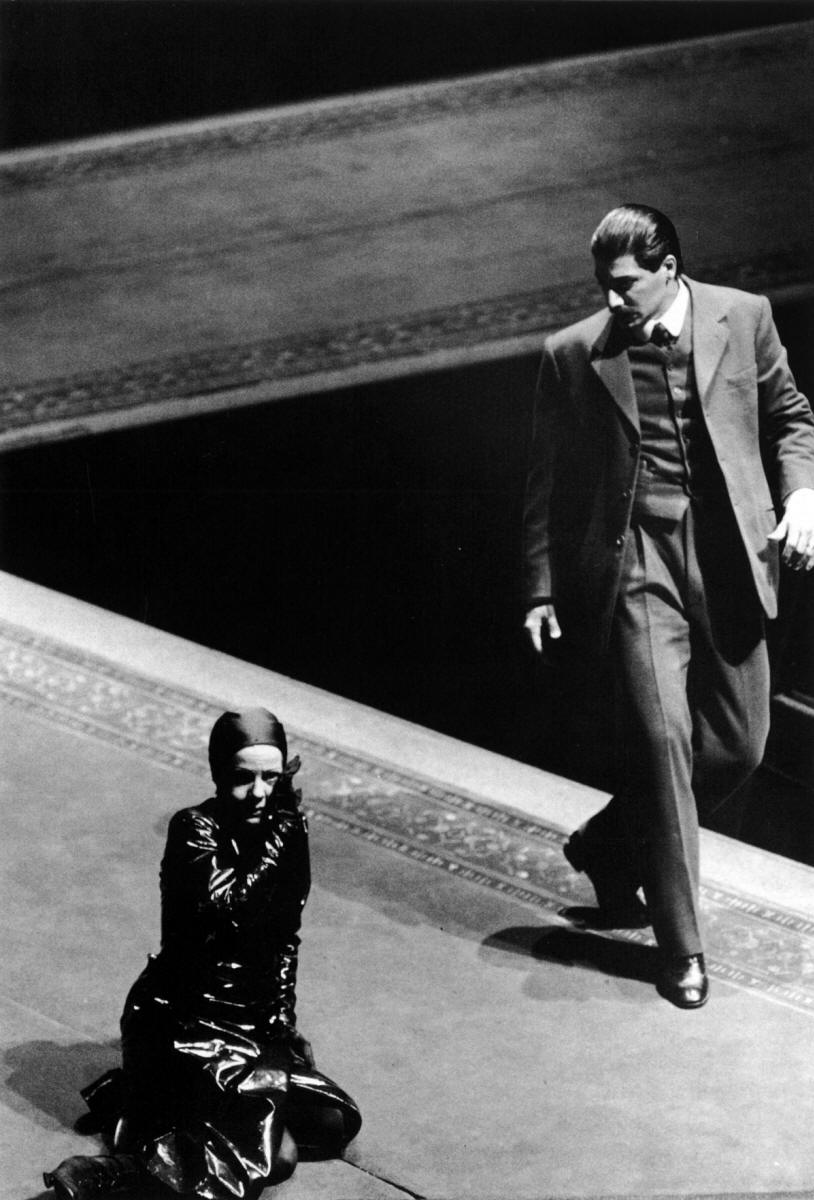
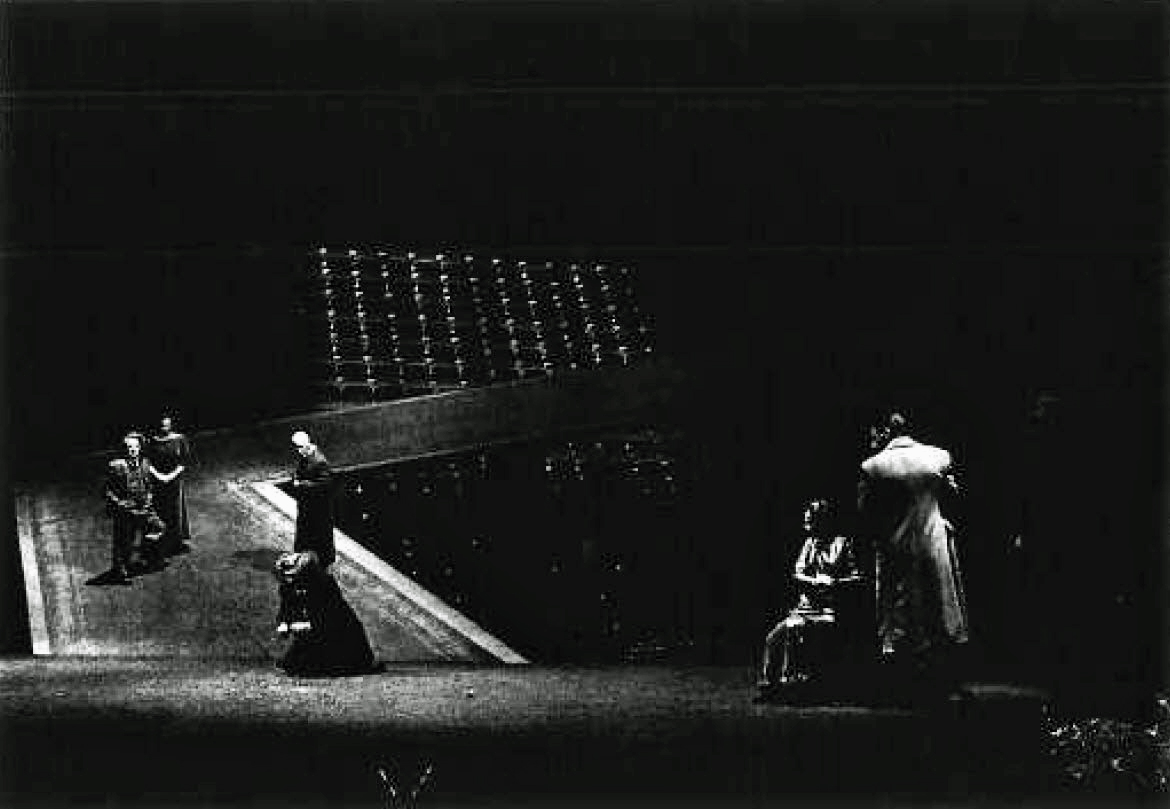
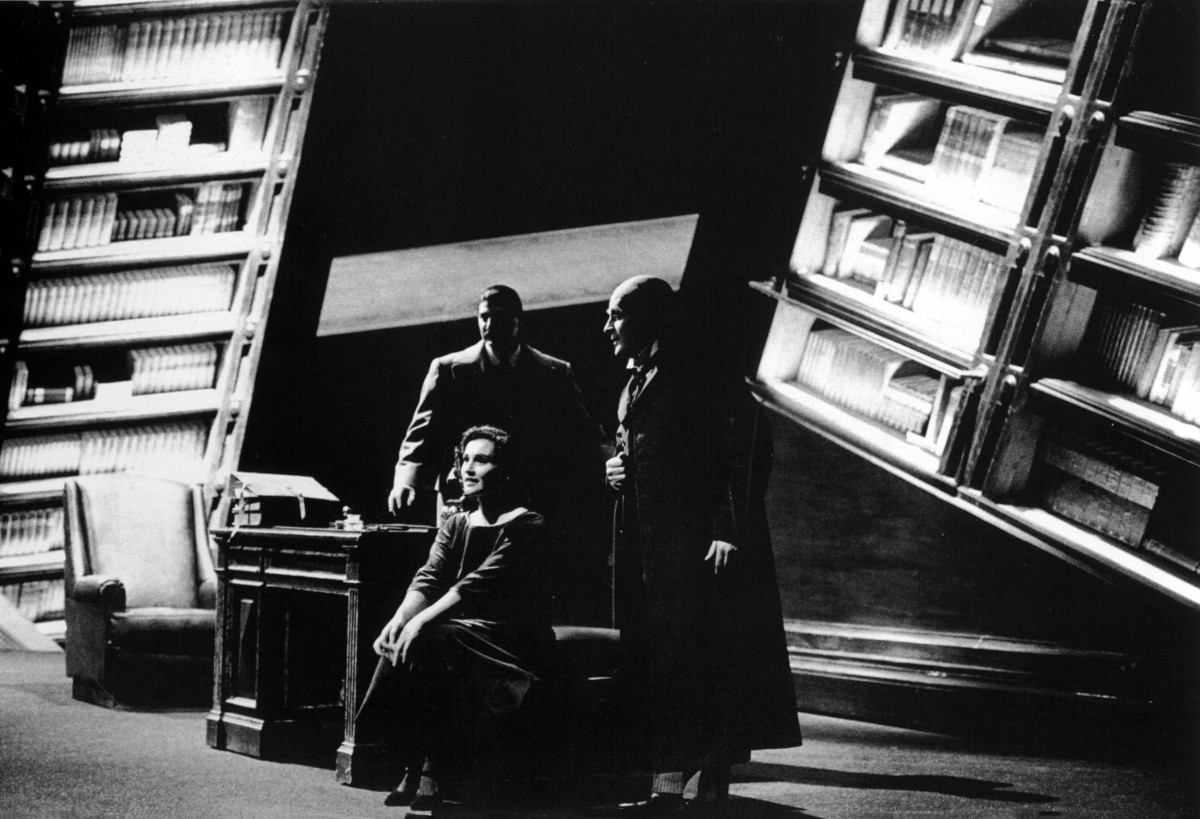
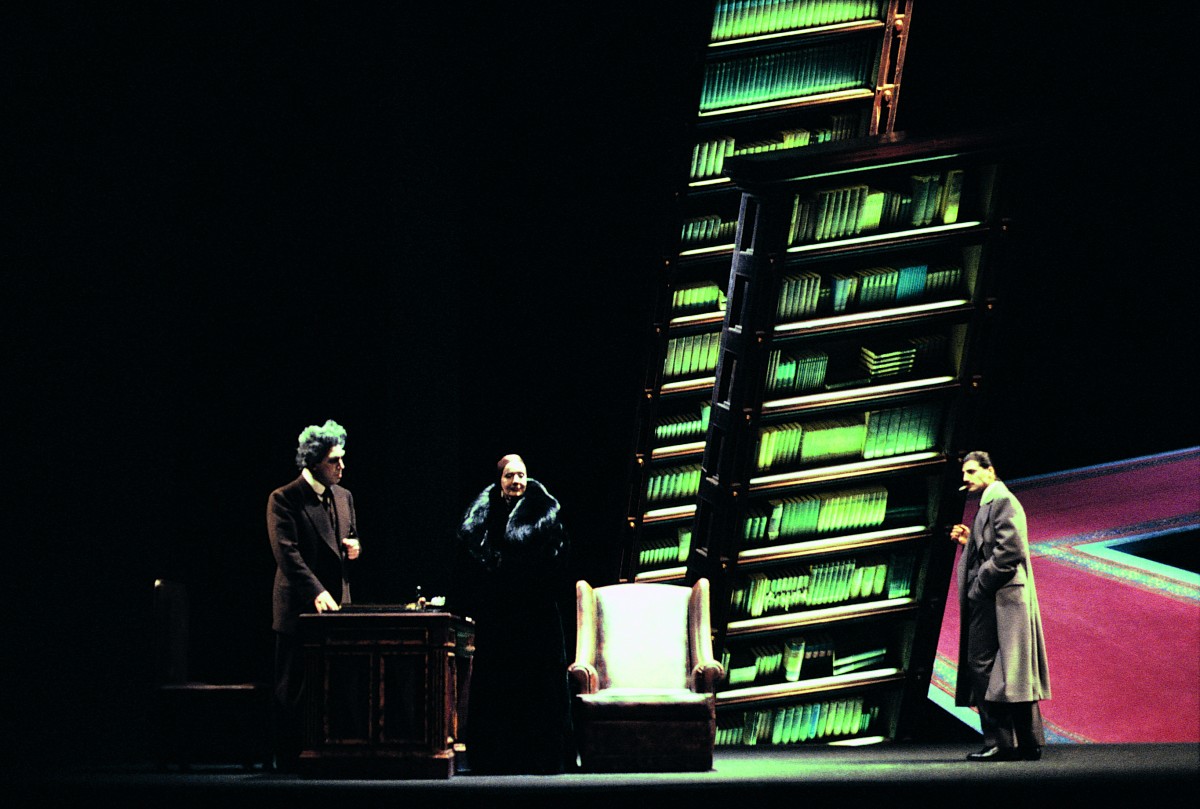
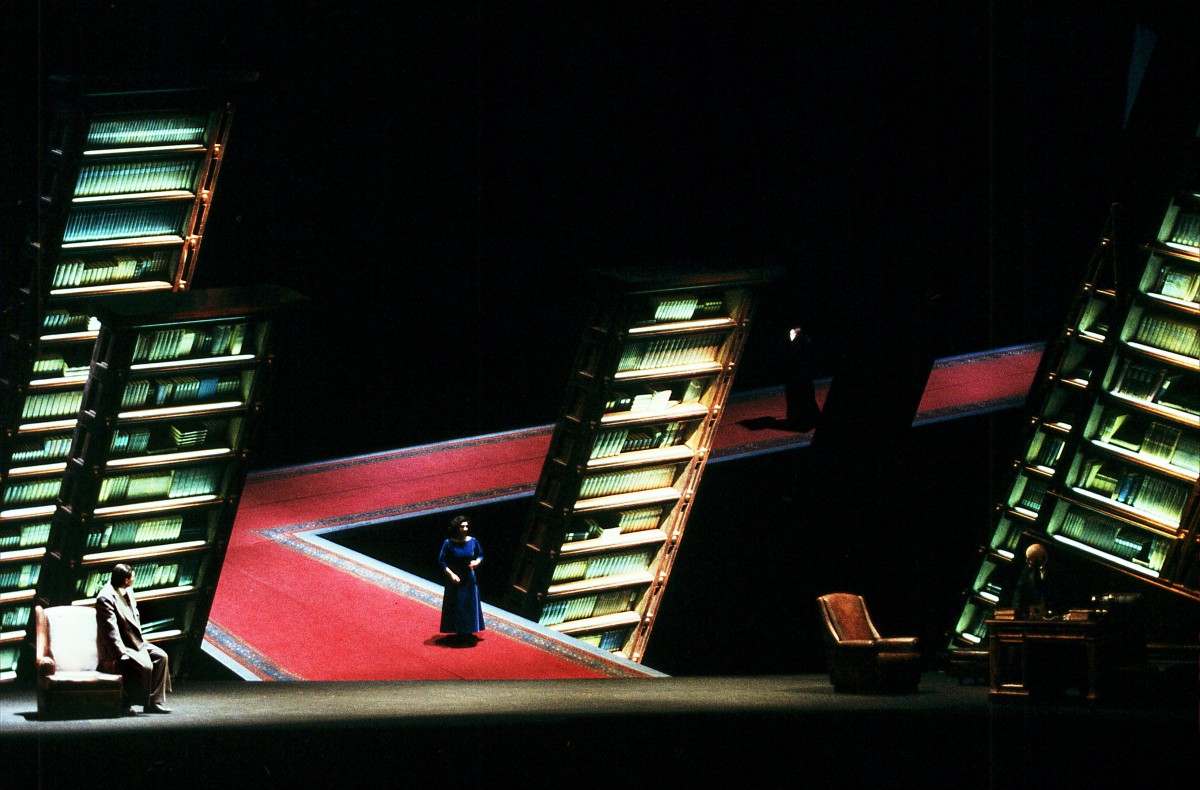
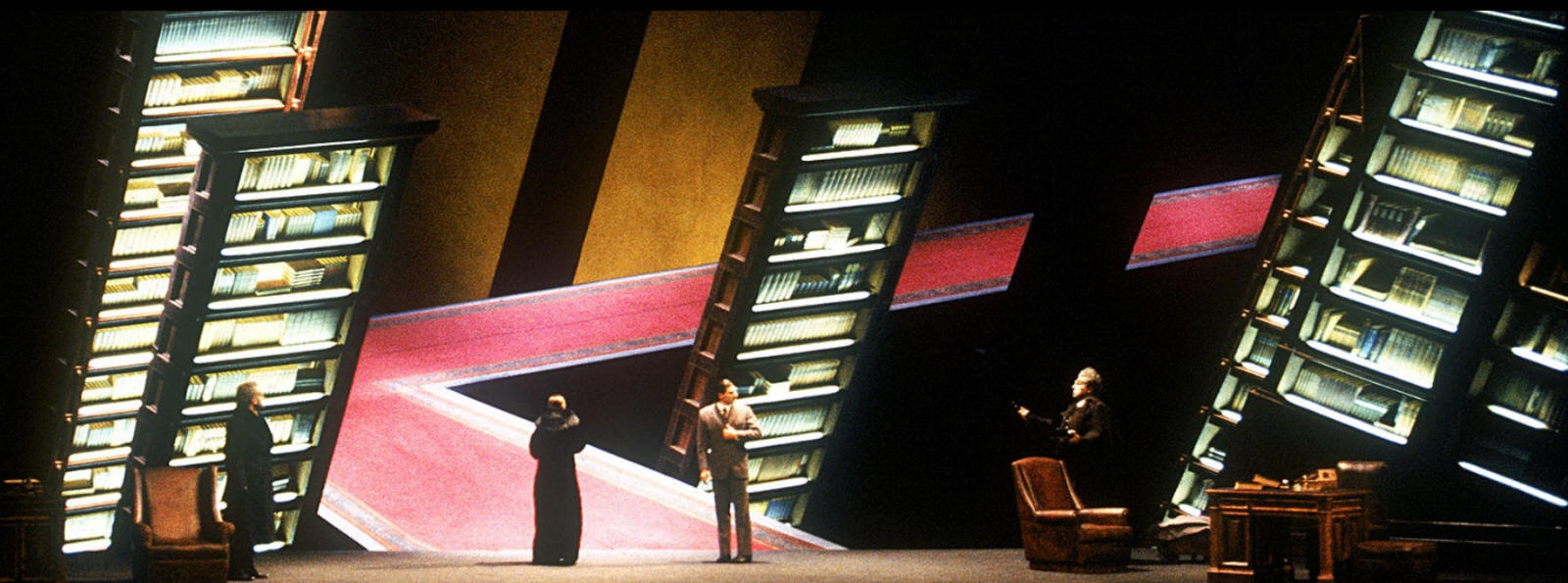
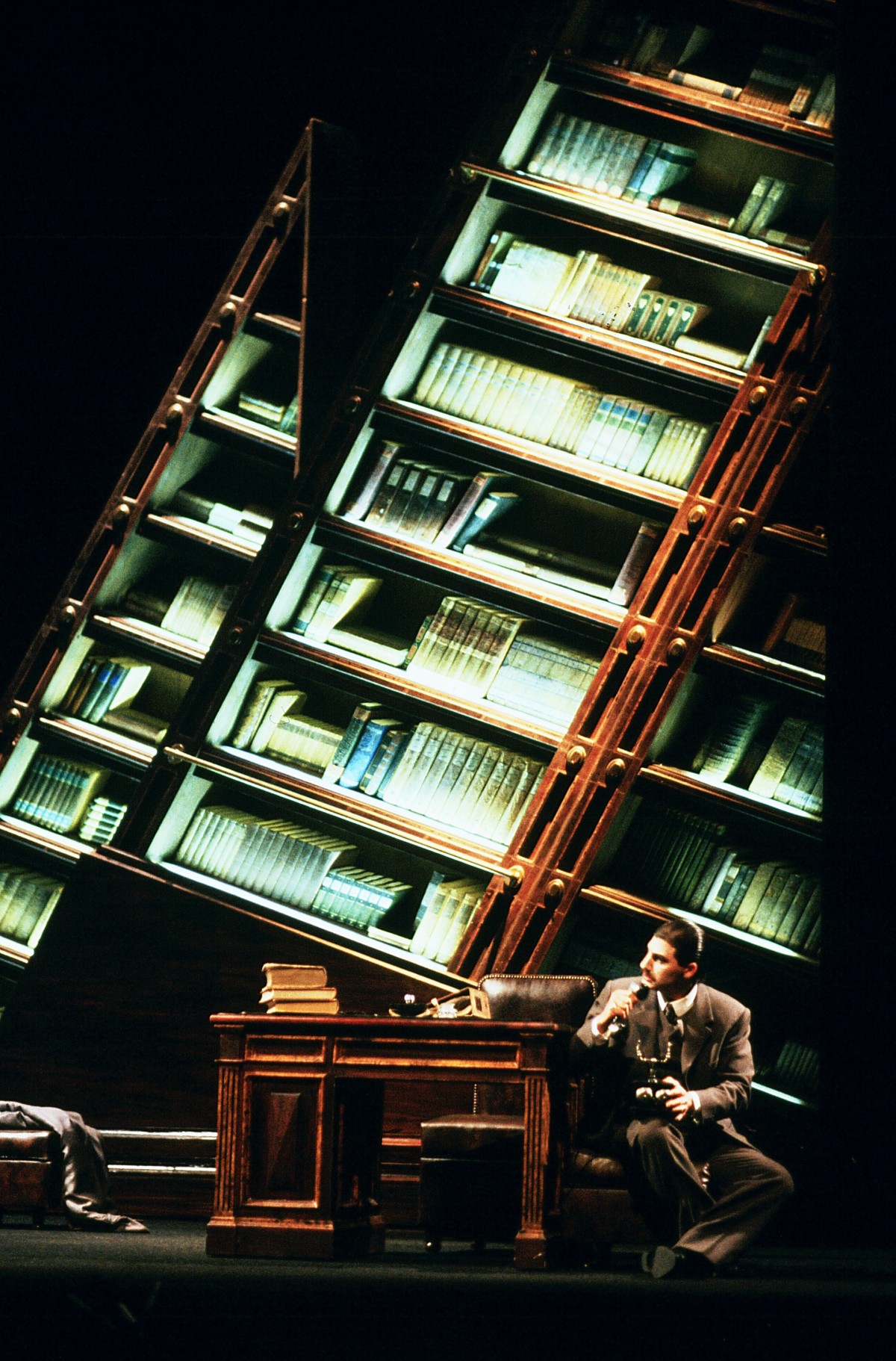
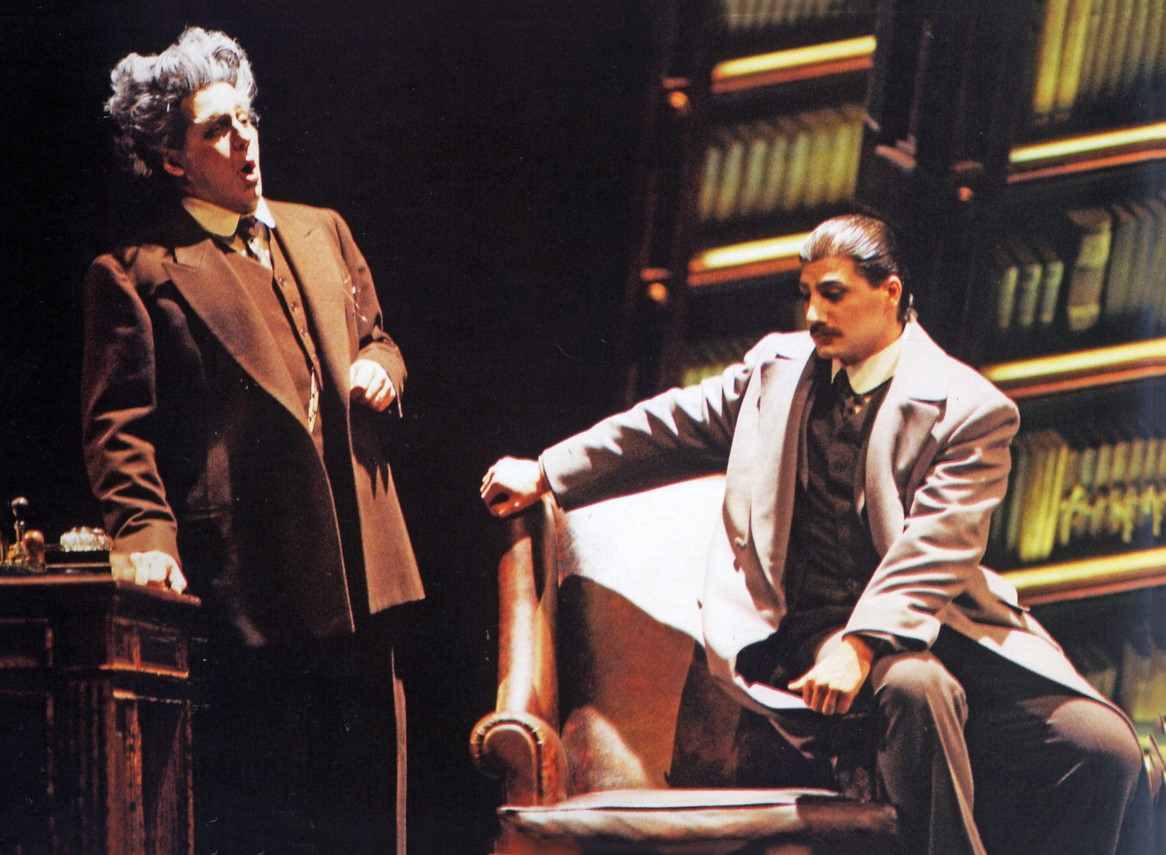
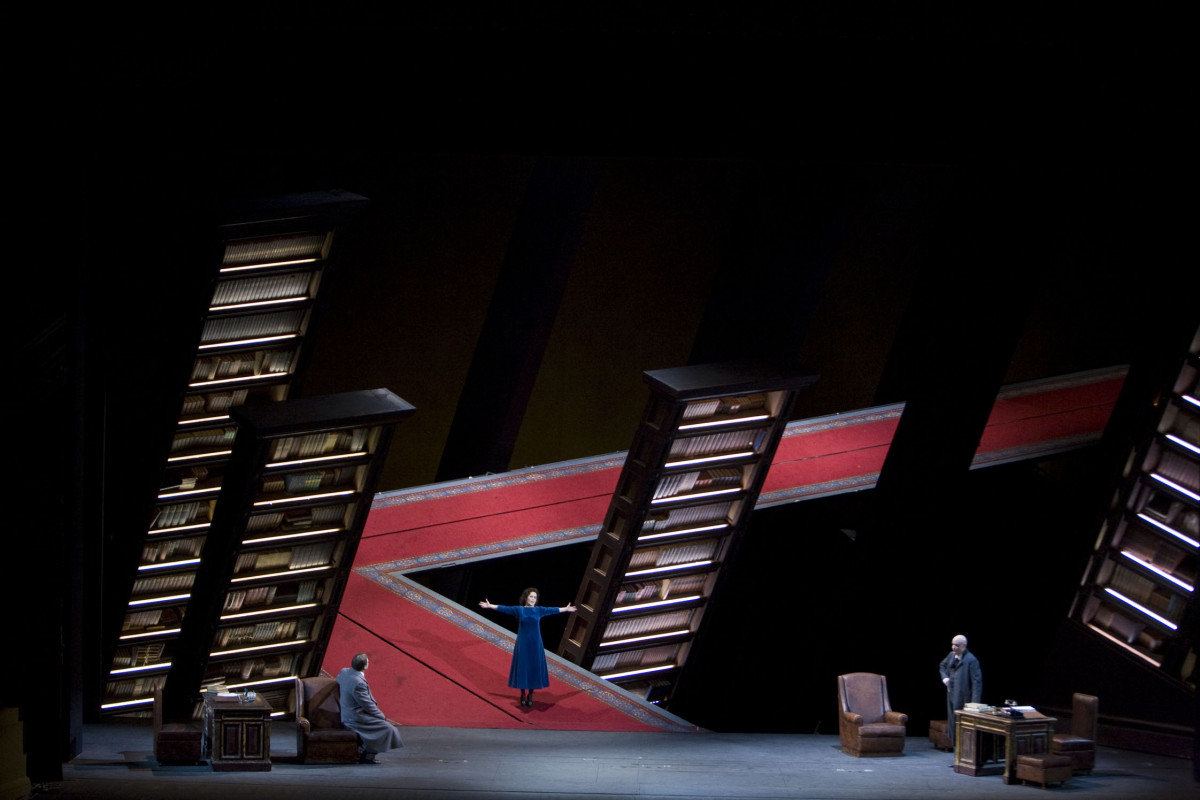
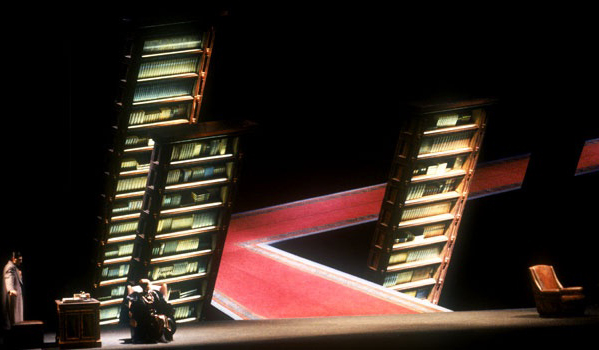

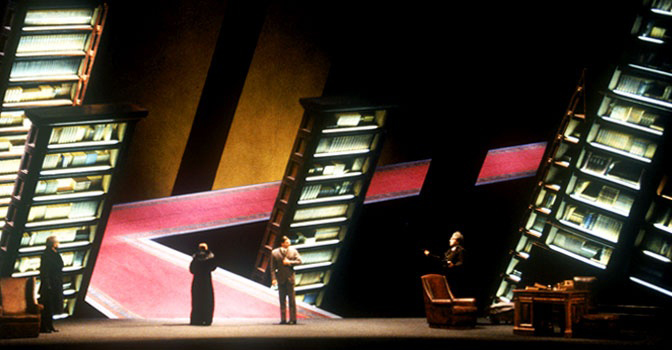
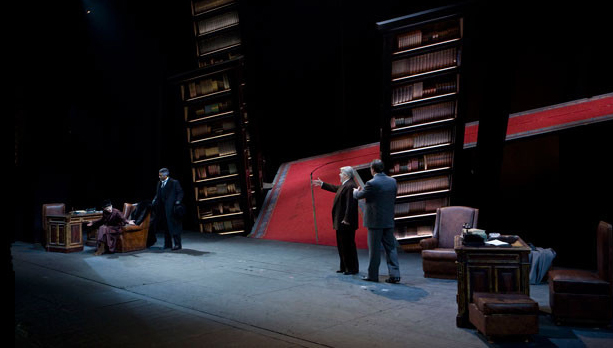
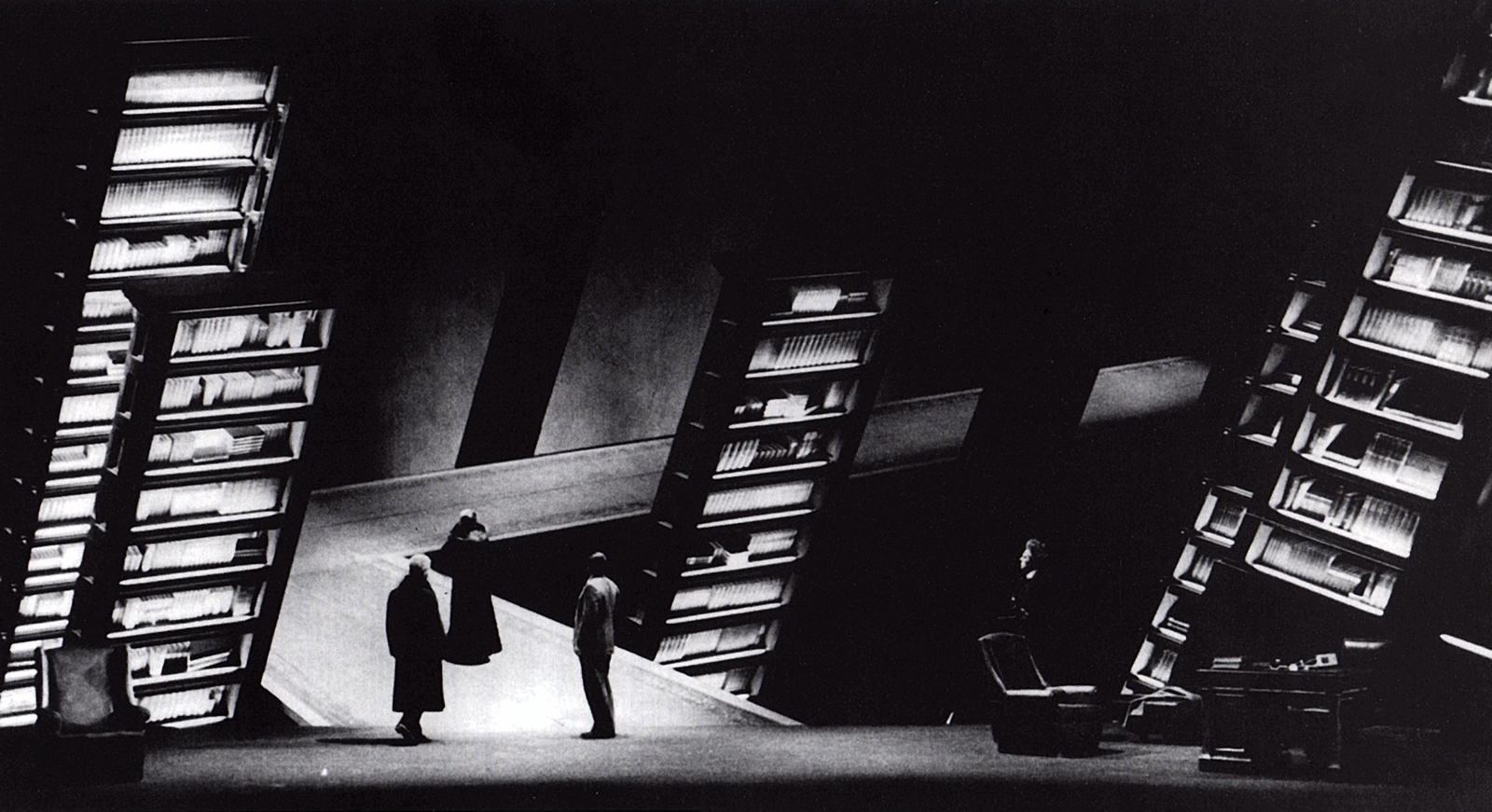
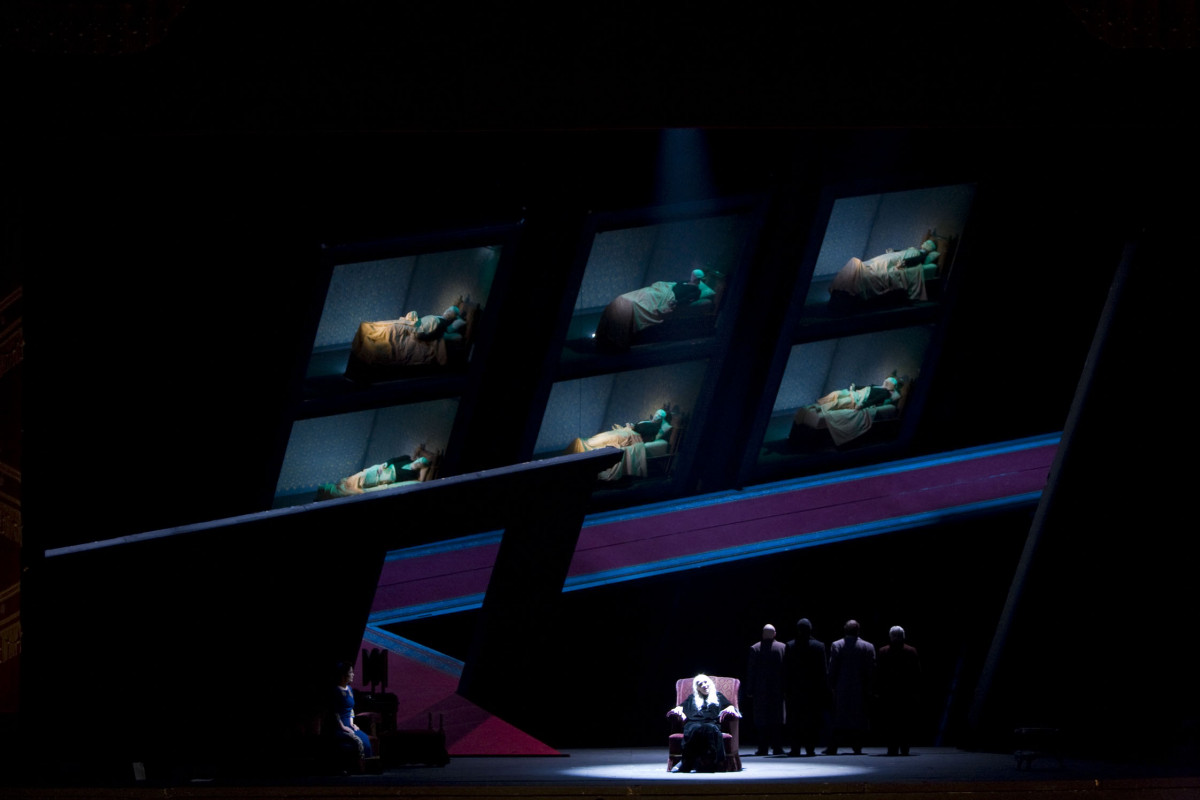
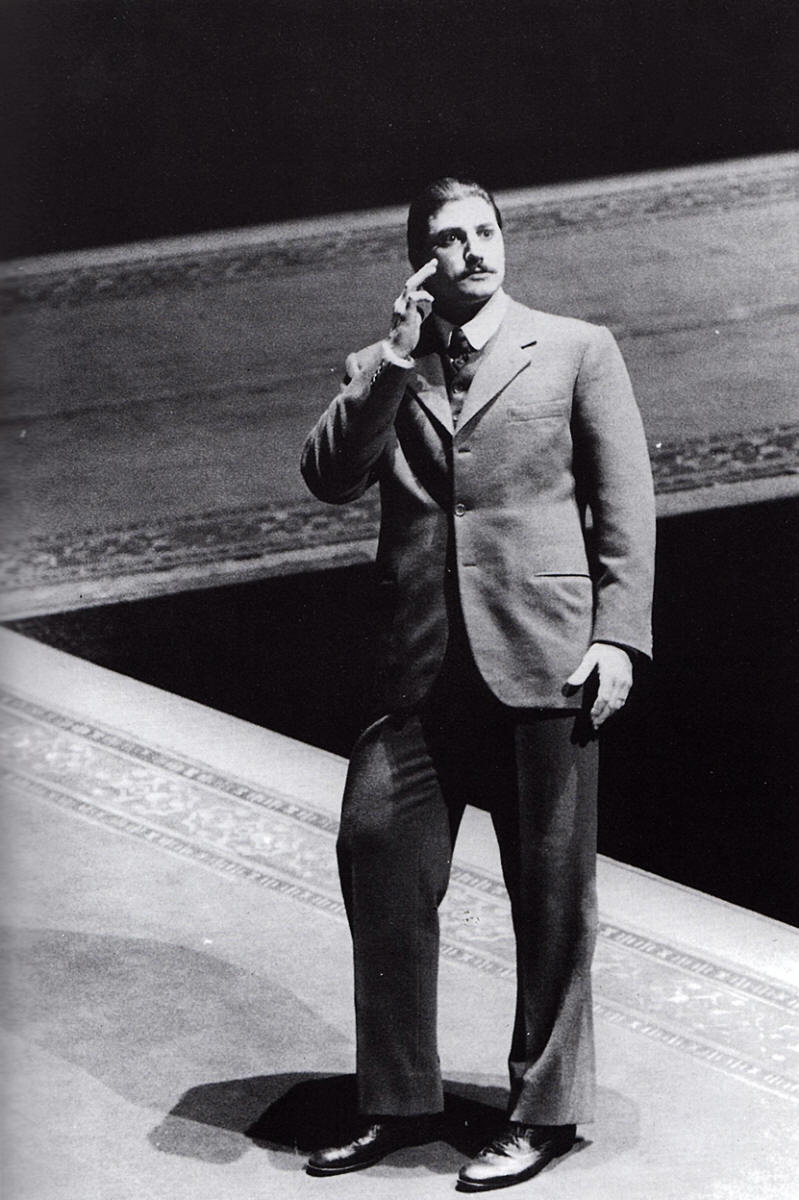



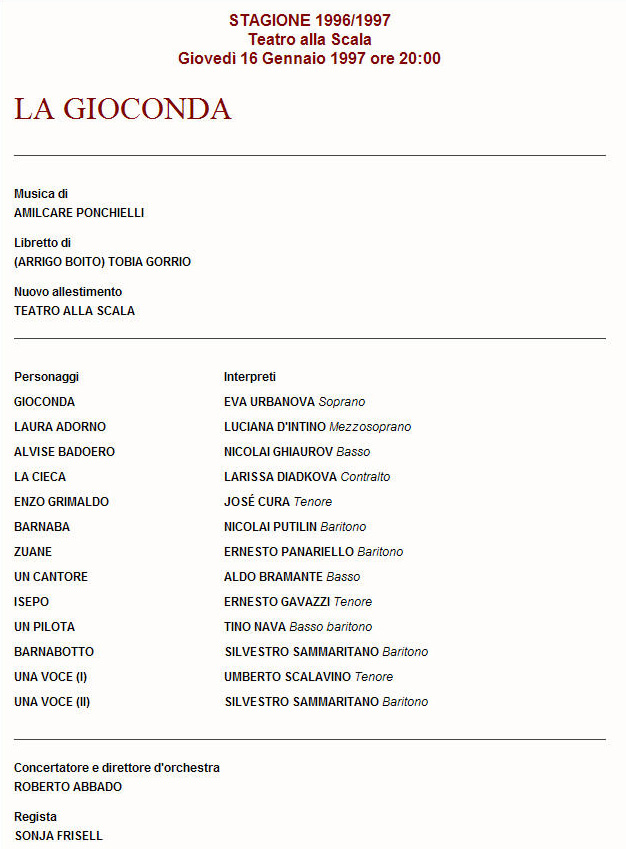
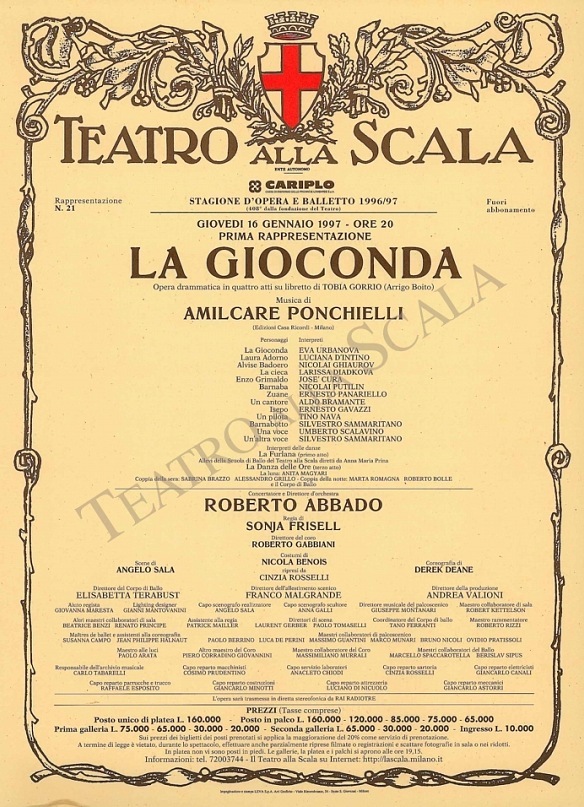
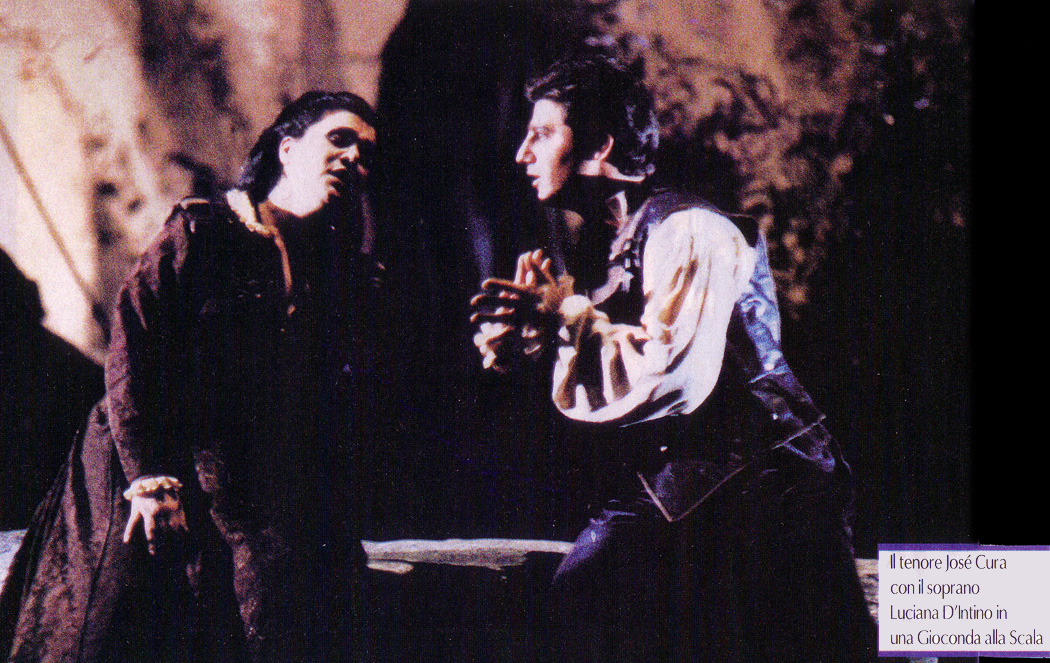
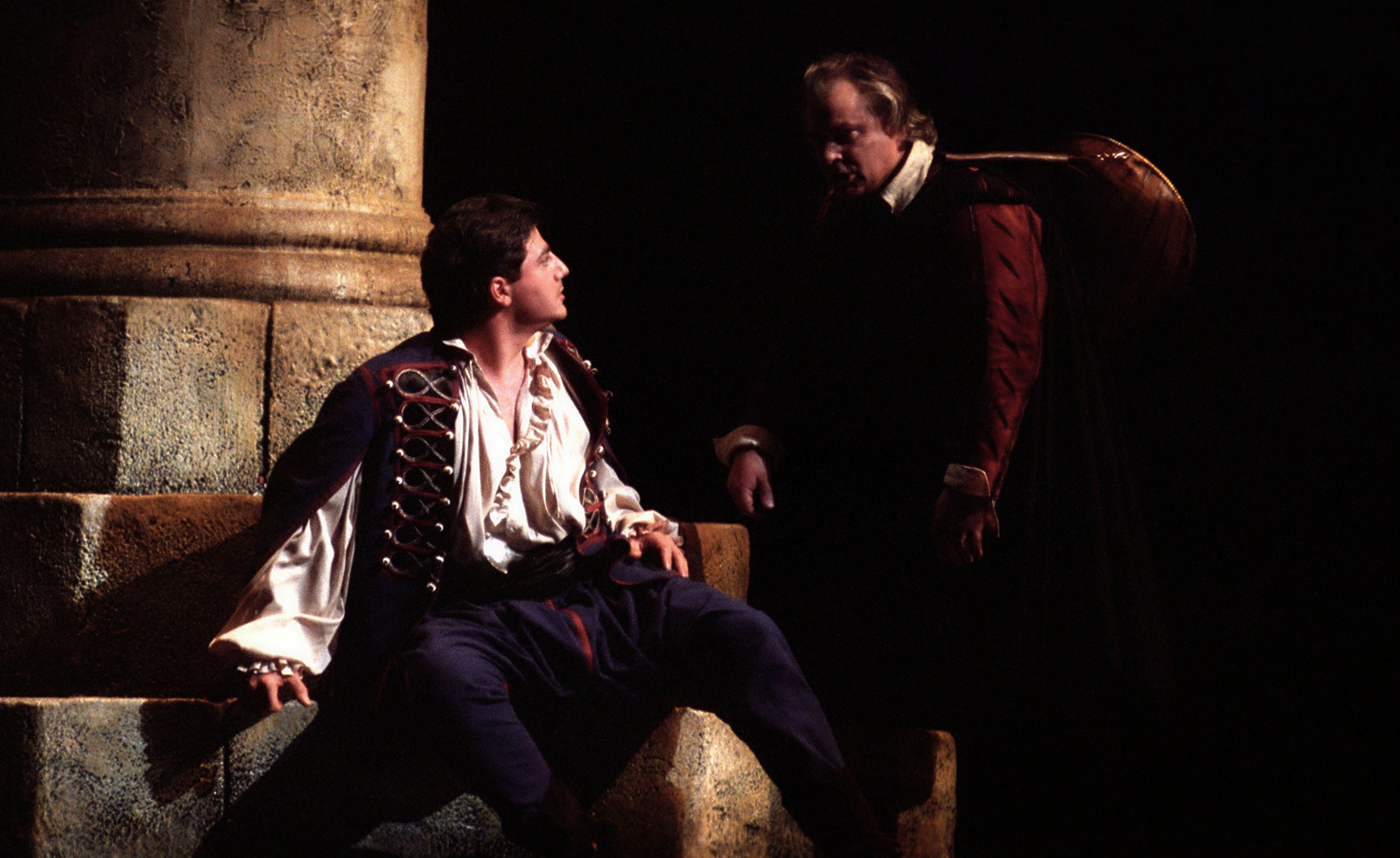
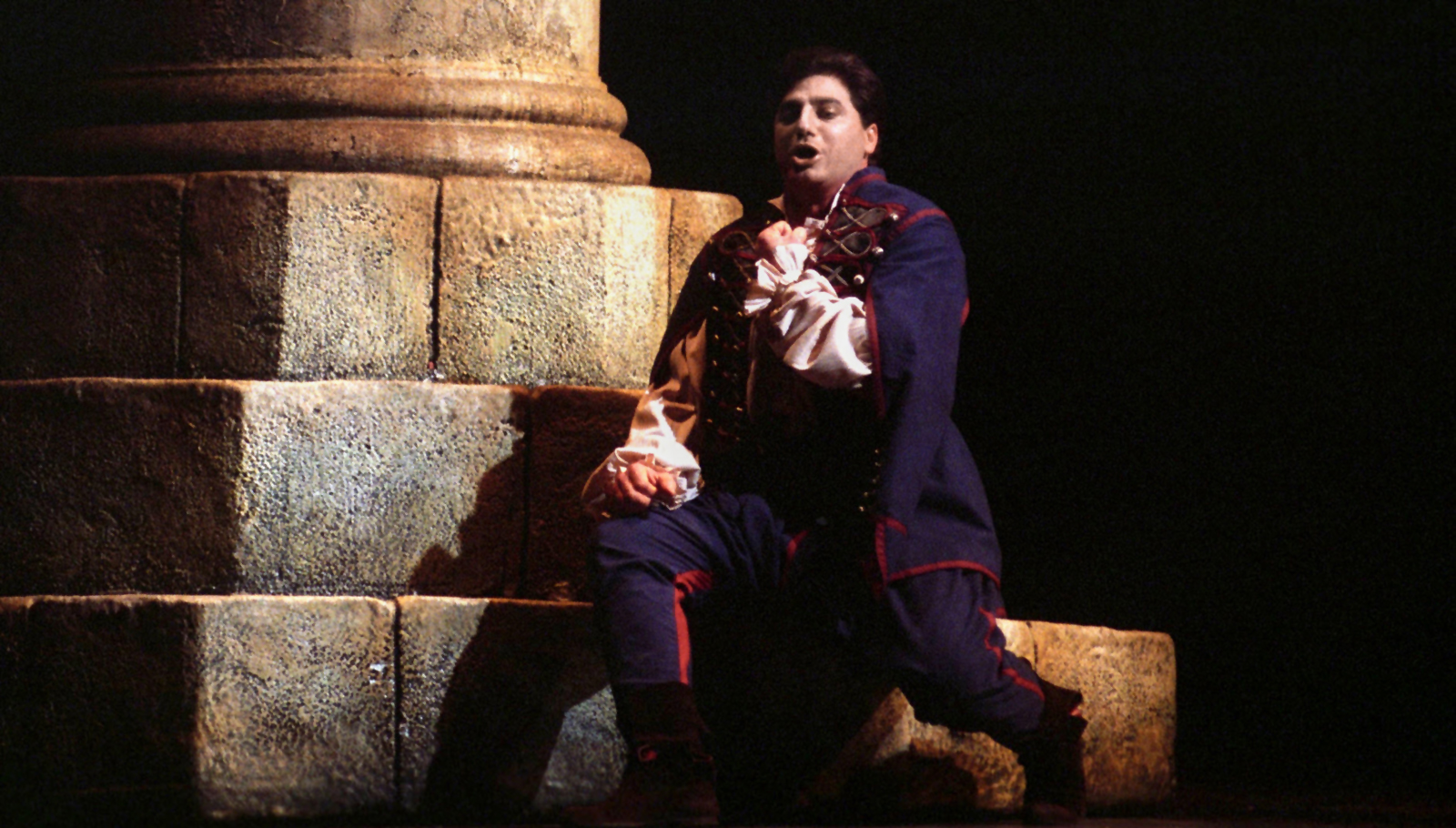
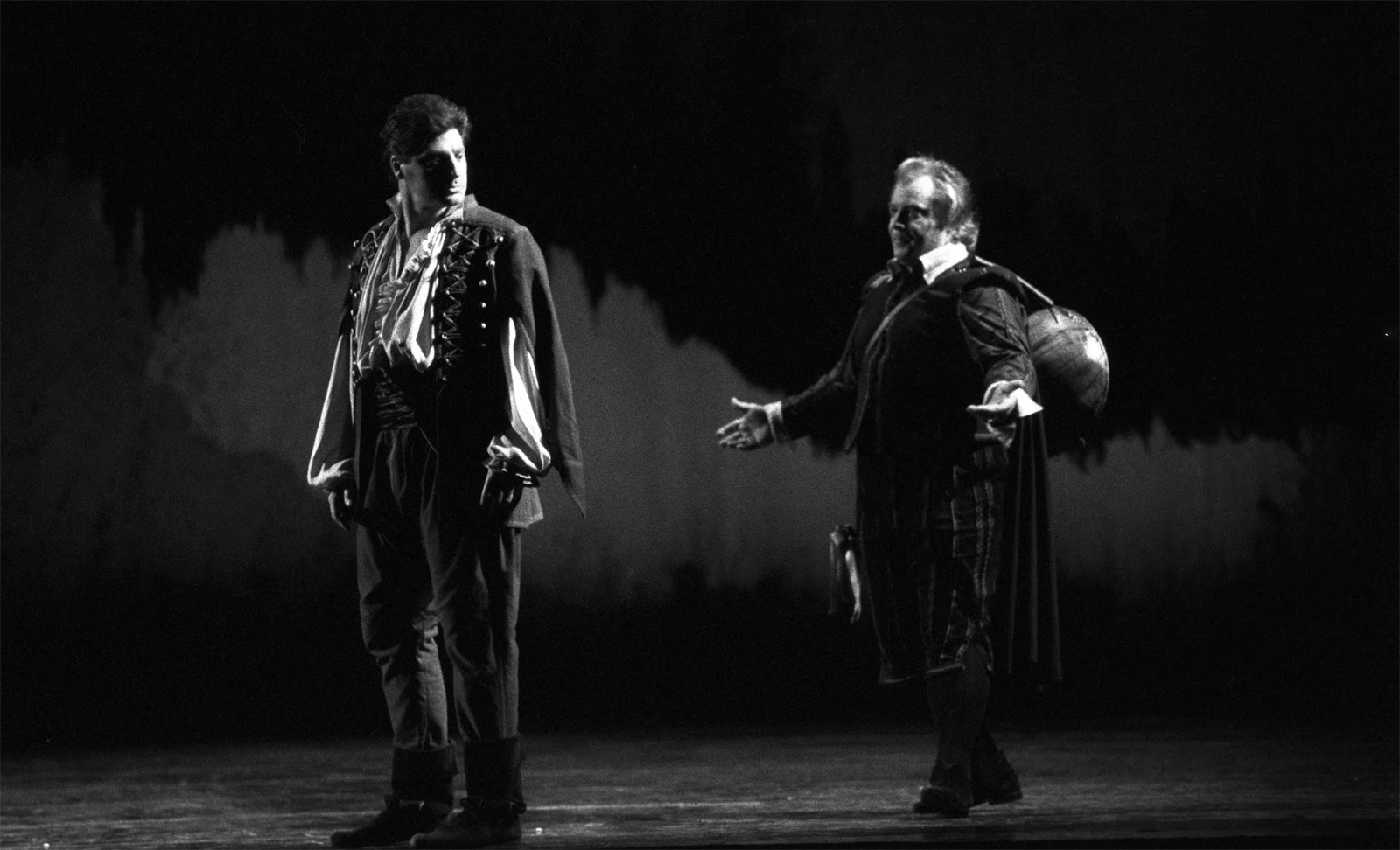
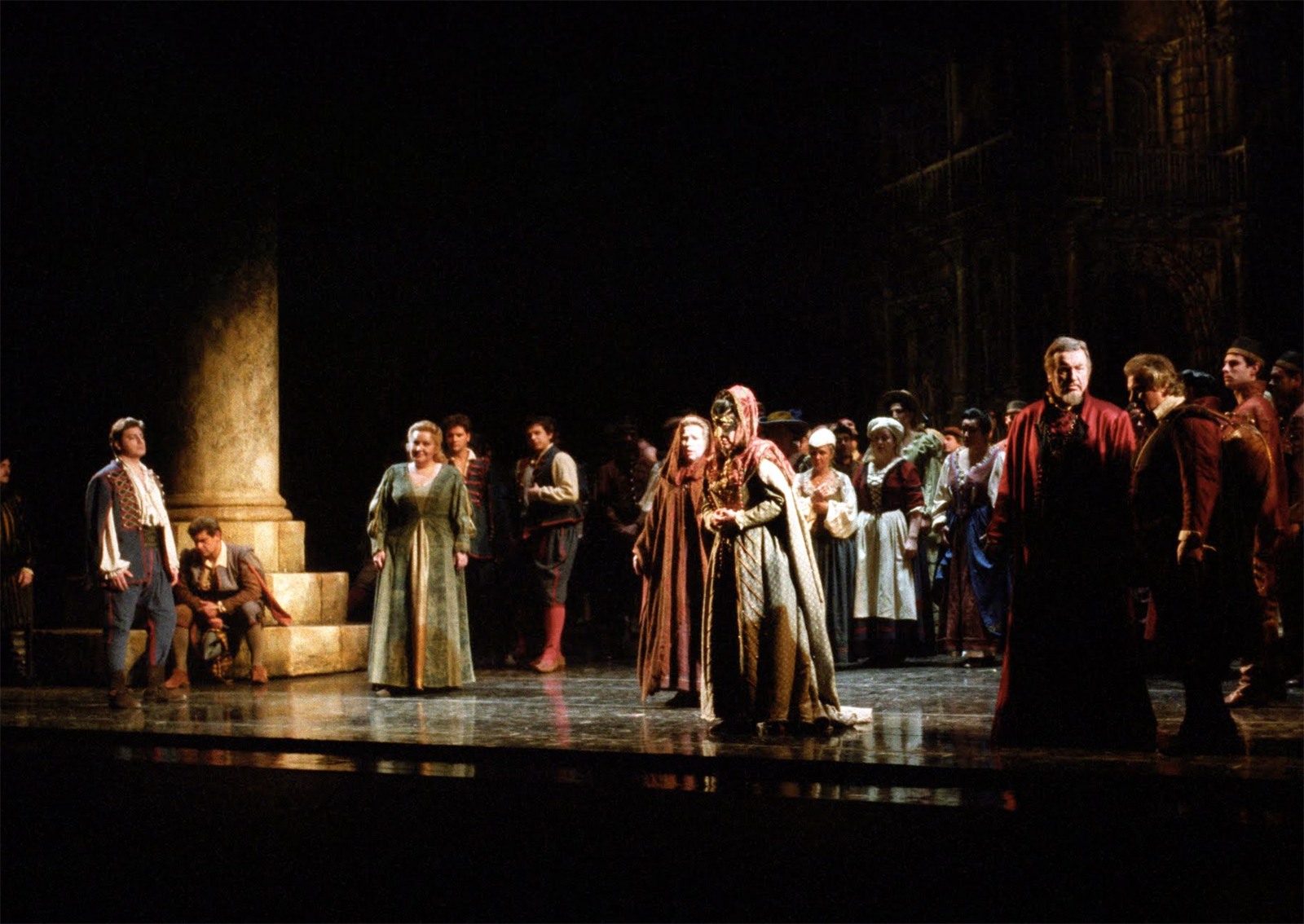
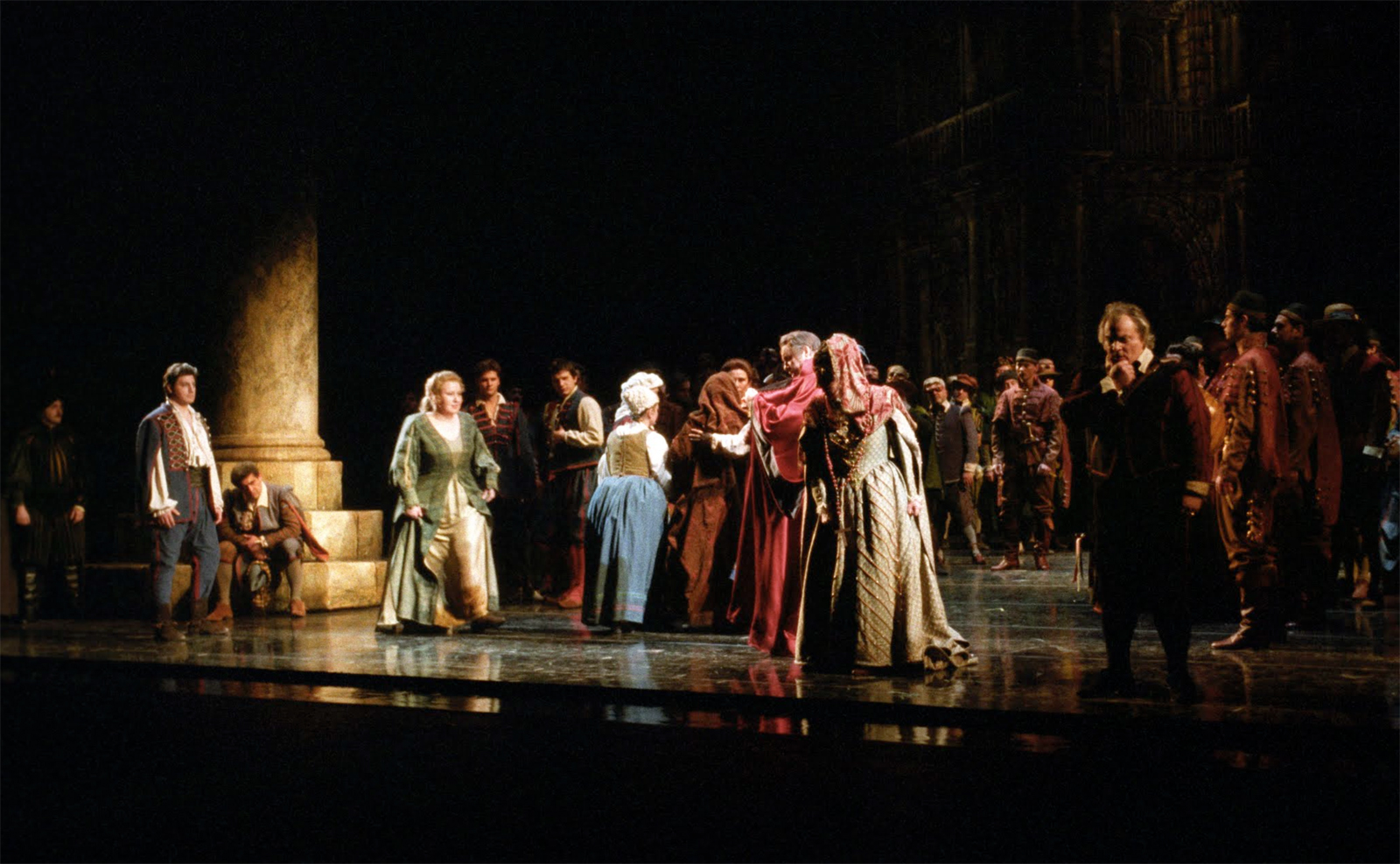
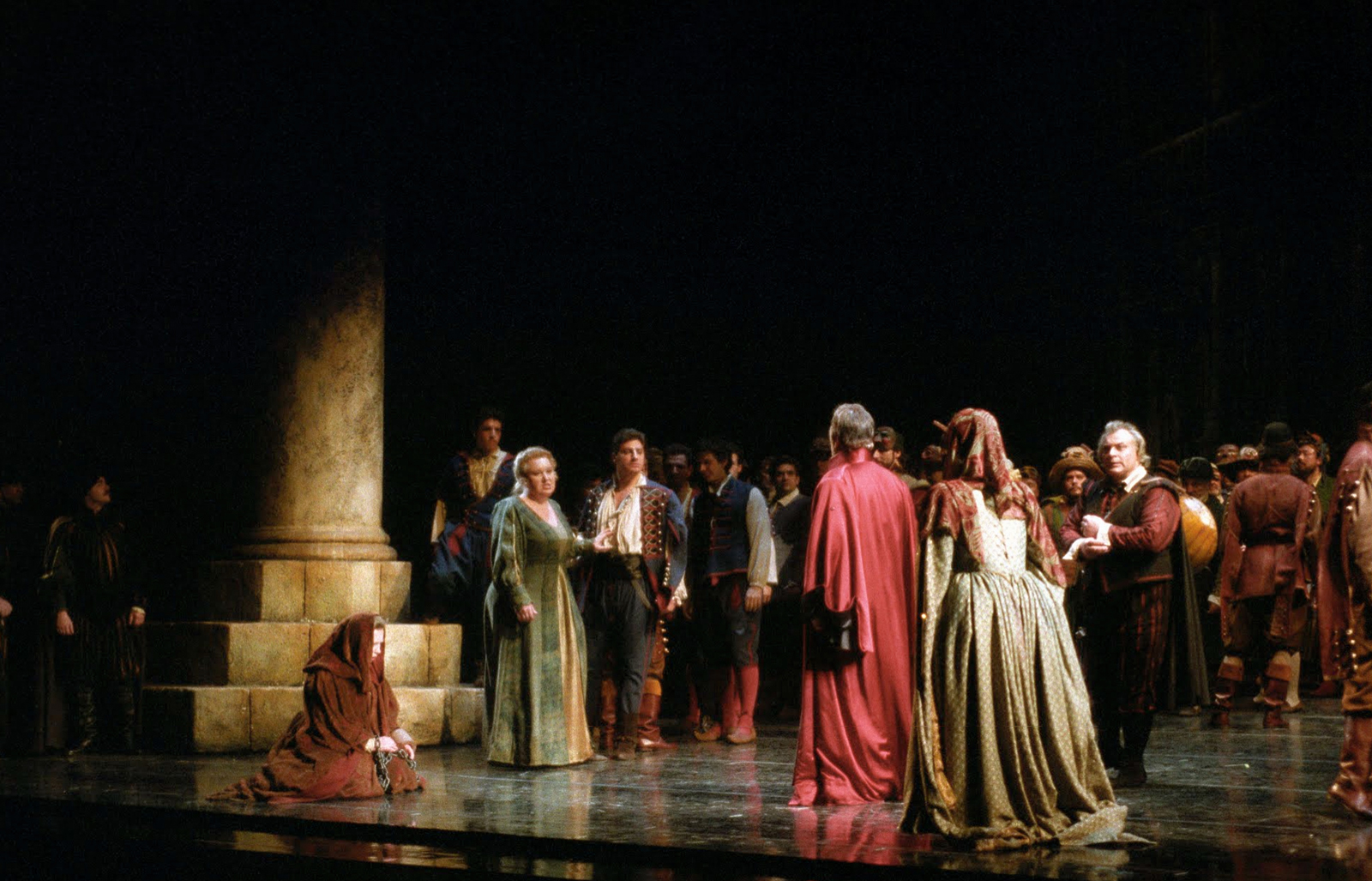
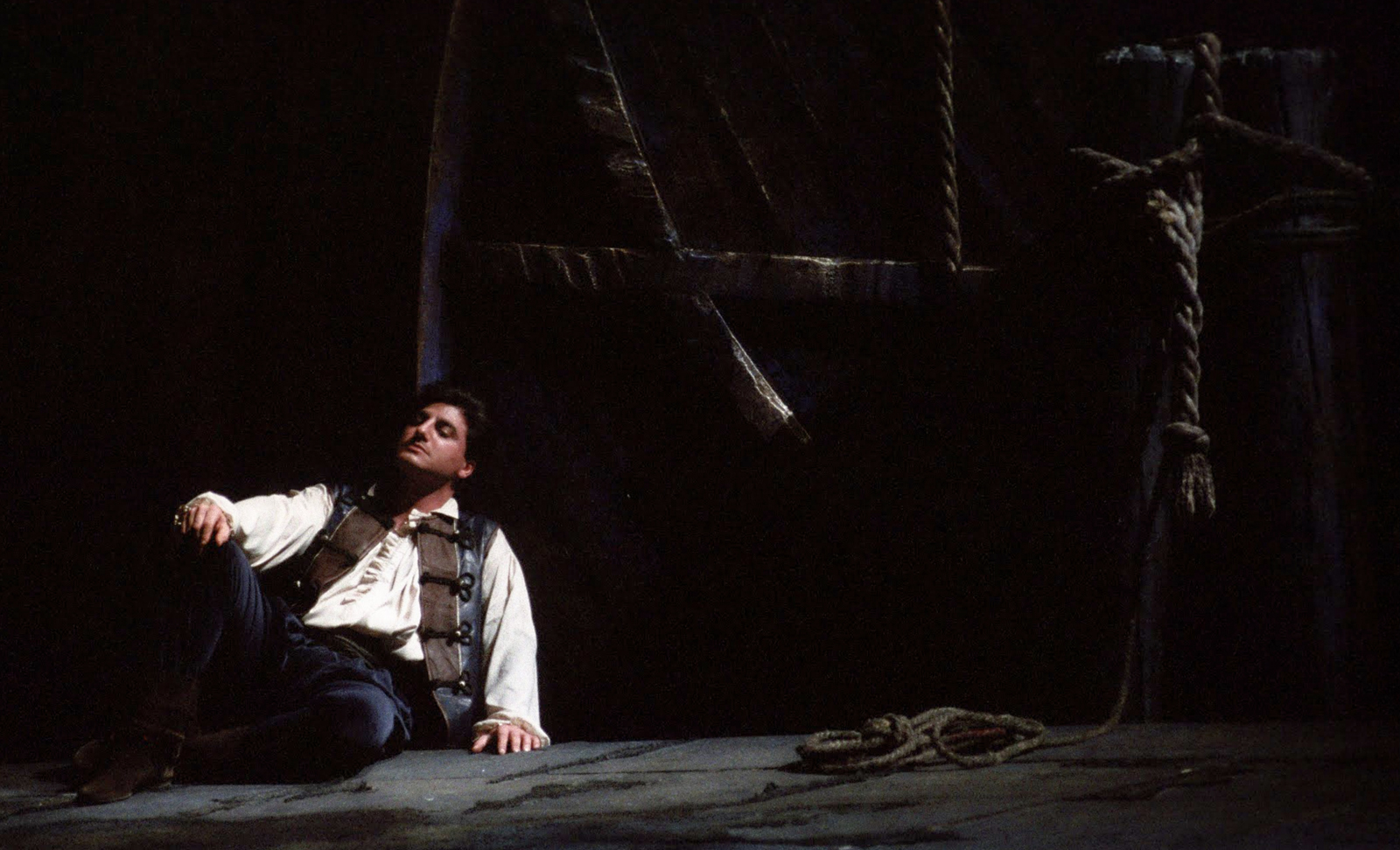
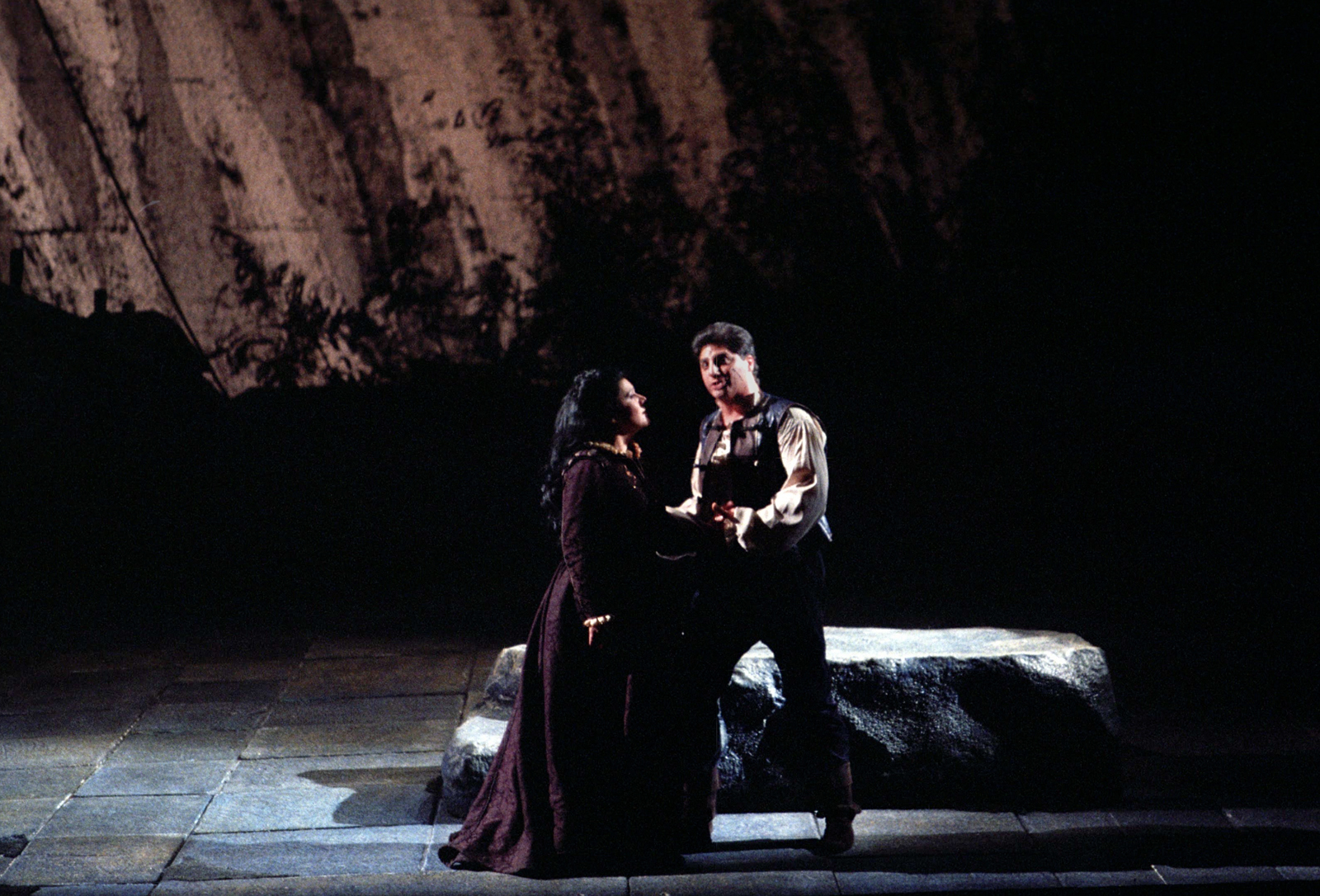
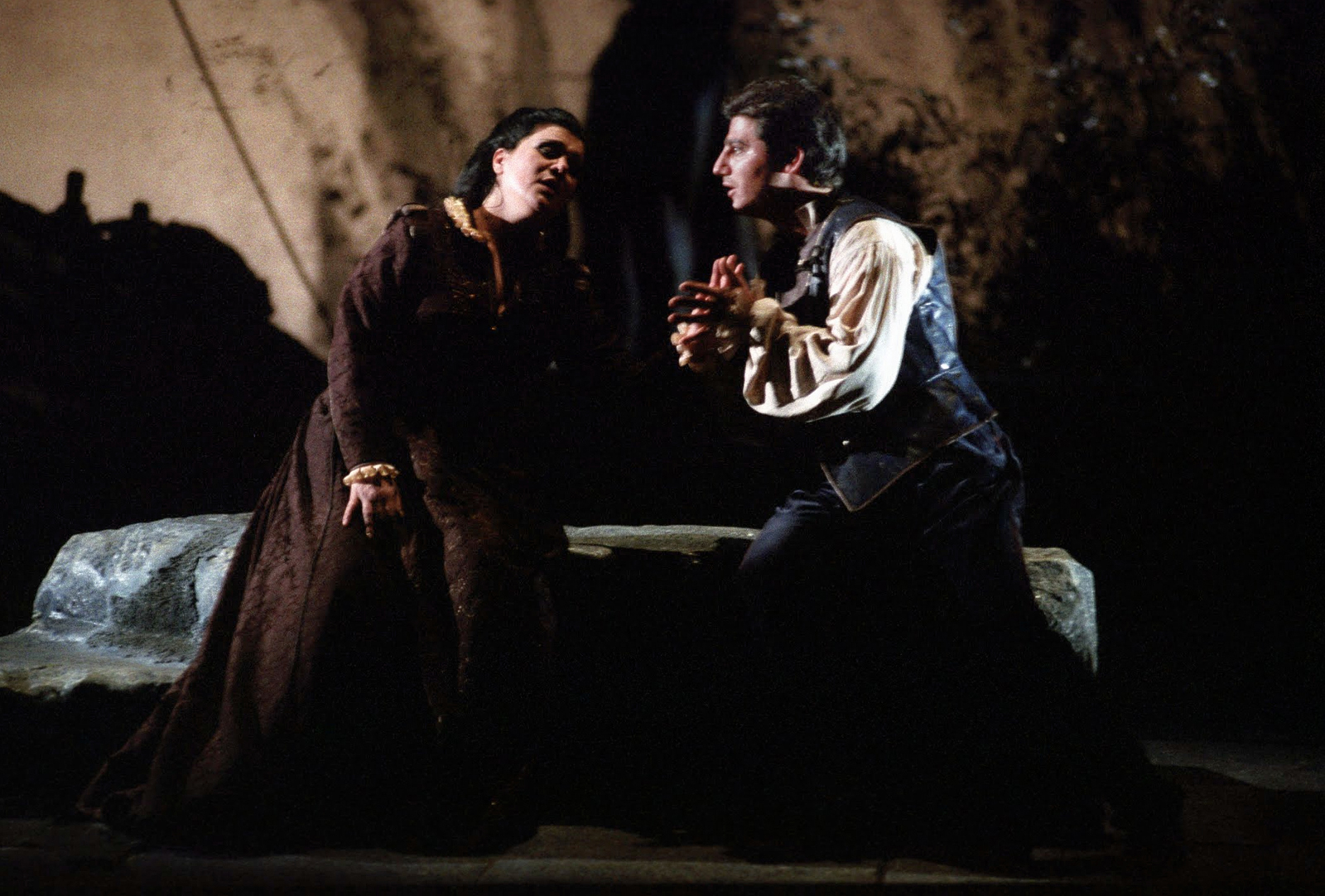
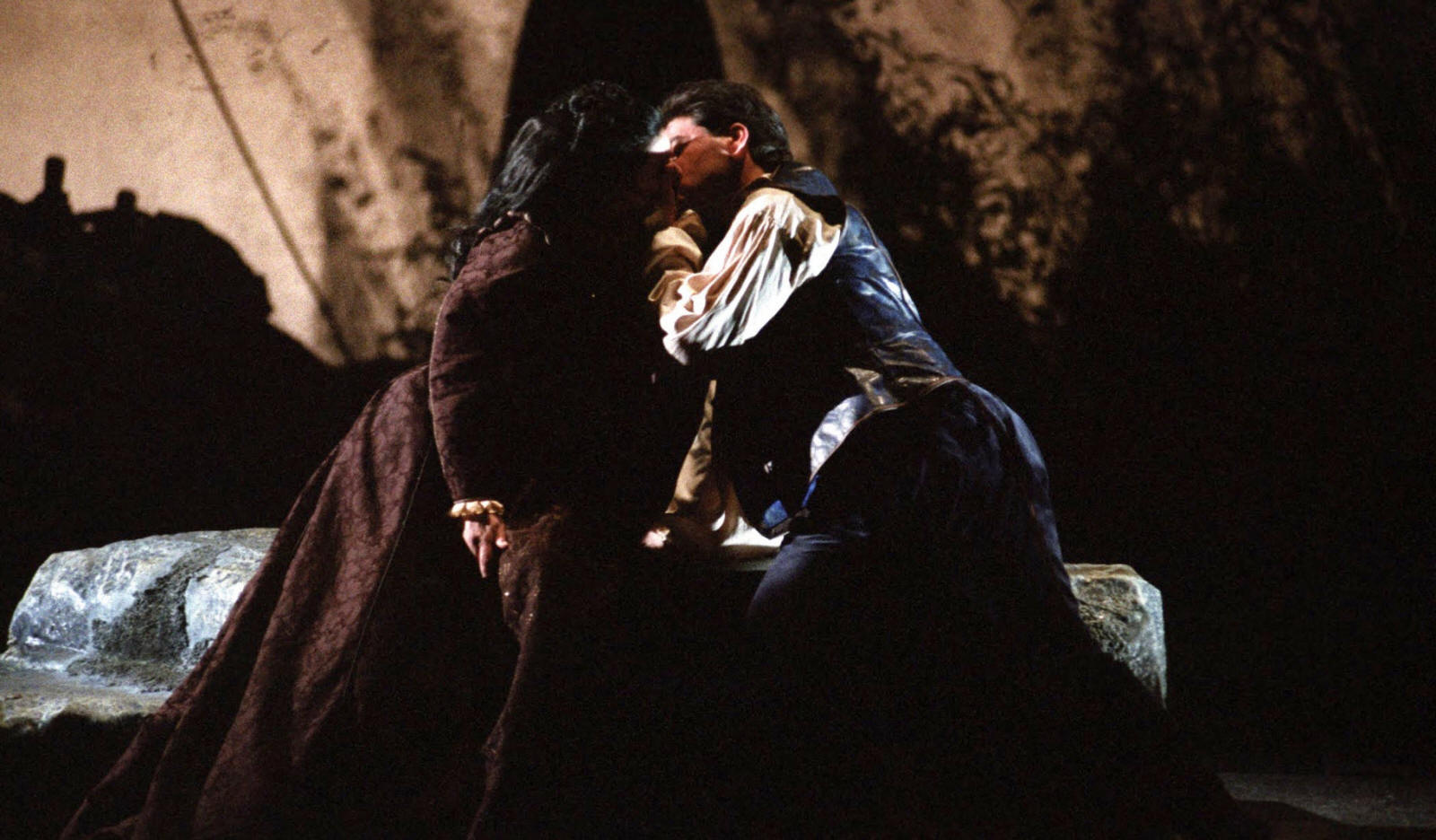
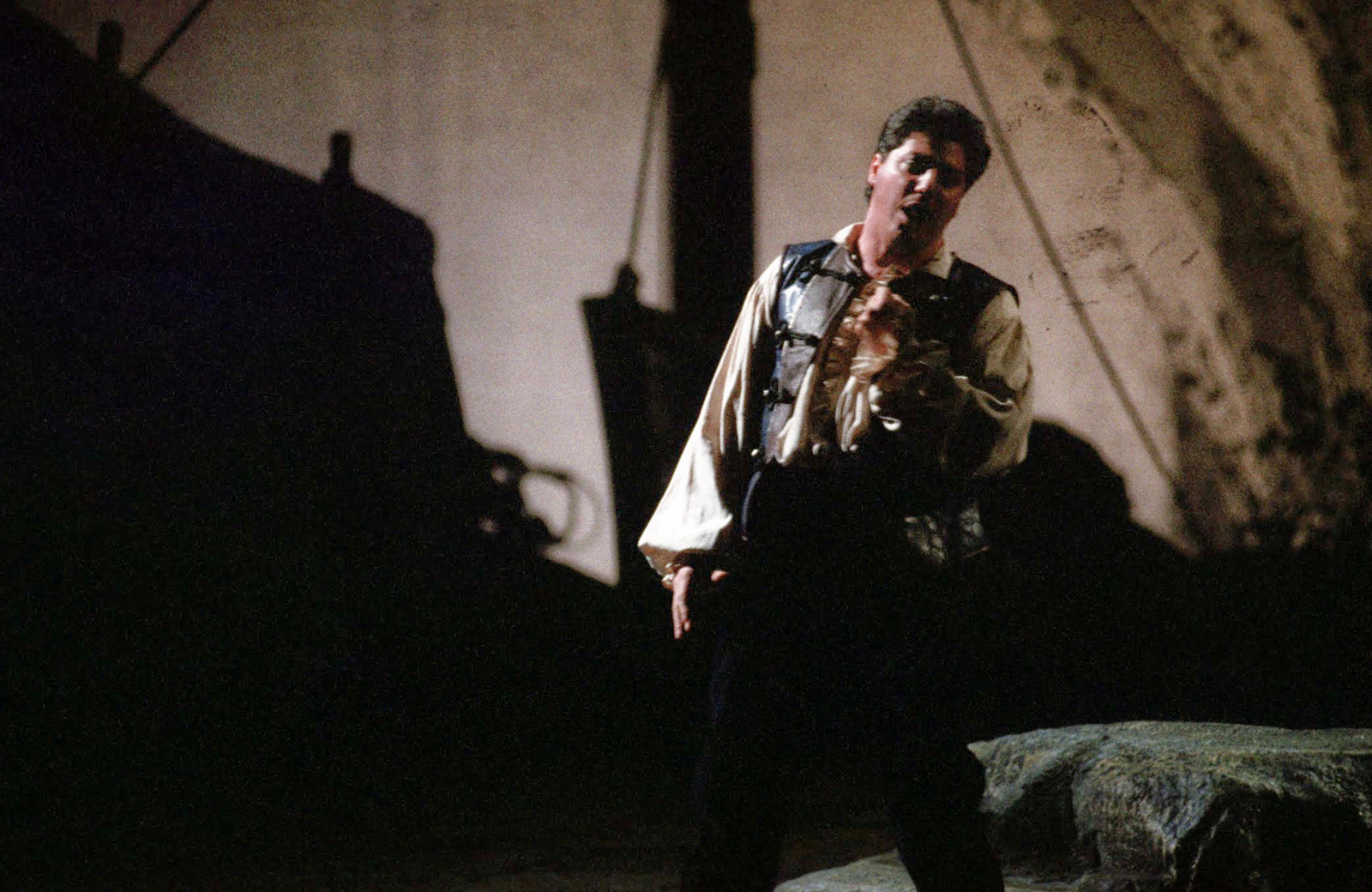
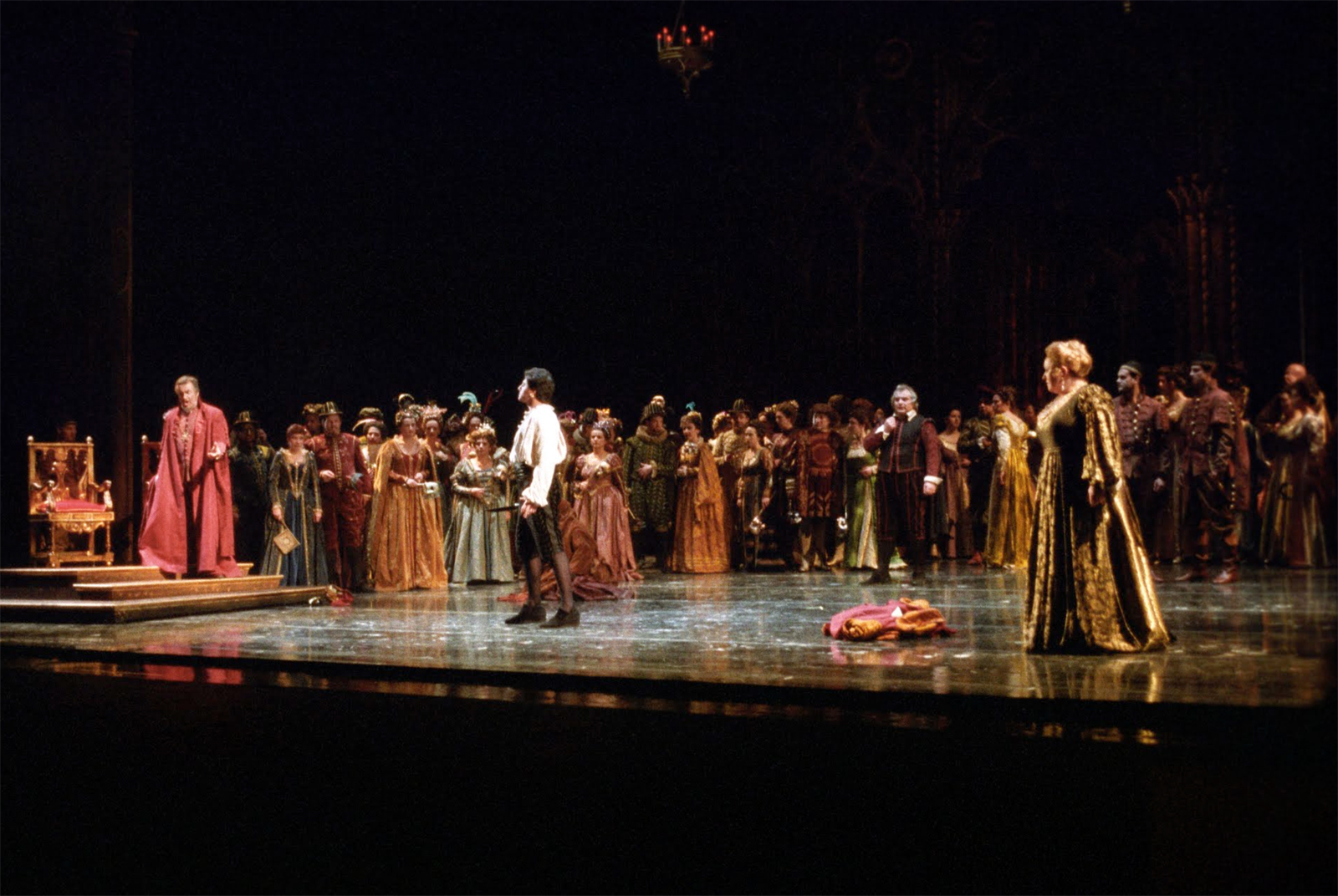
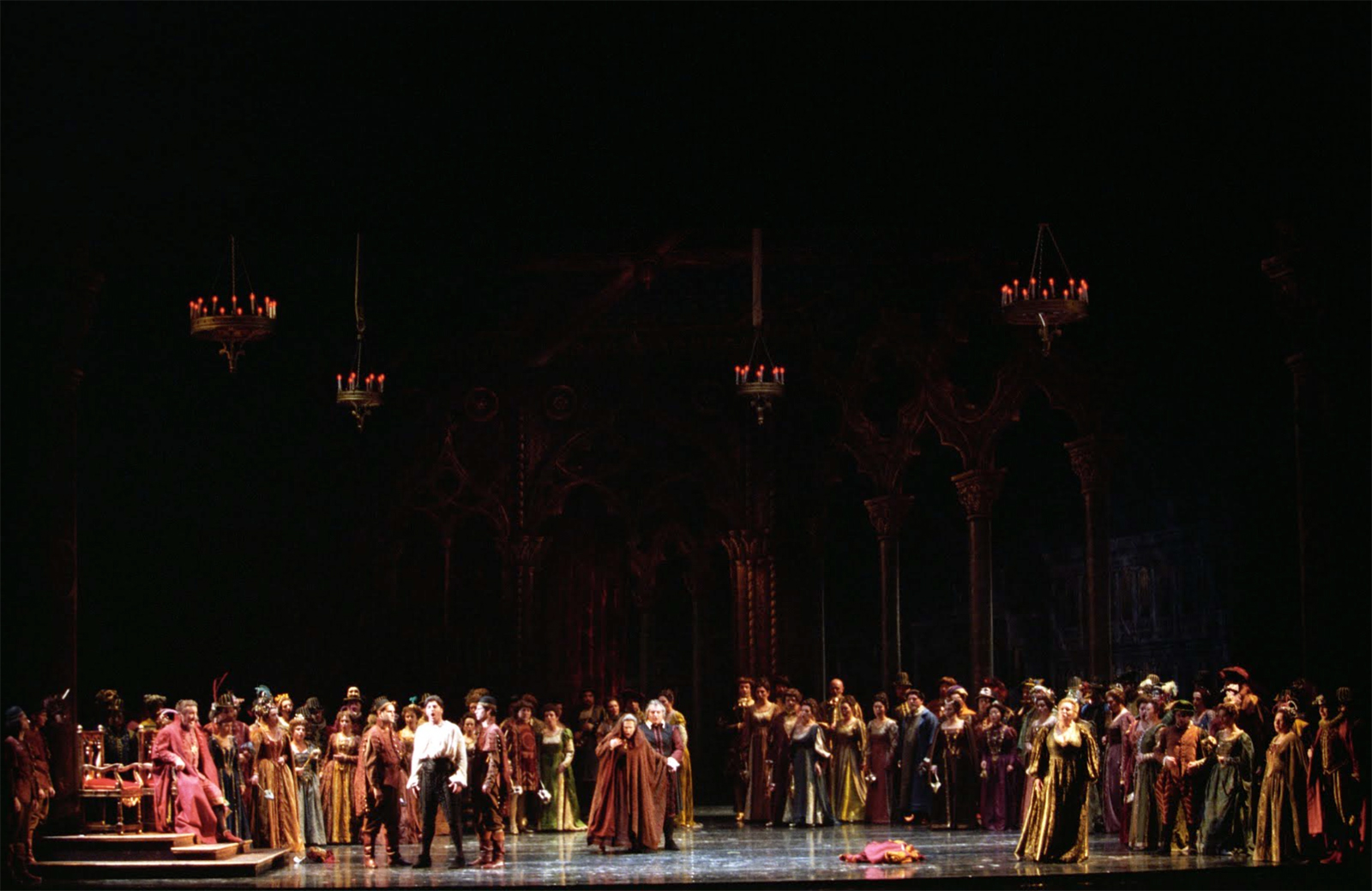
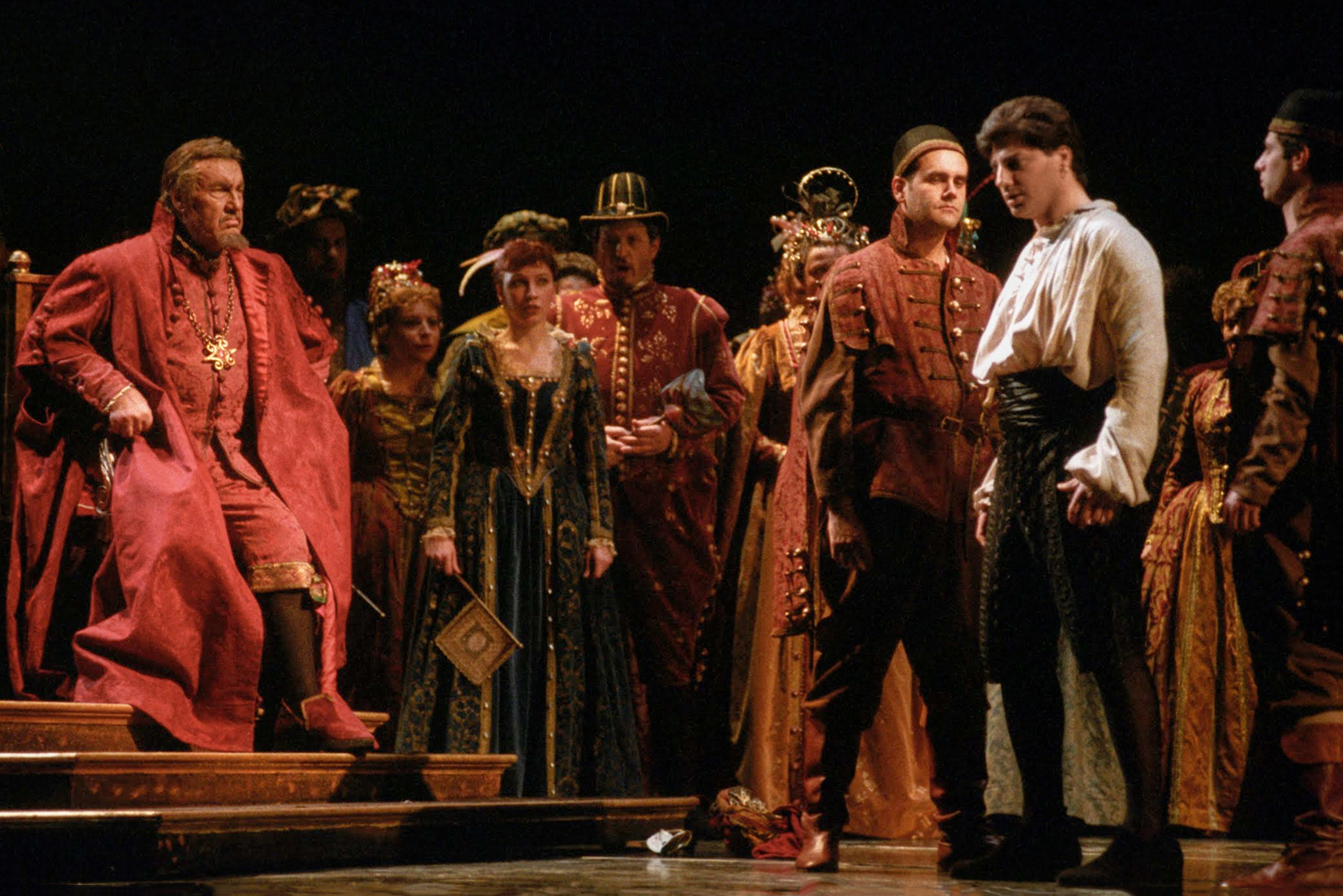
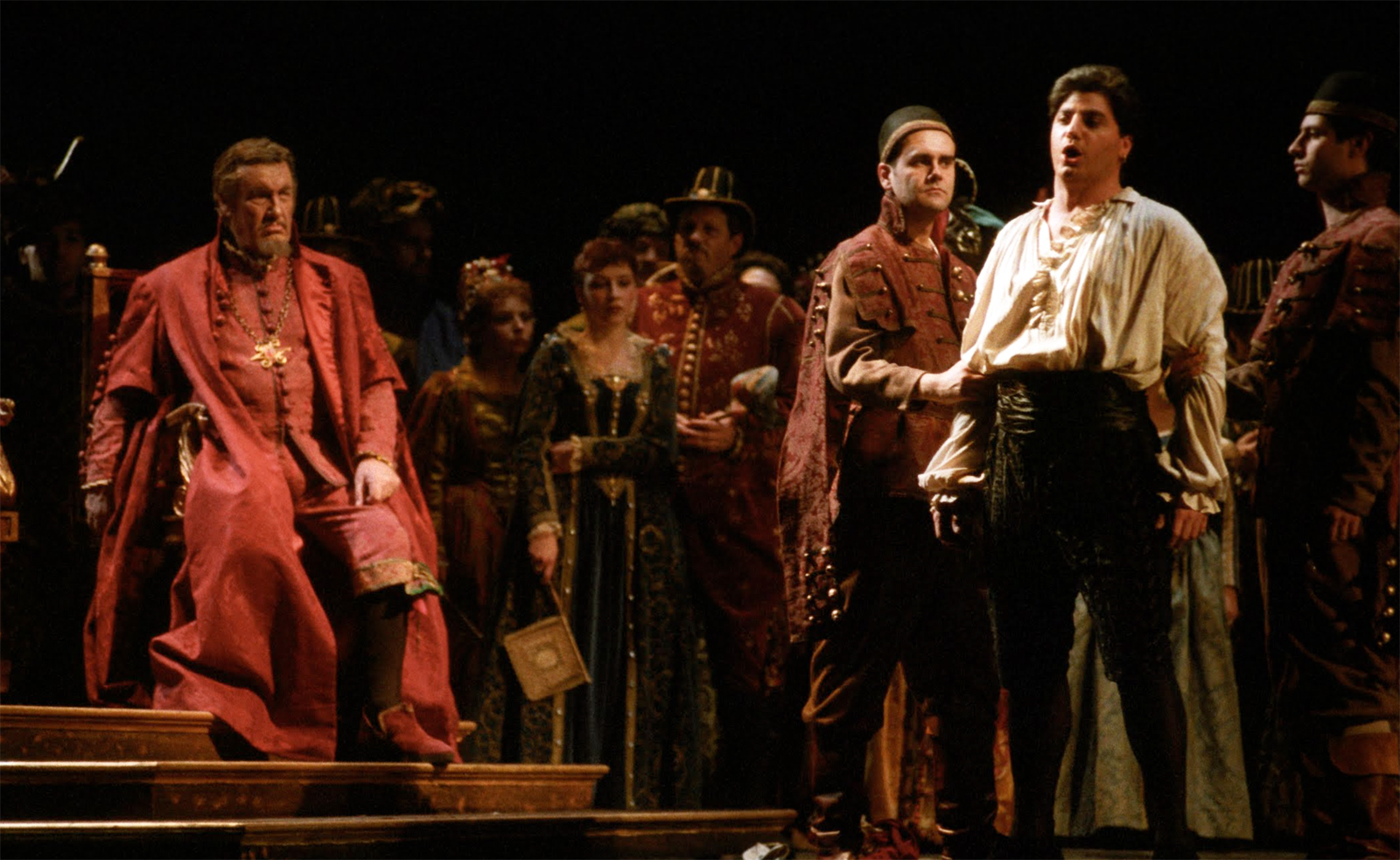
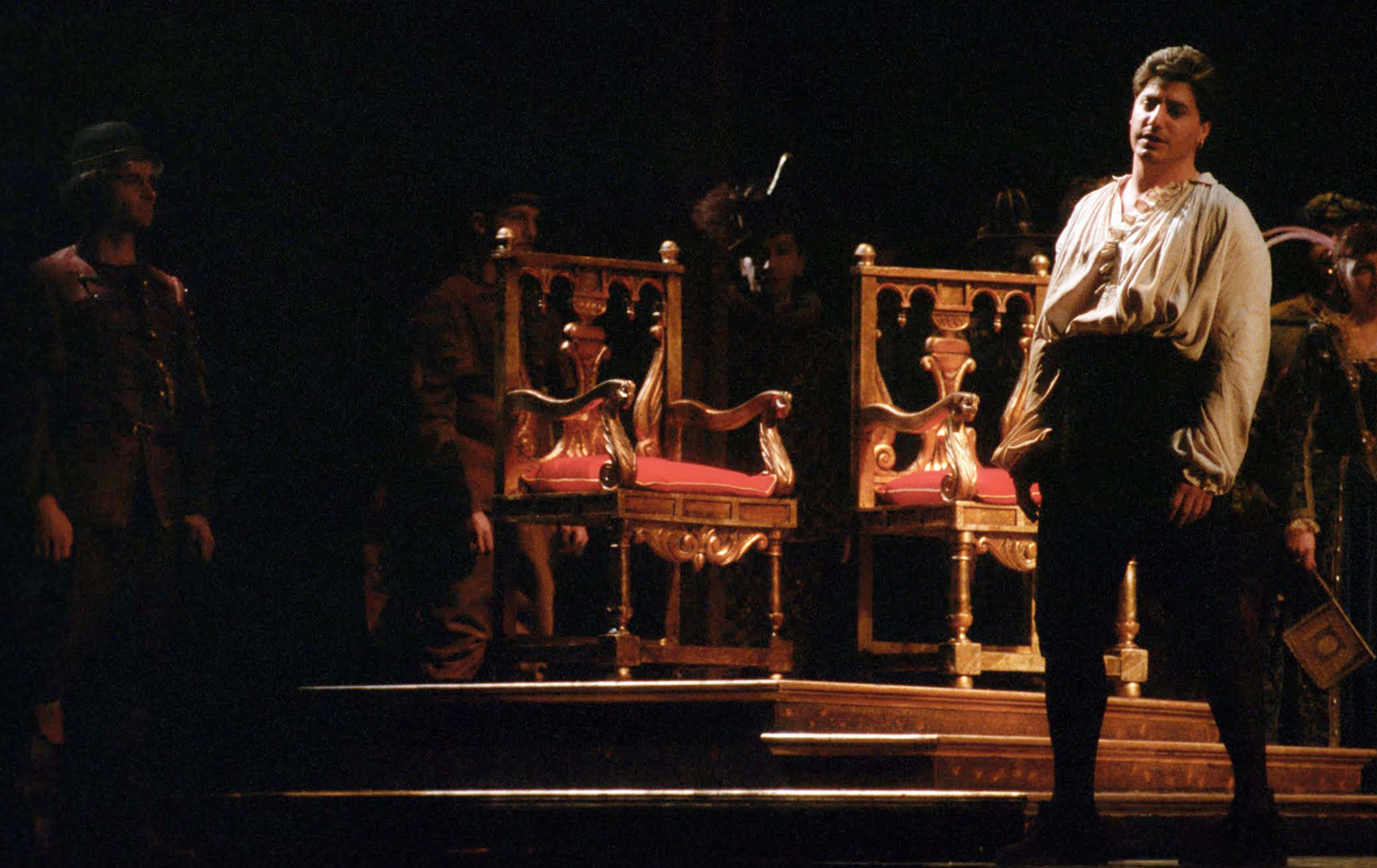
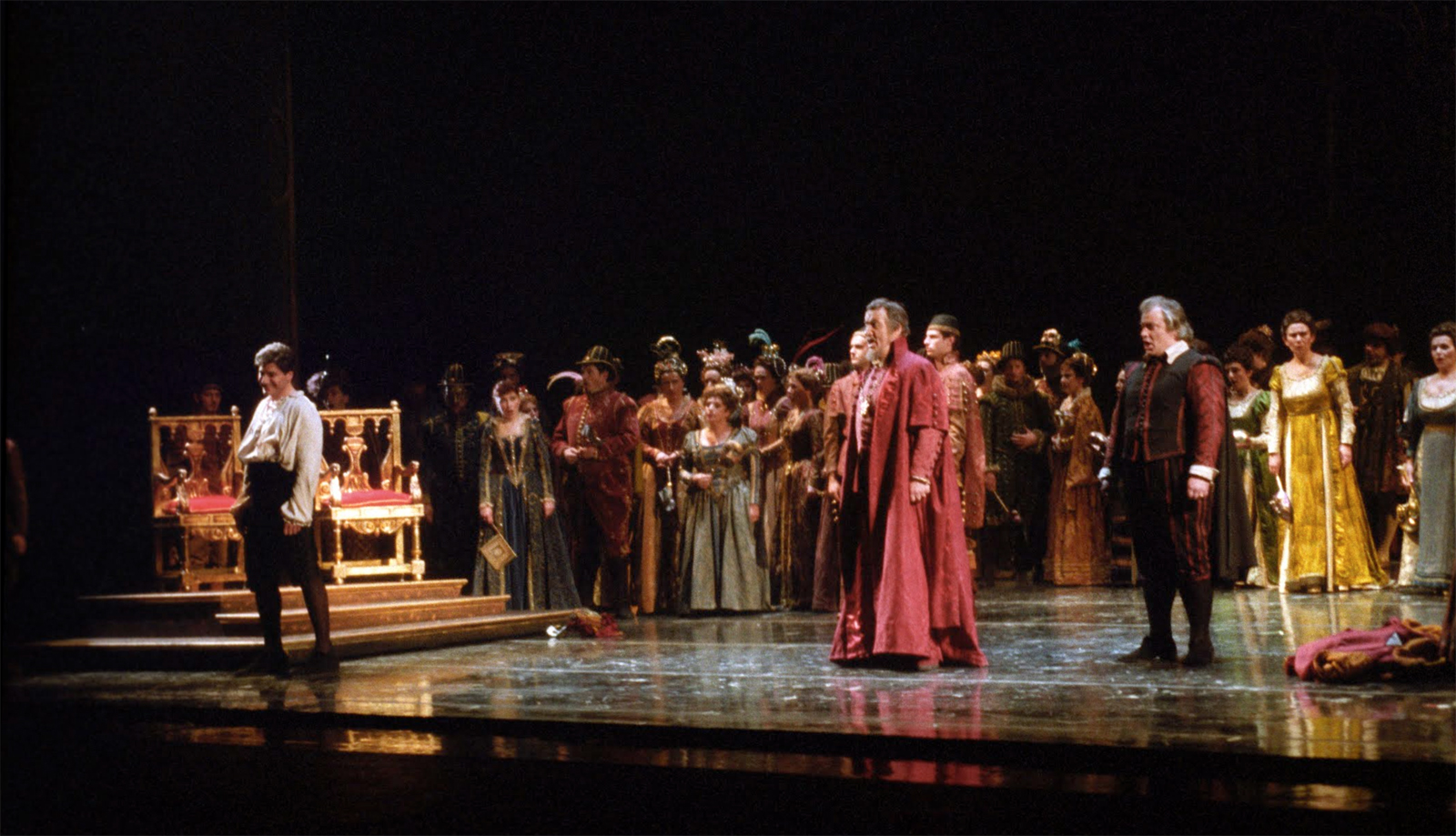
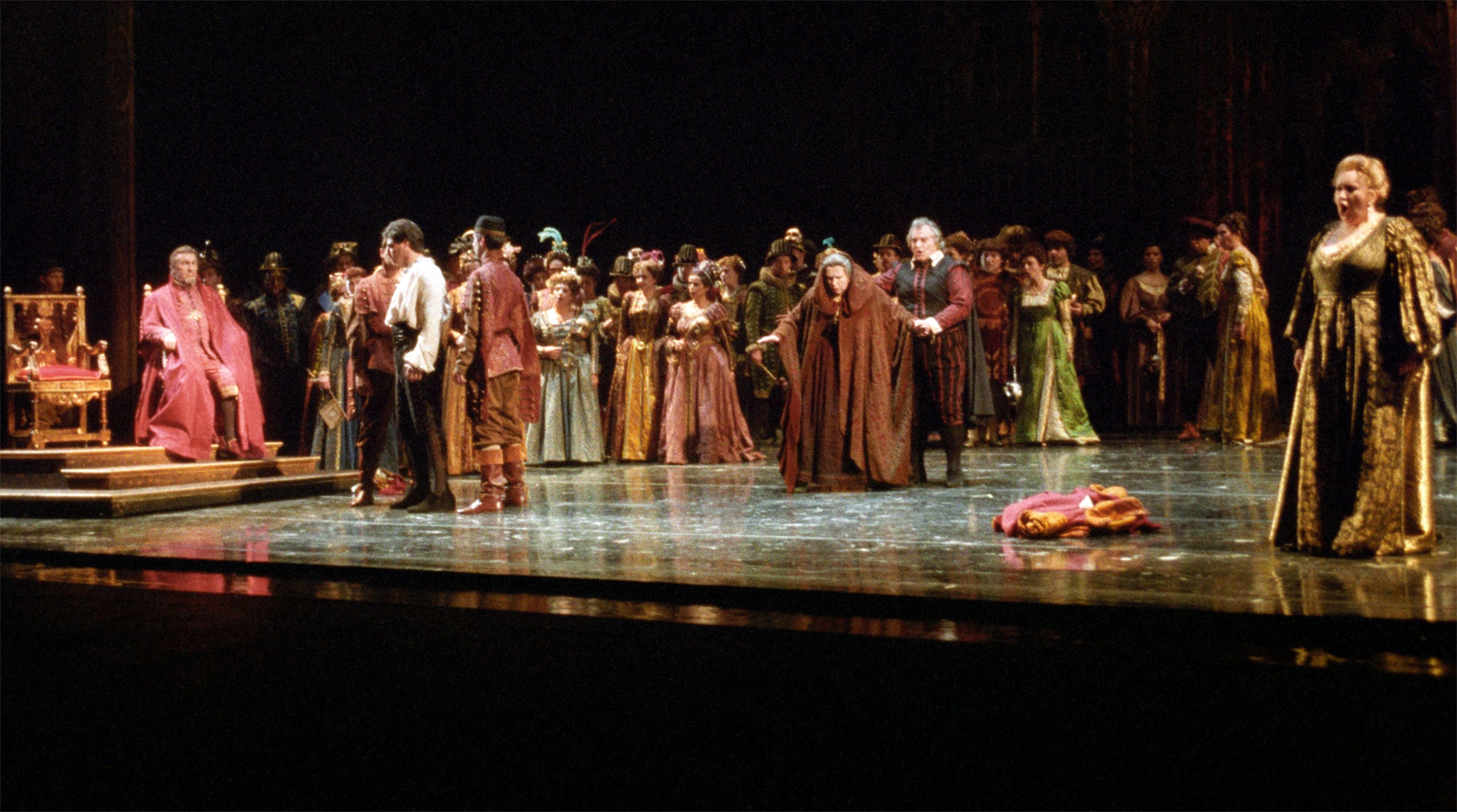
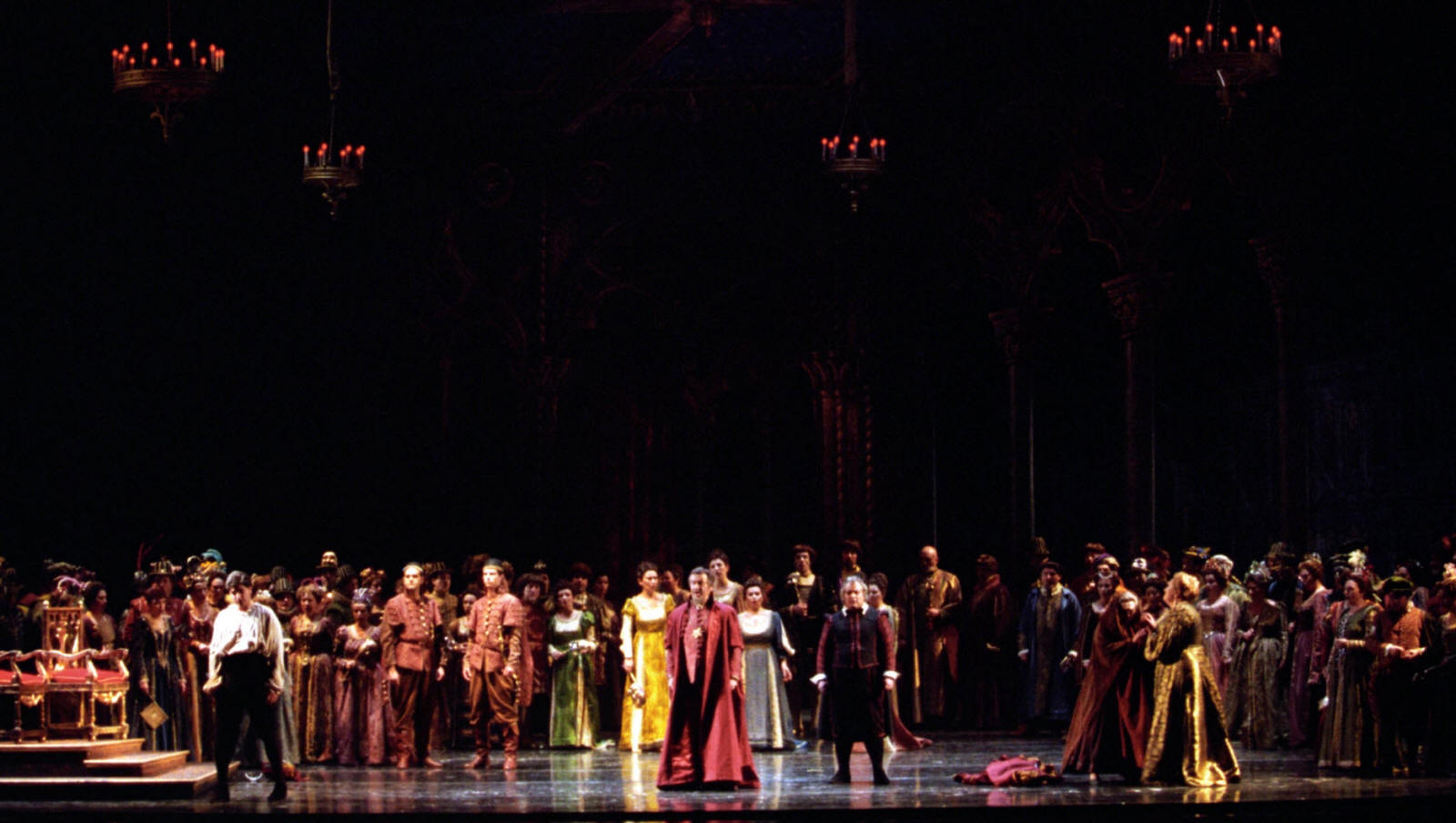
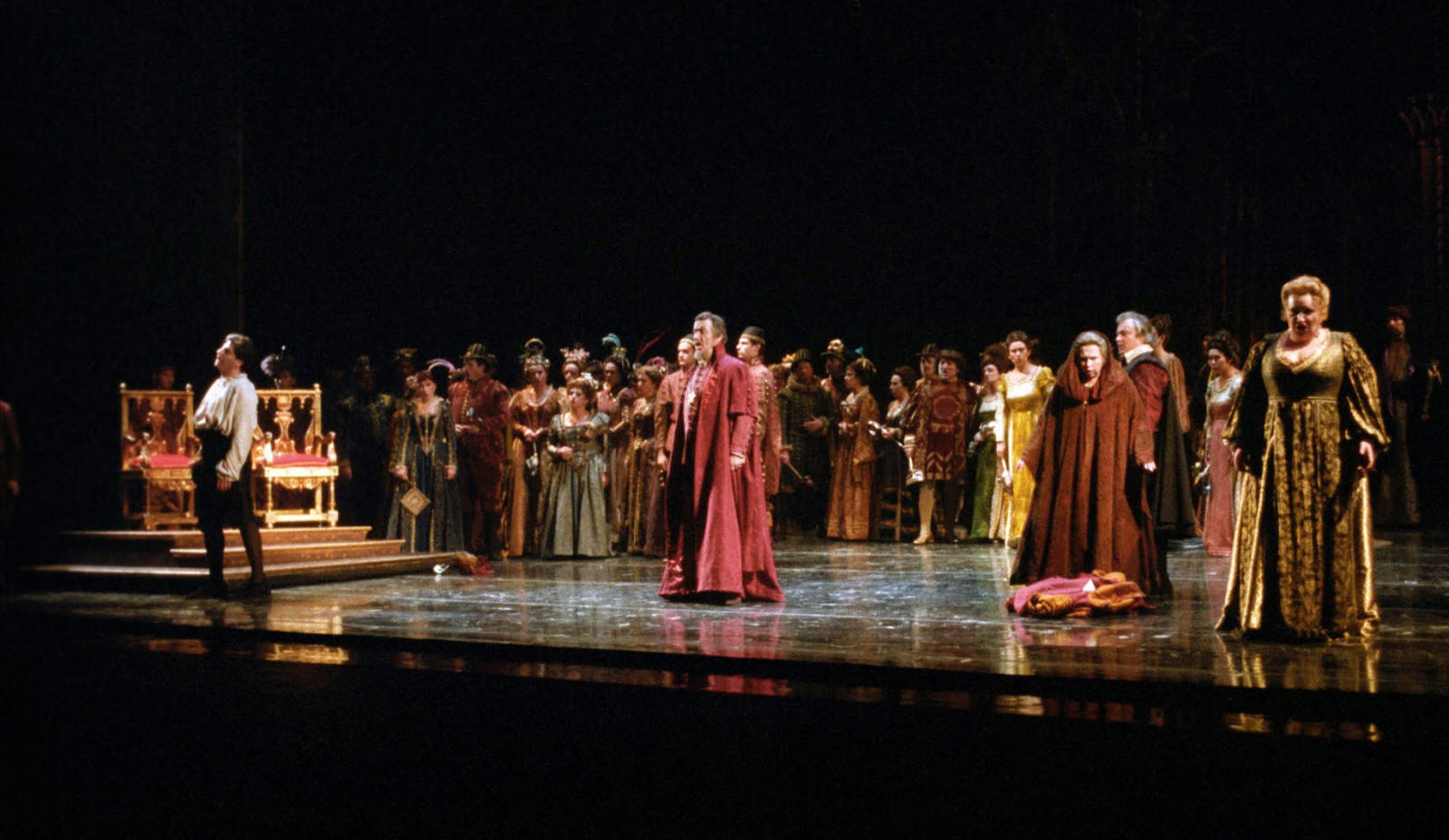
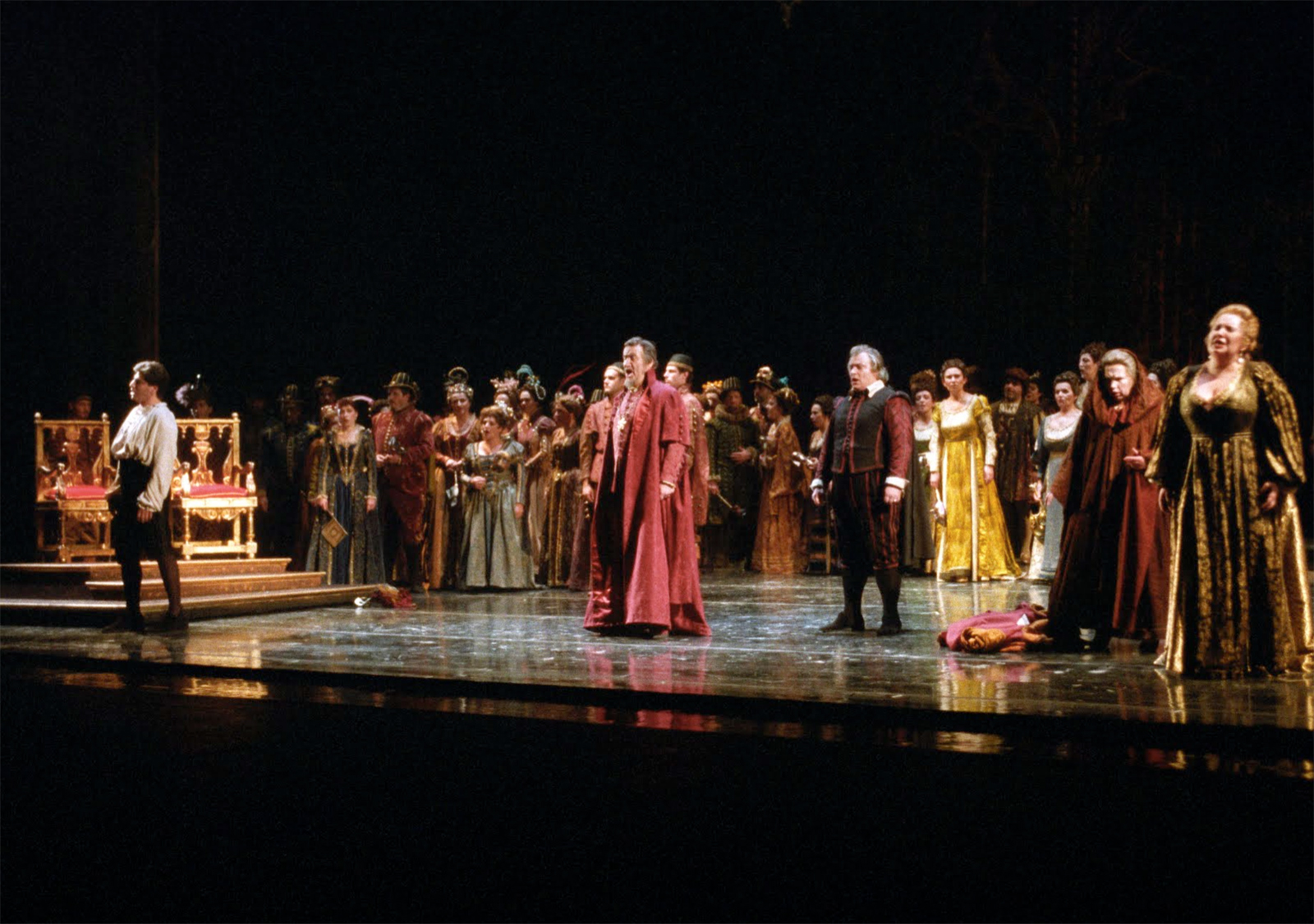
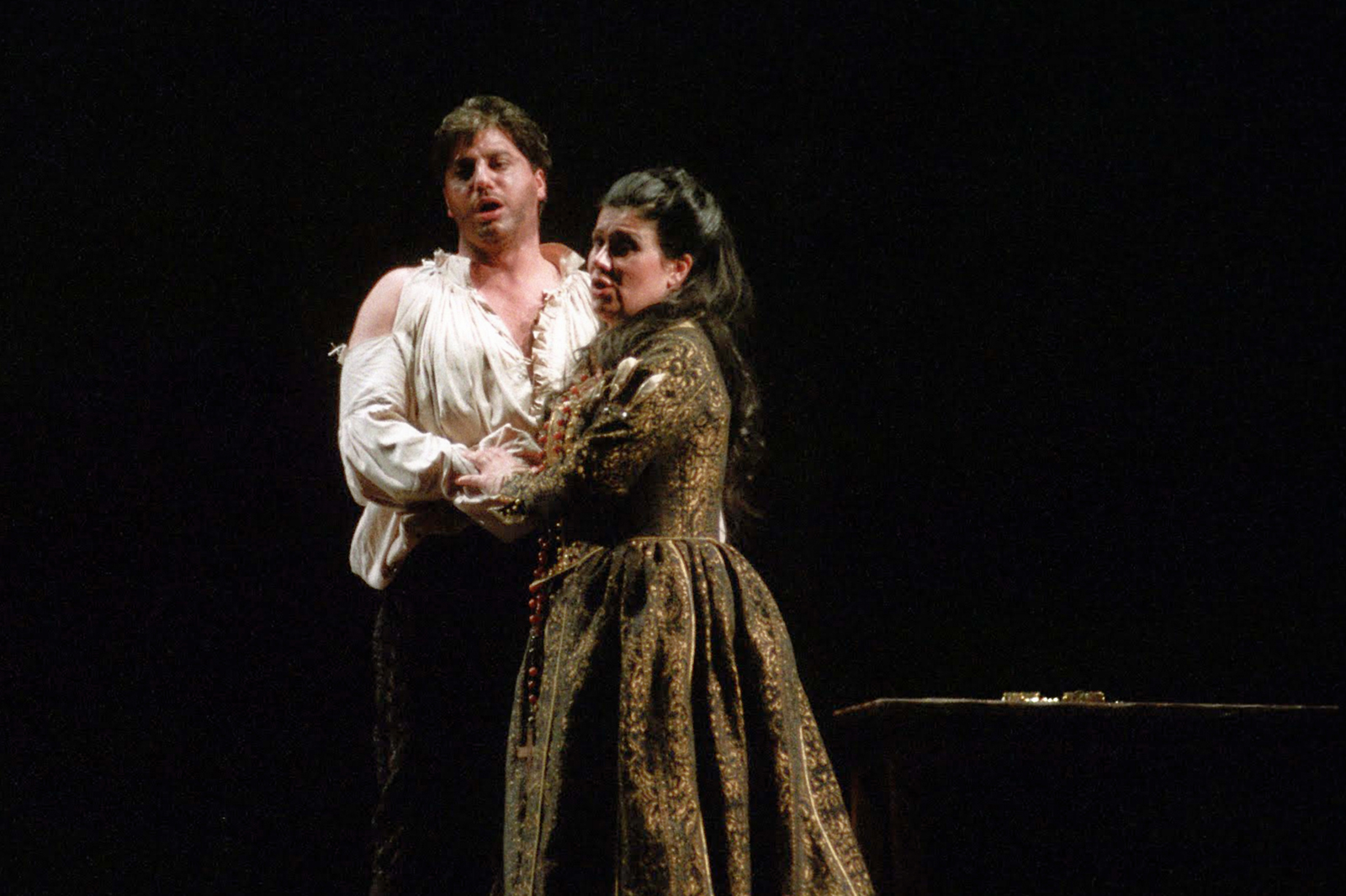
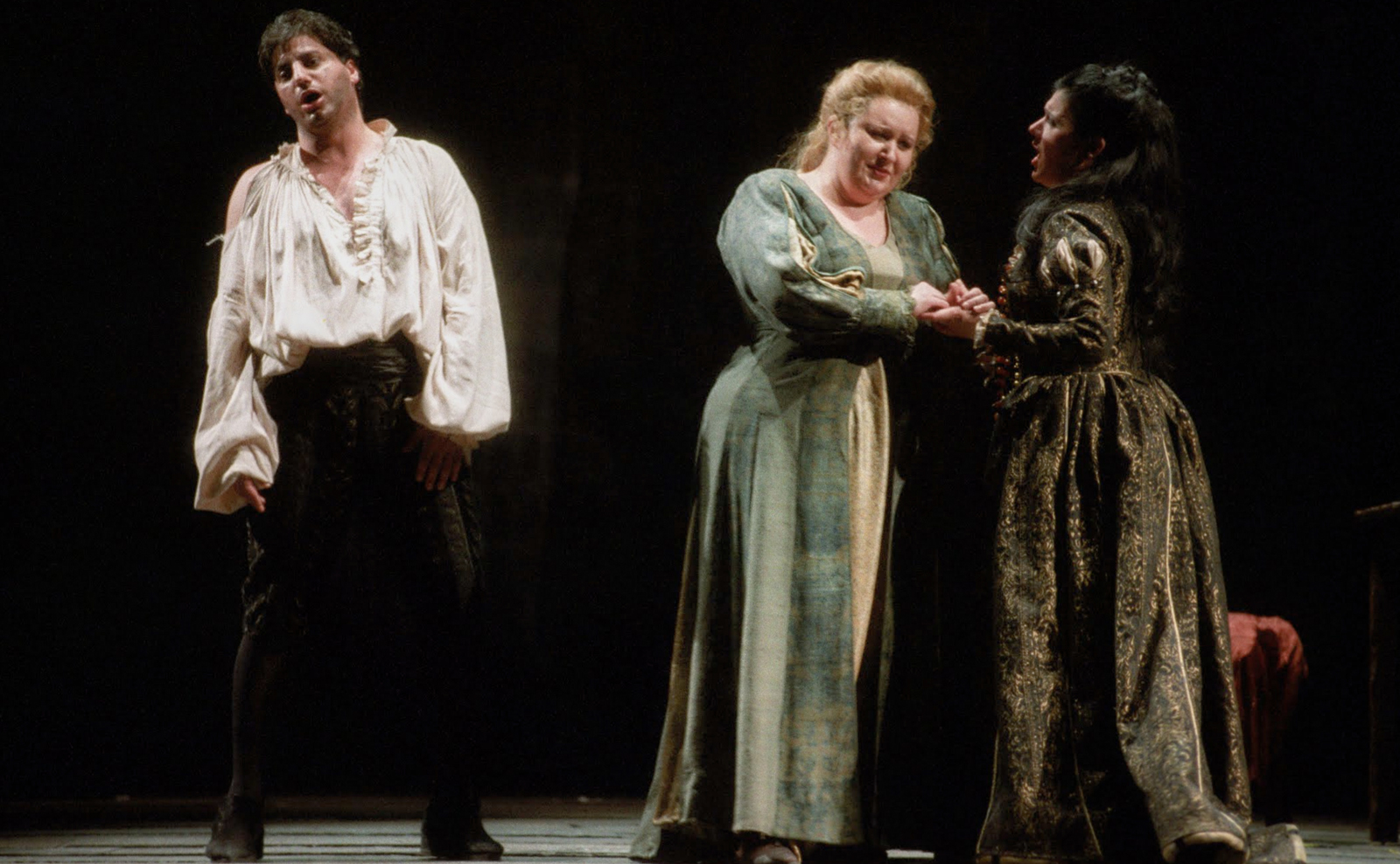
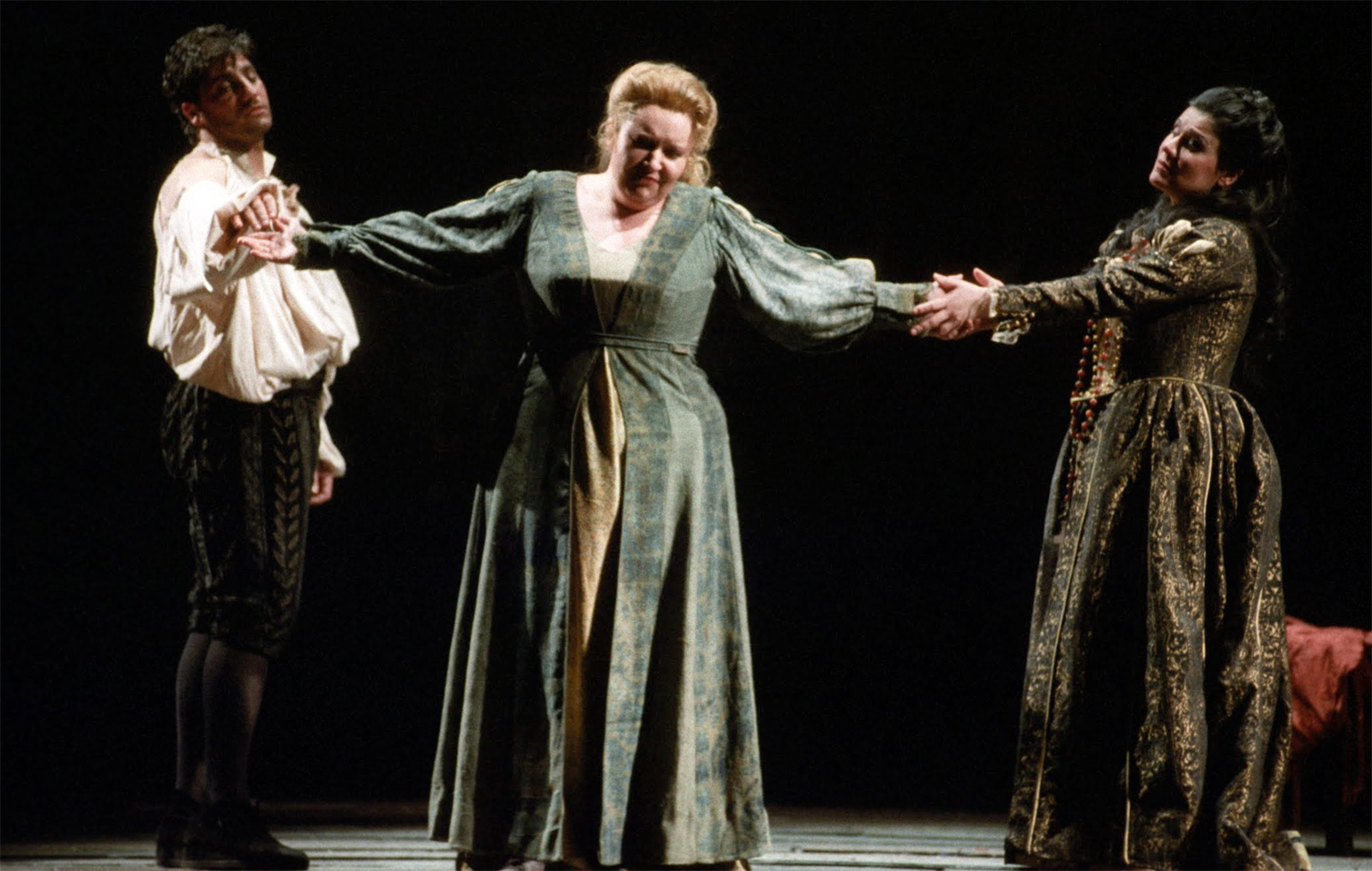
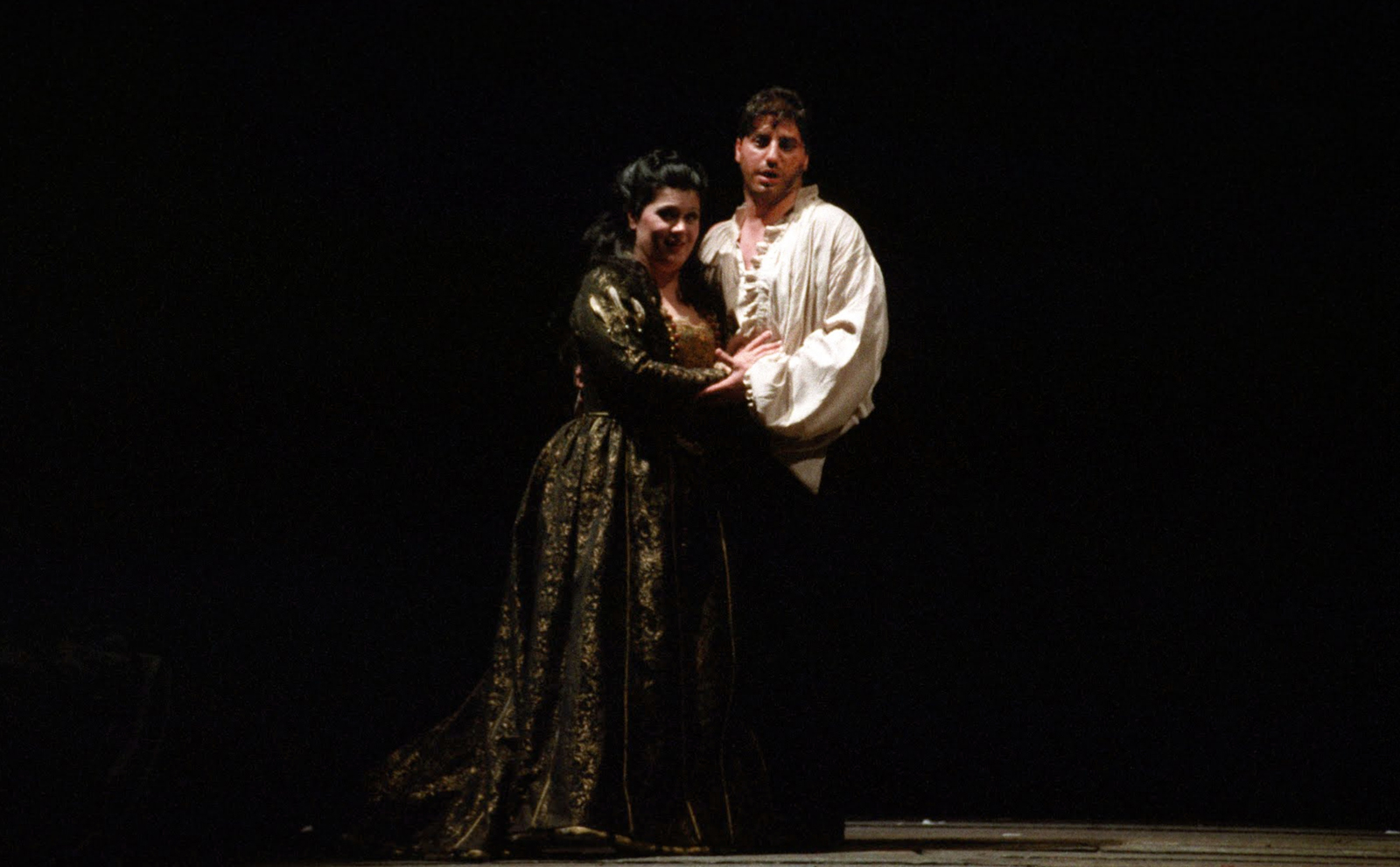
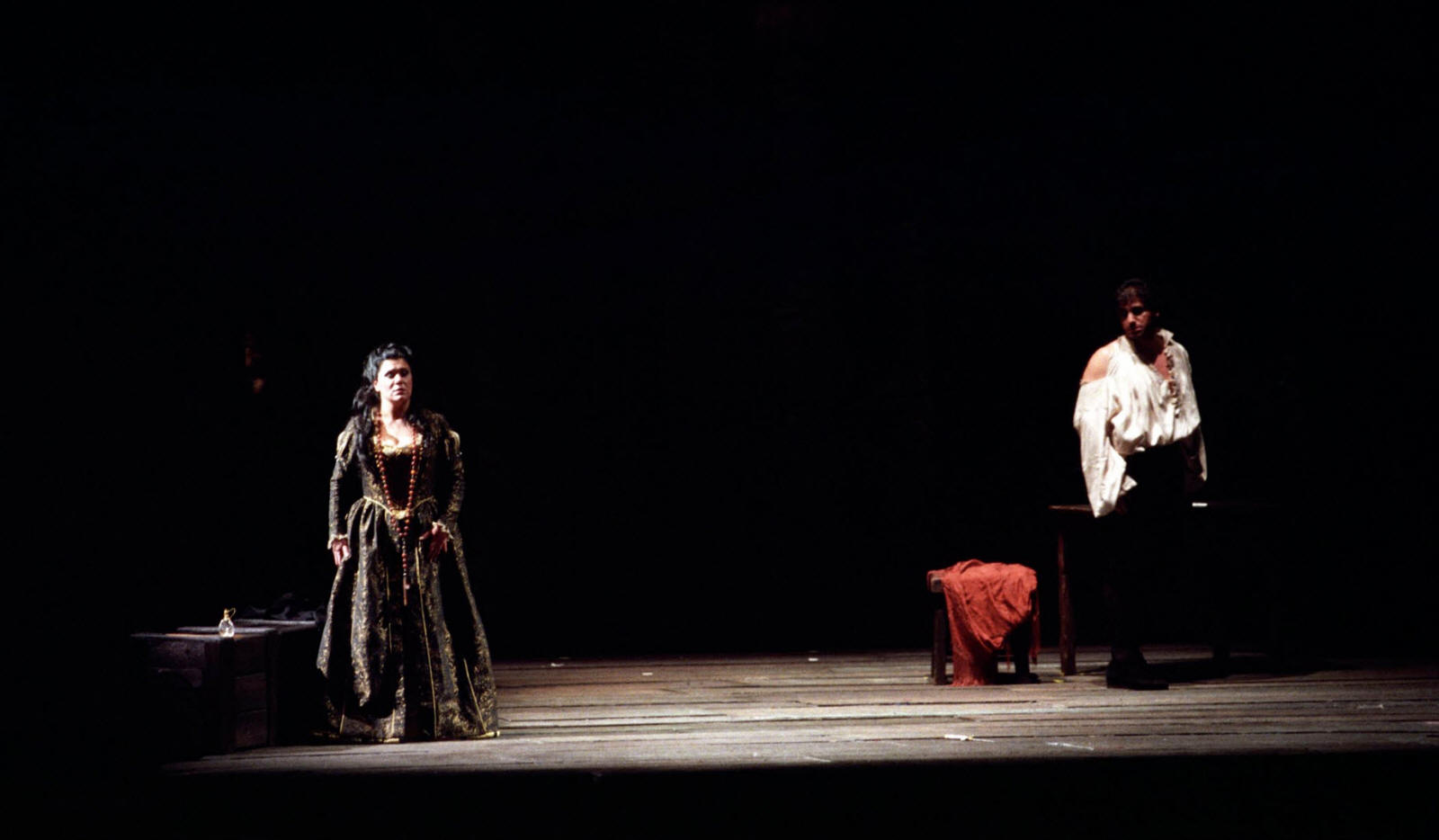
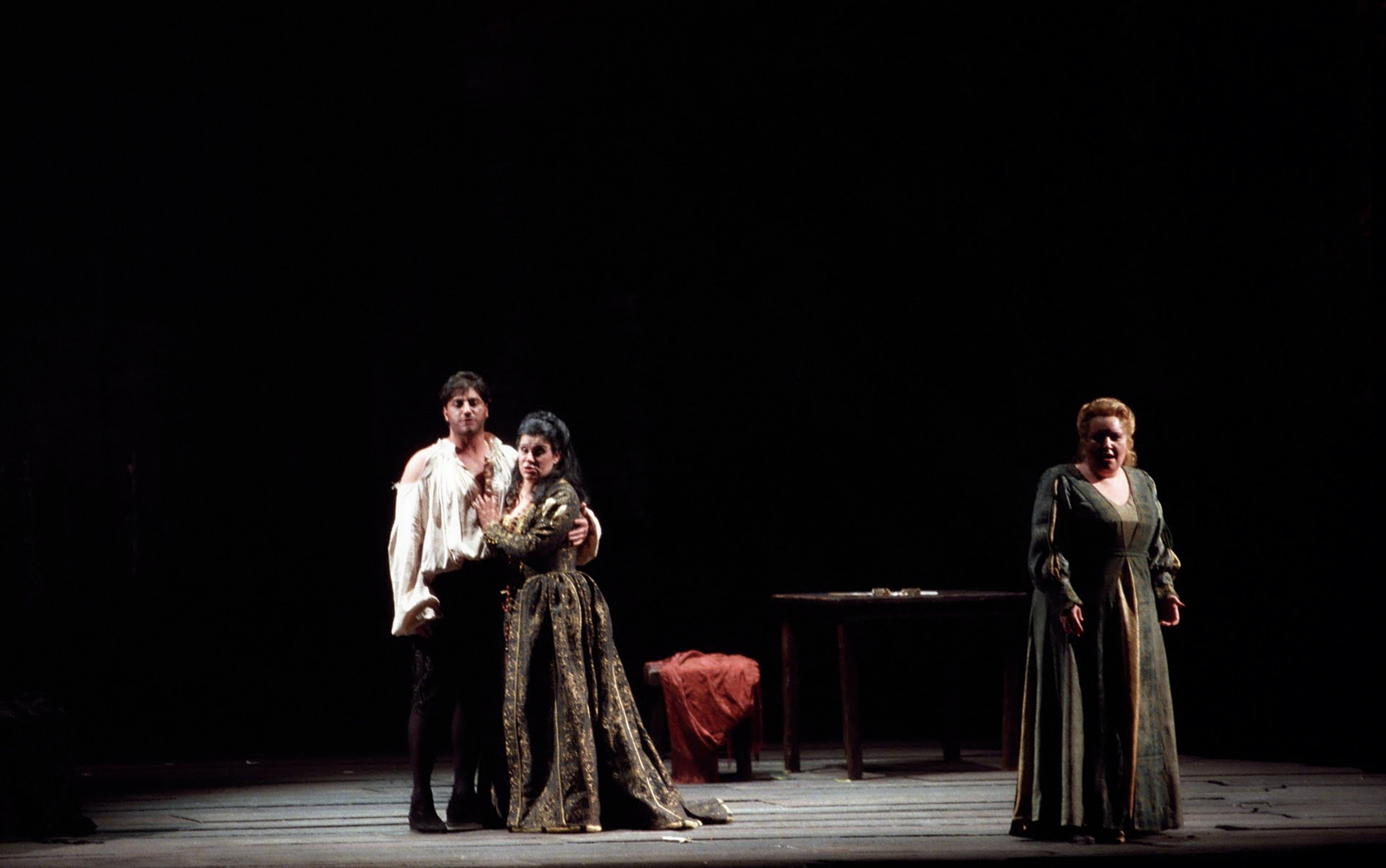
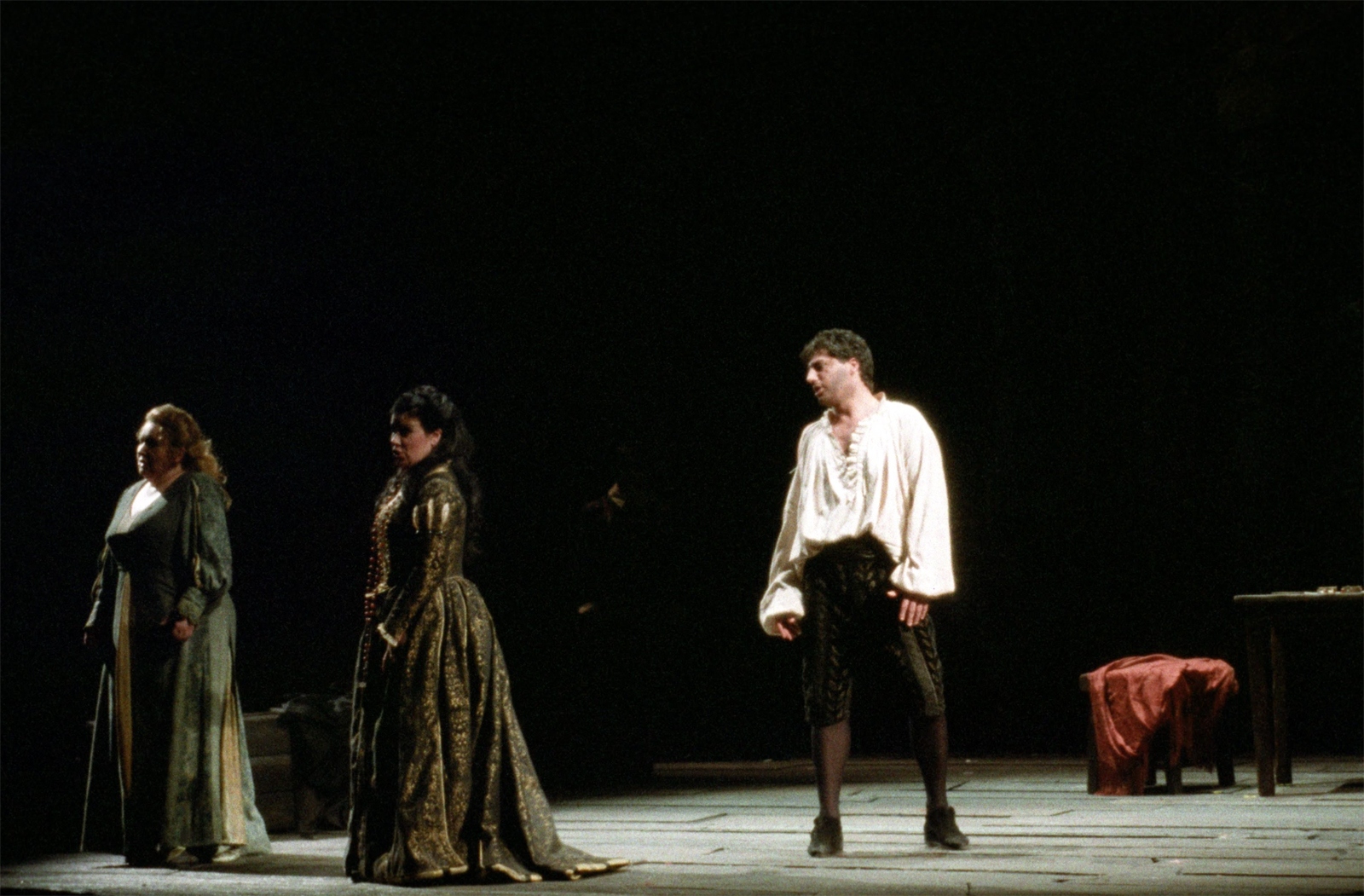
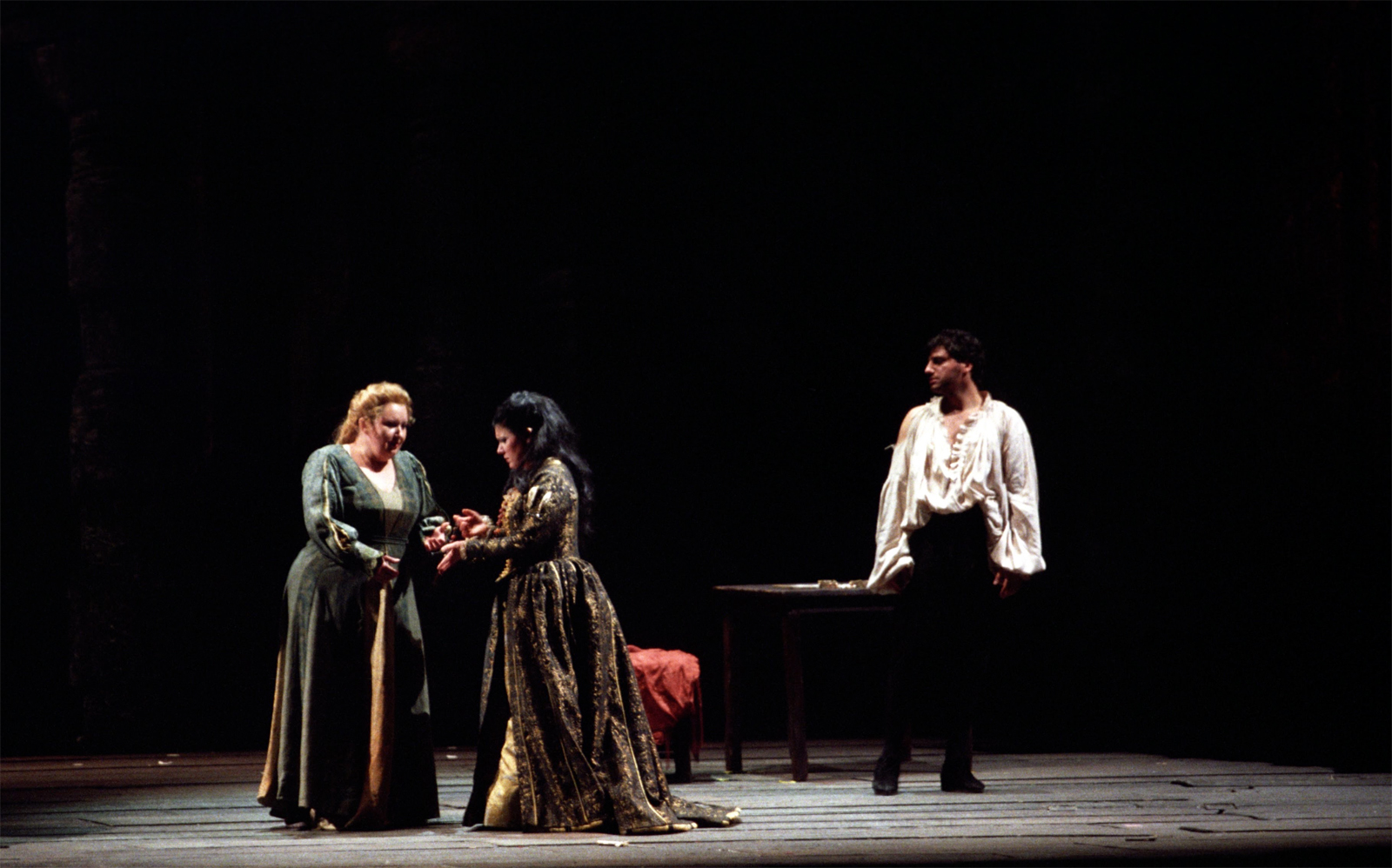
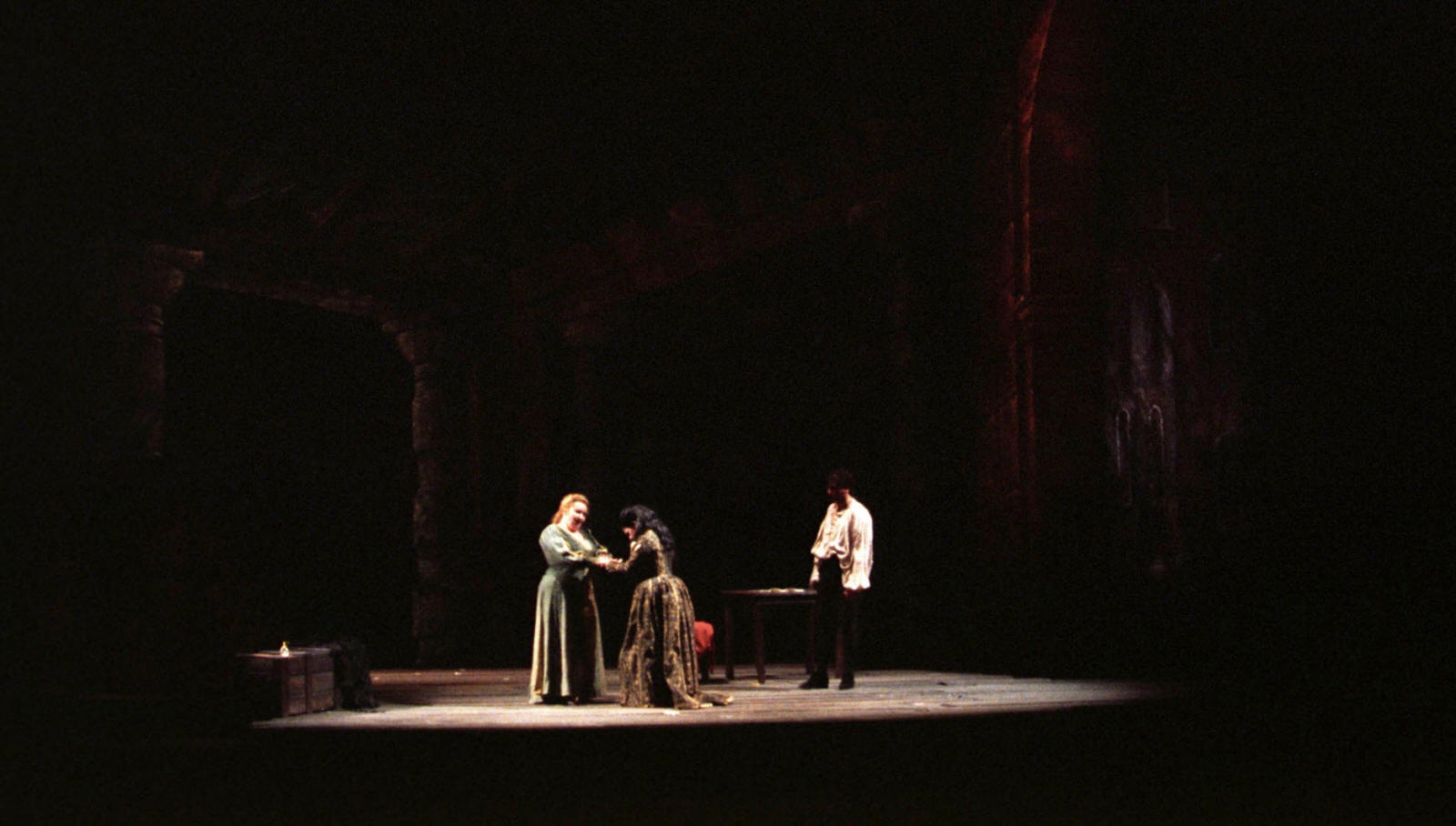
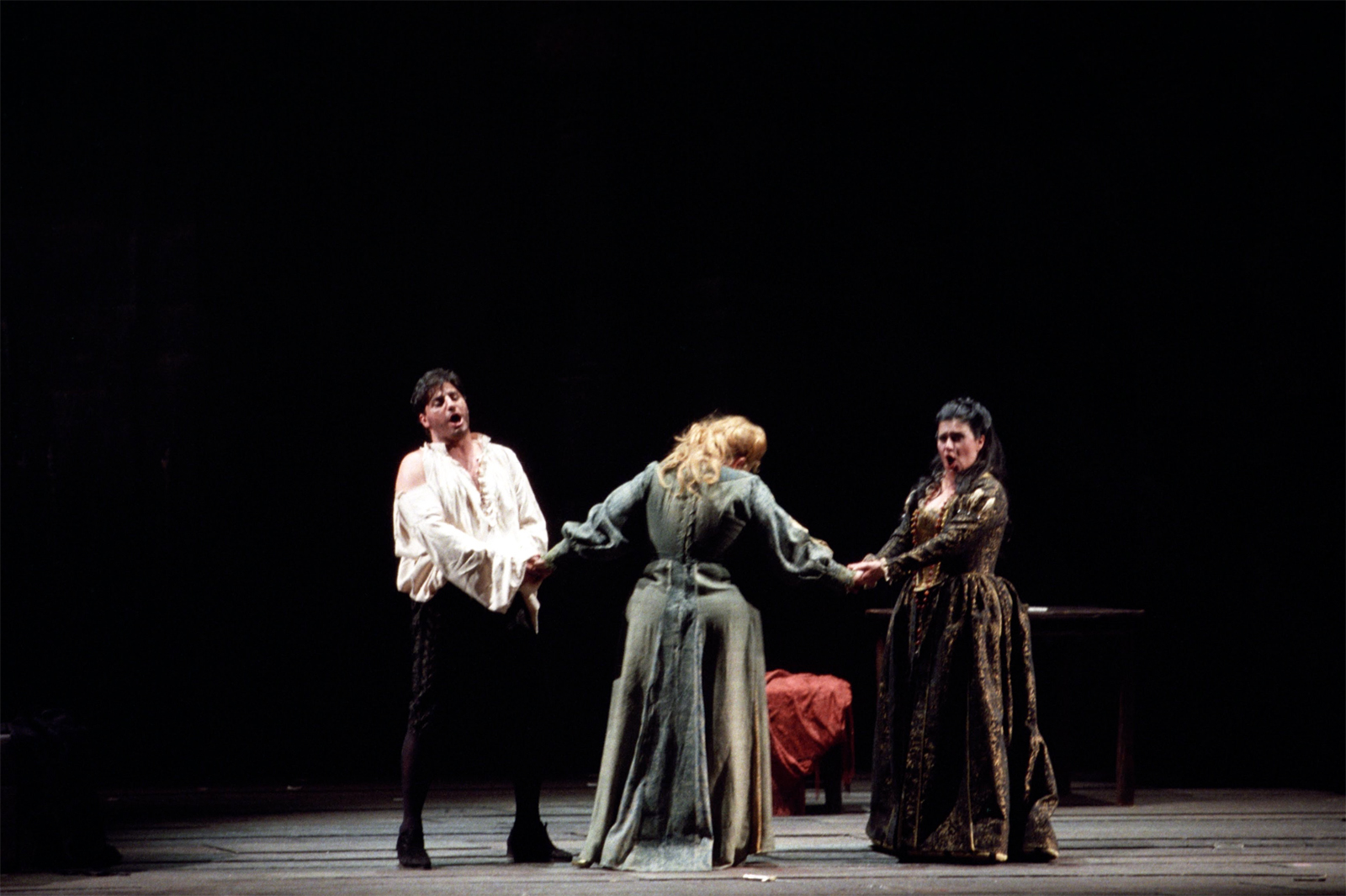
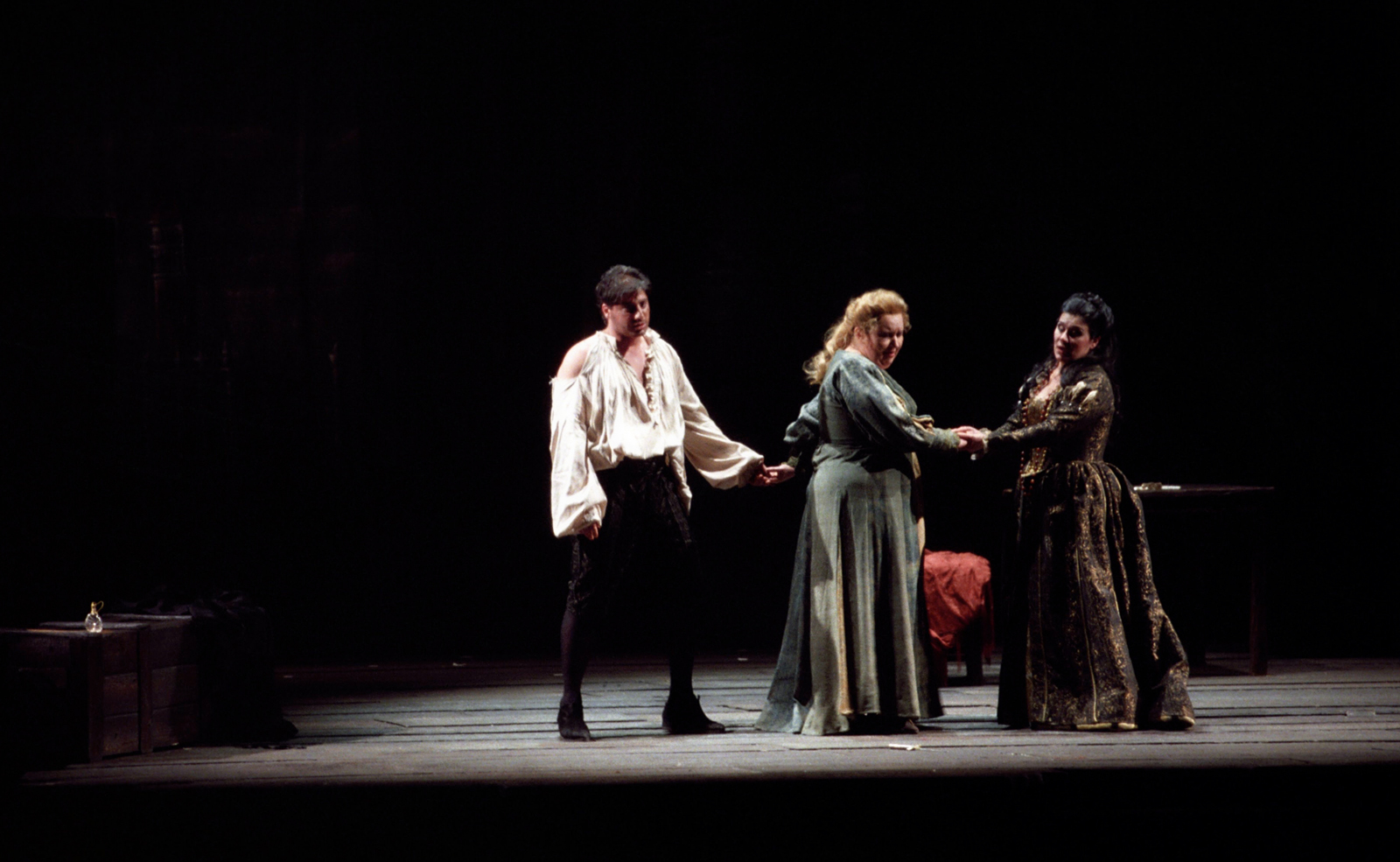
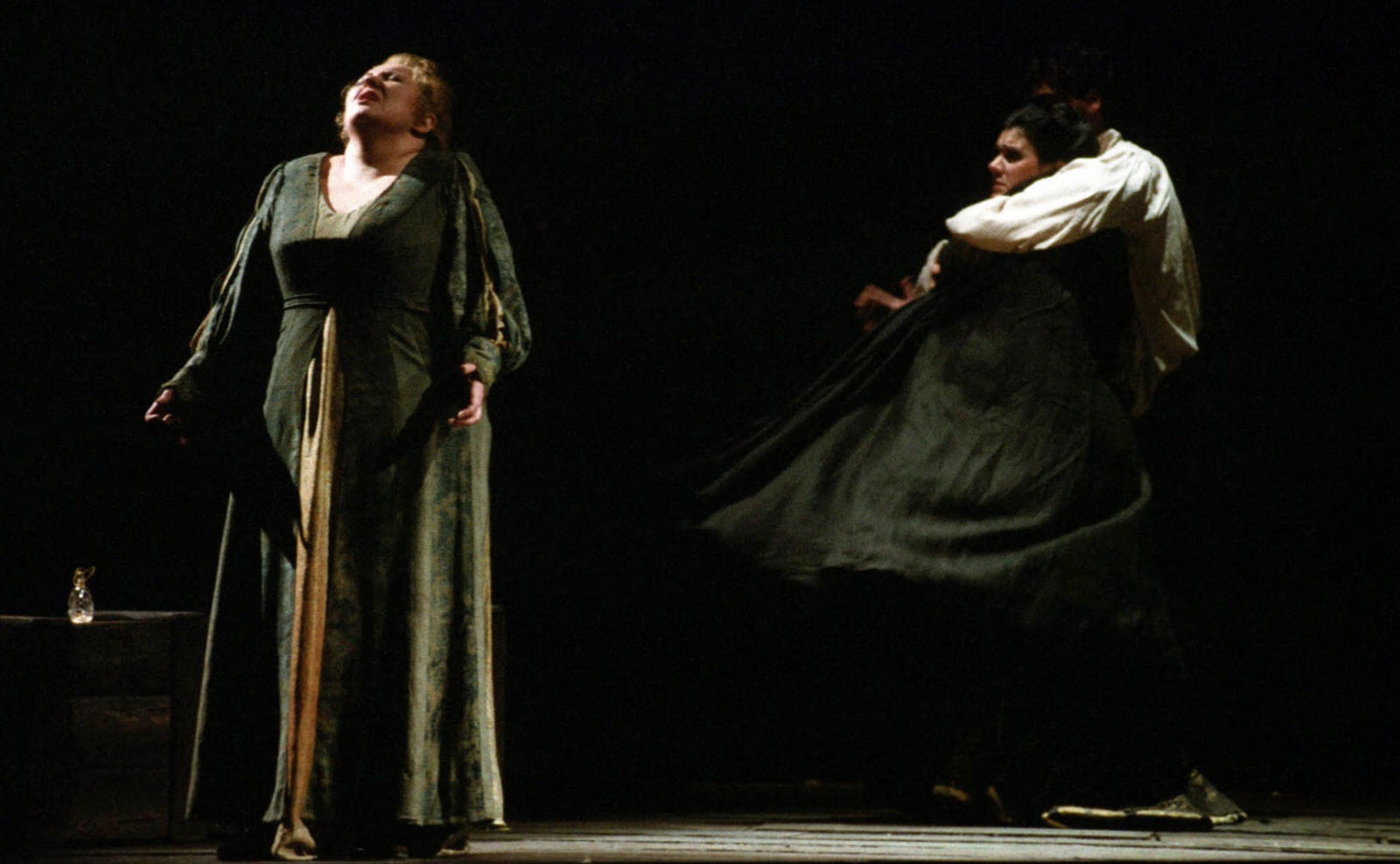
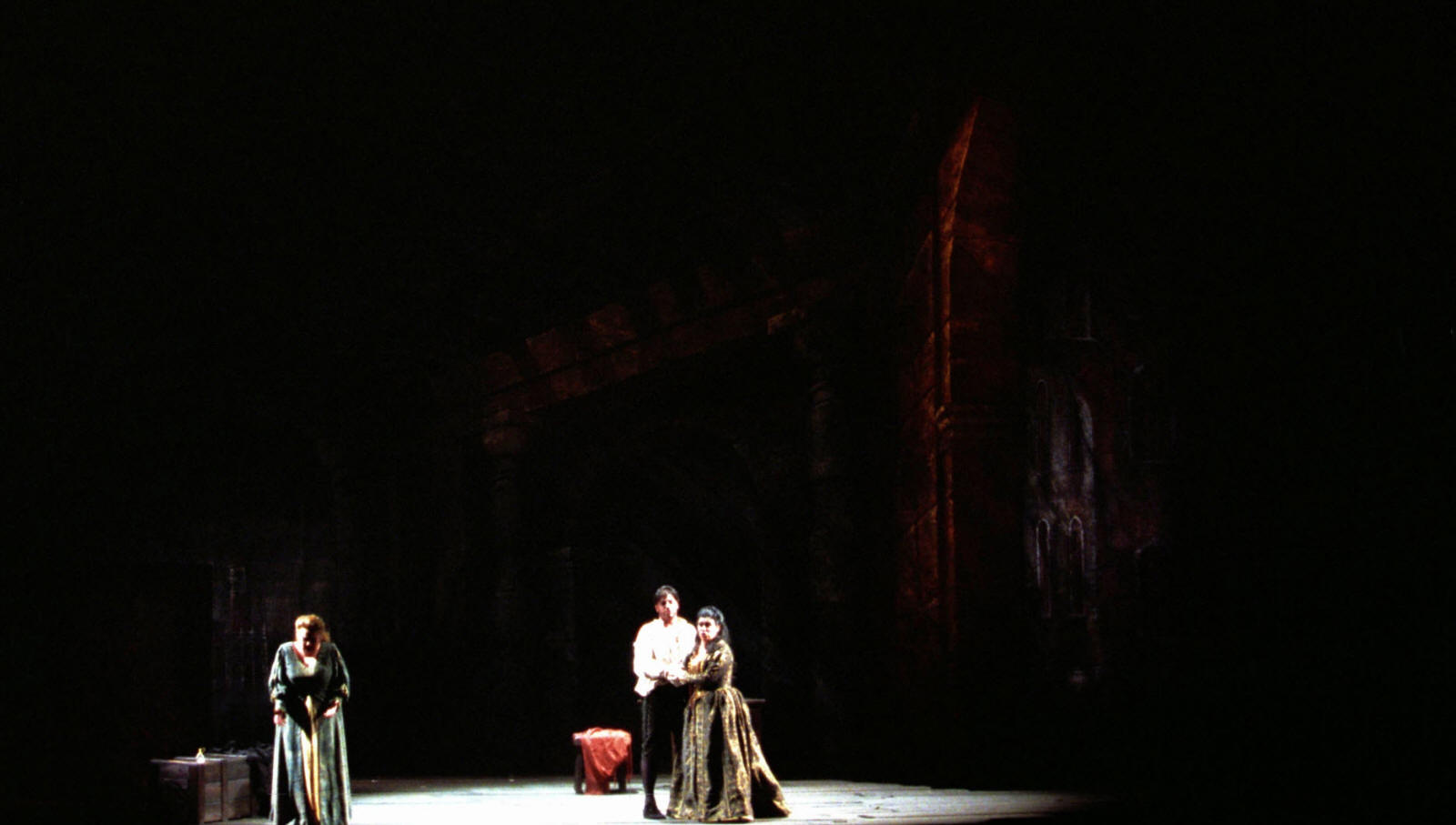
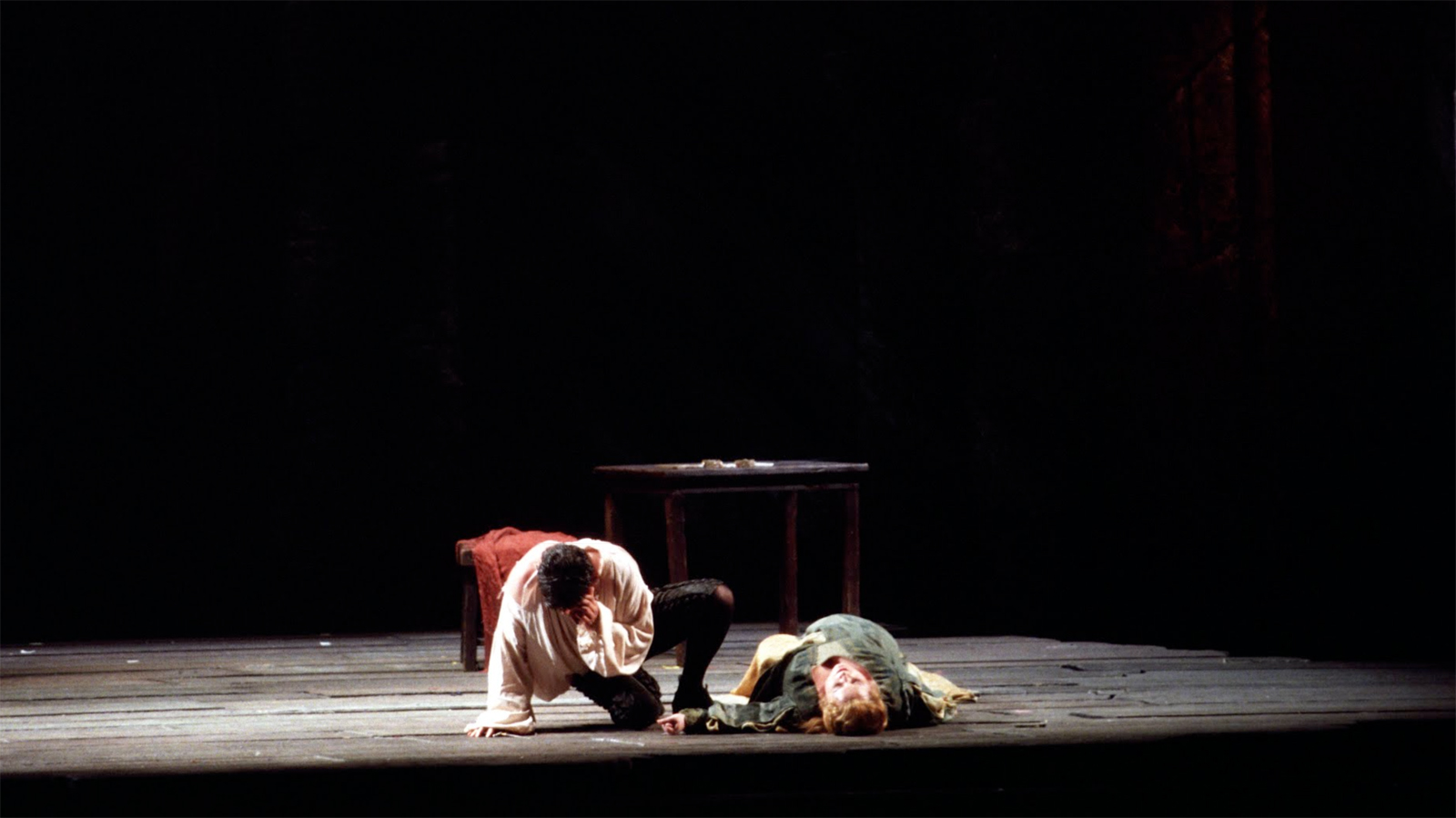
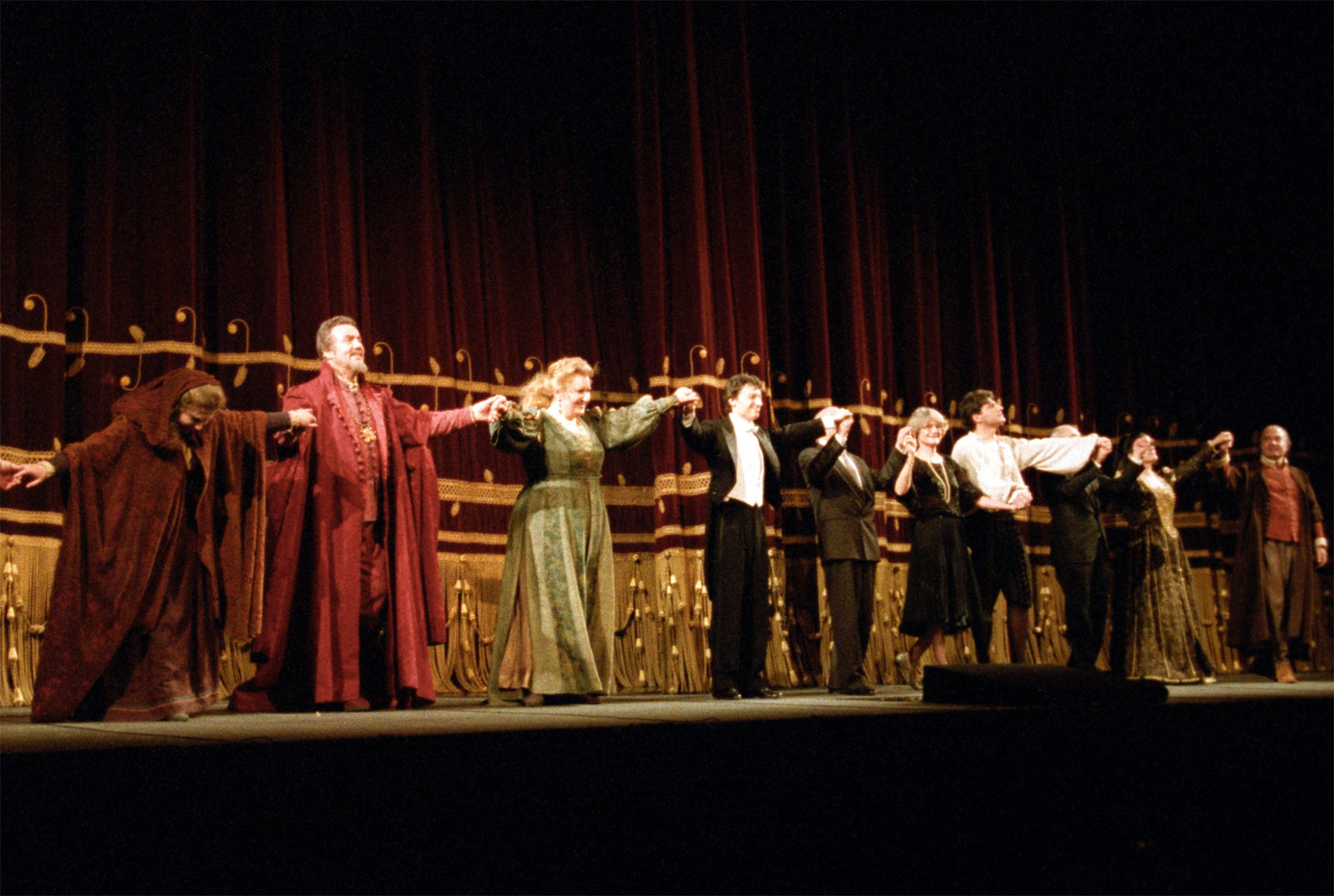


.jpg)




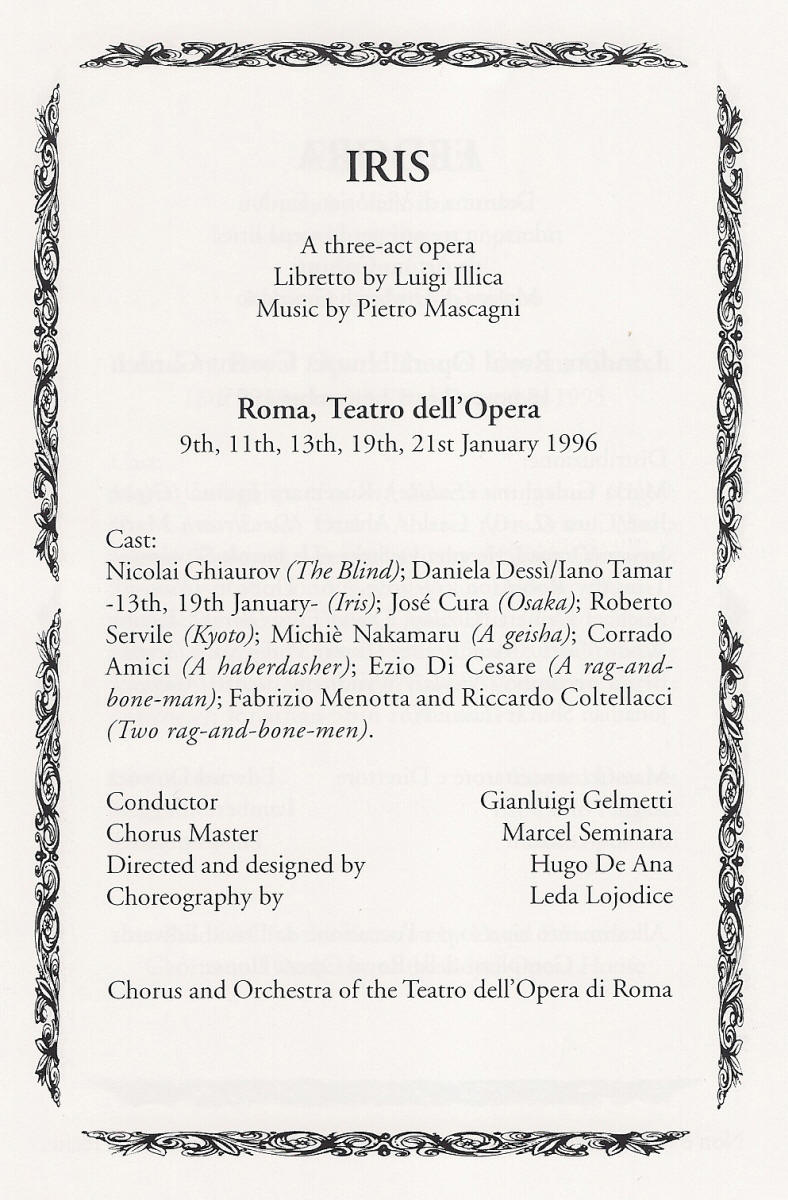
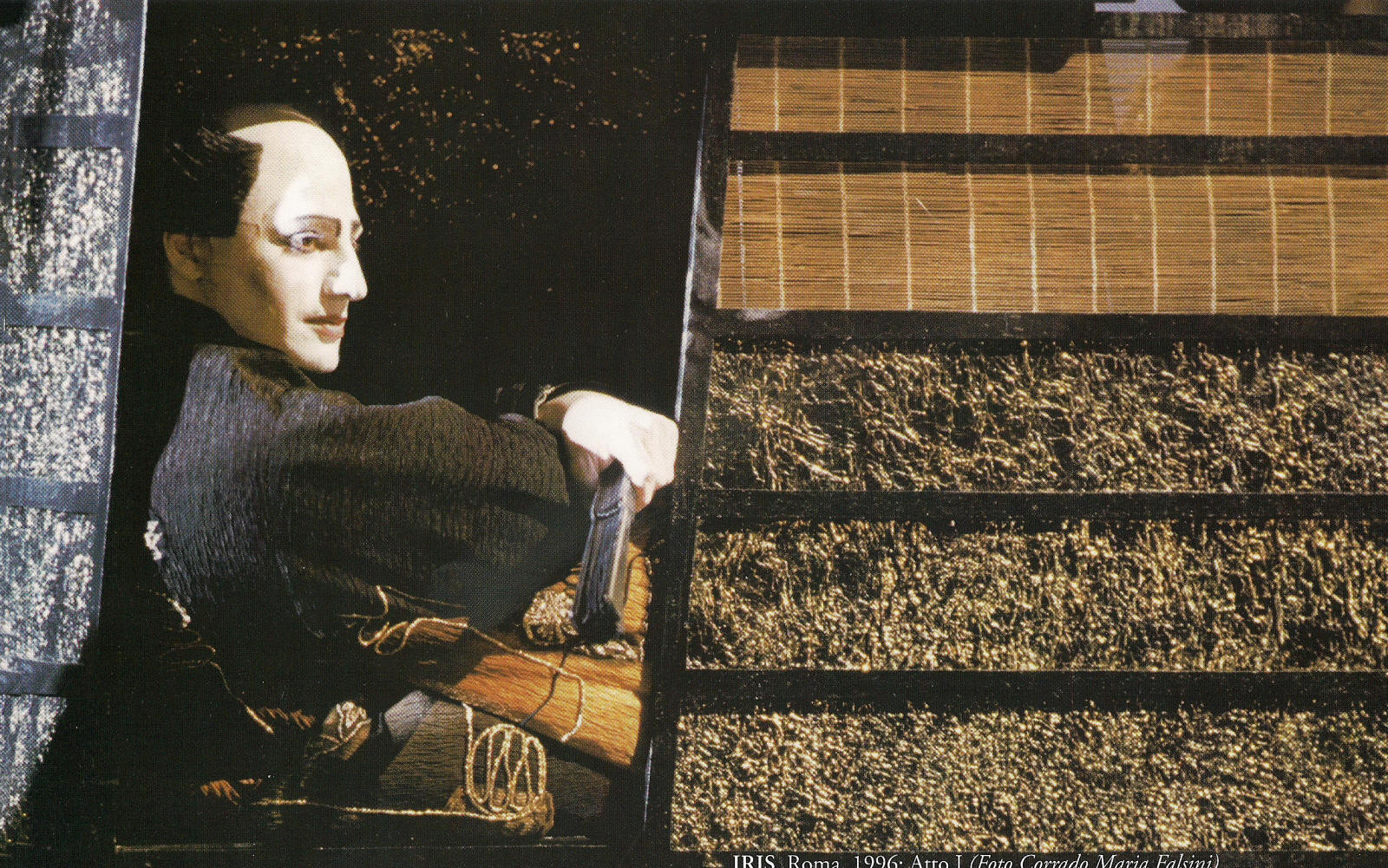
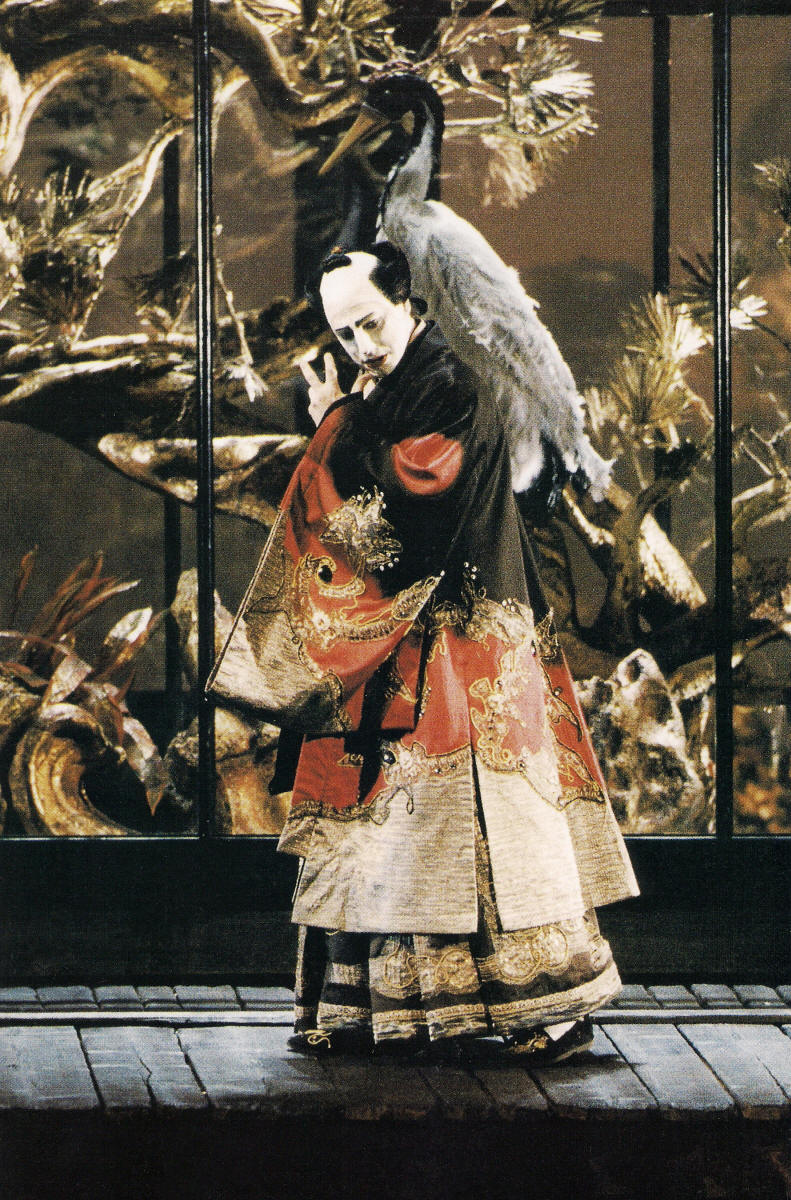
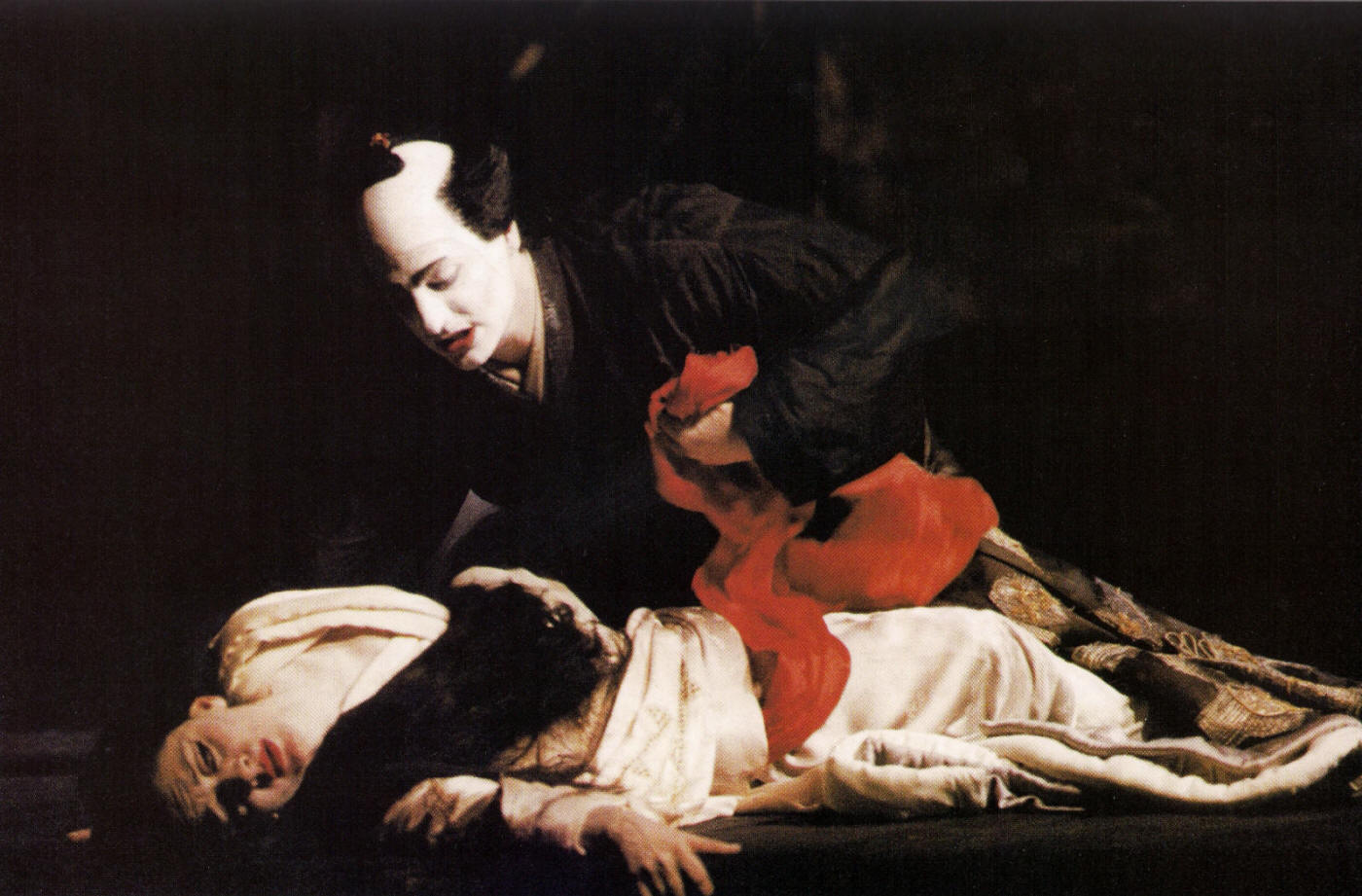
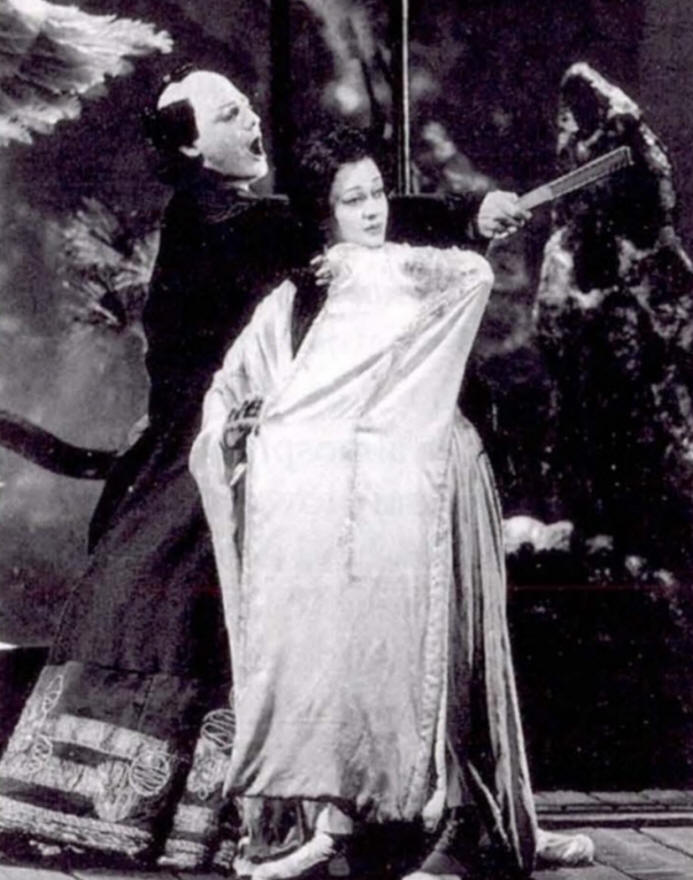
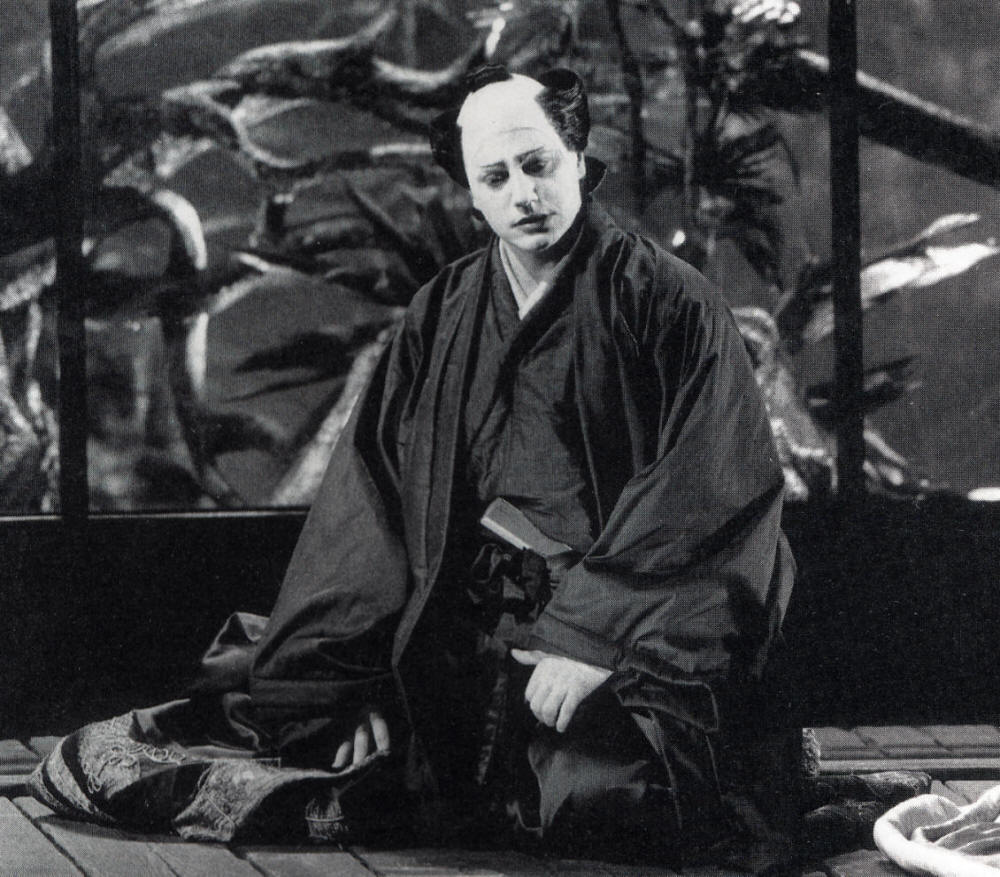
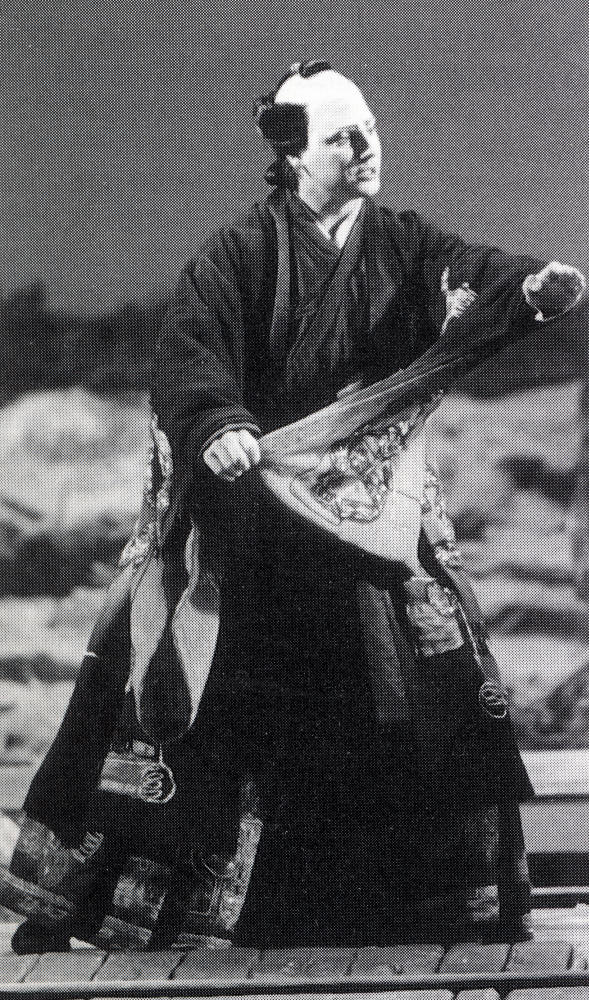
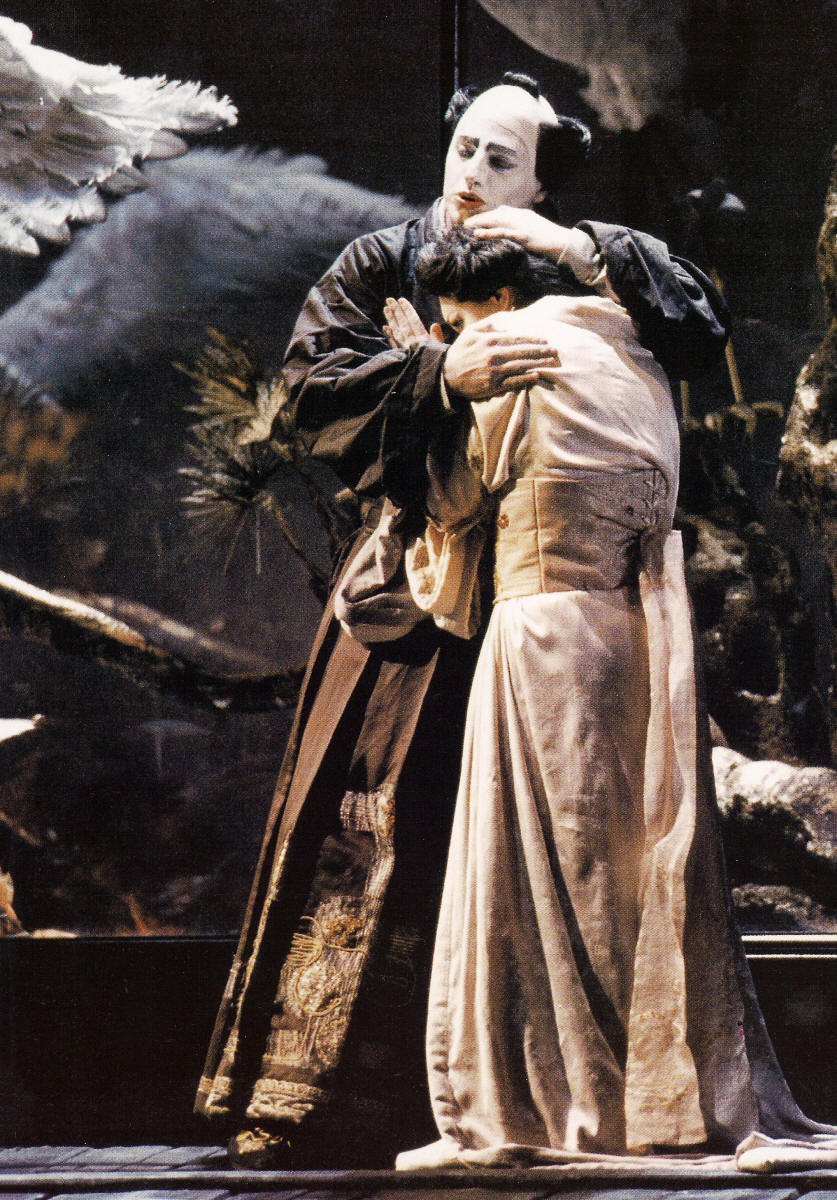
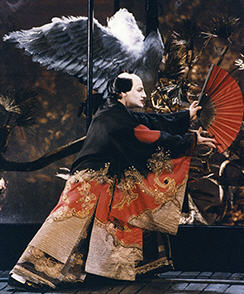
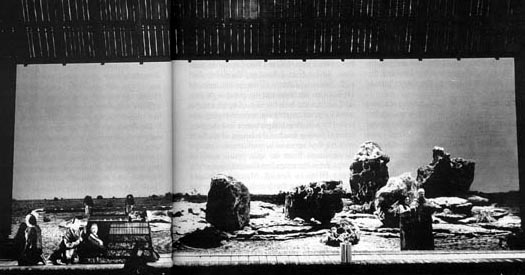
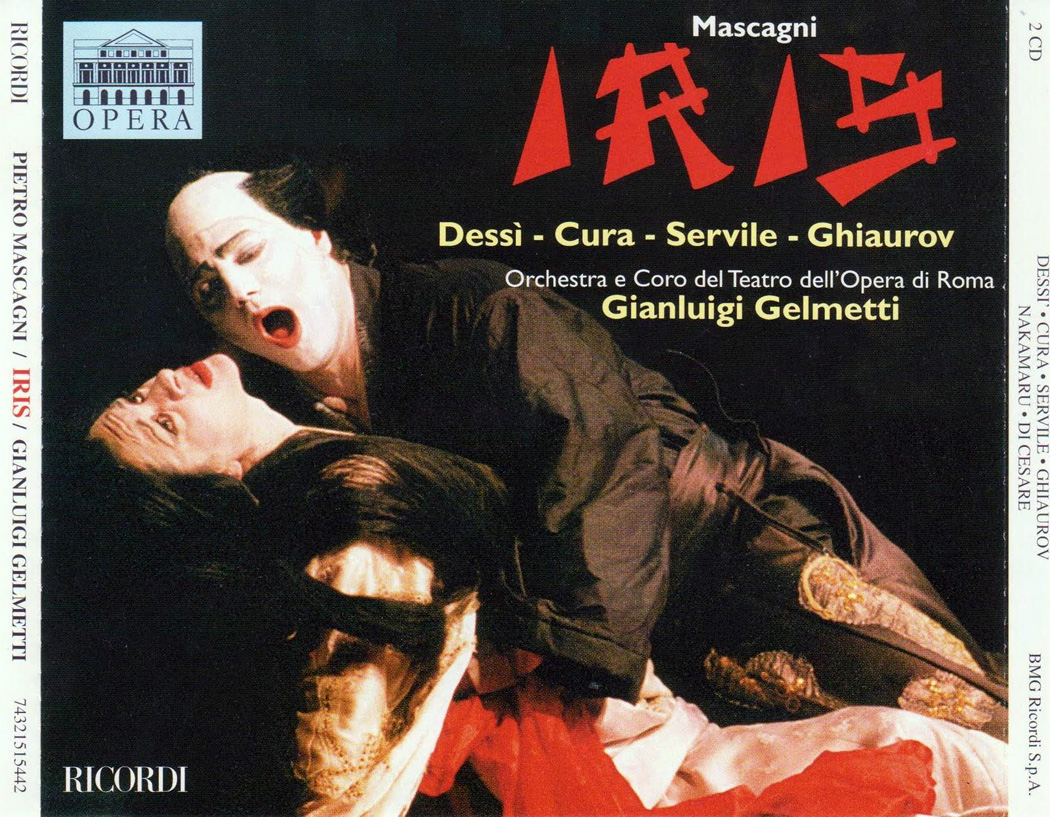
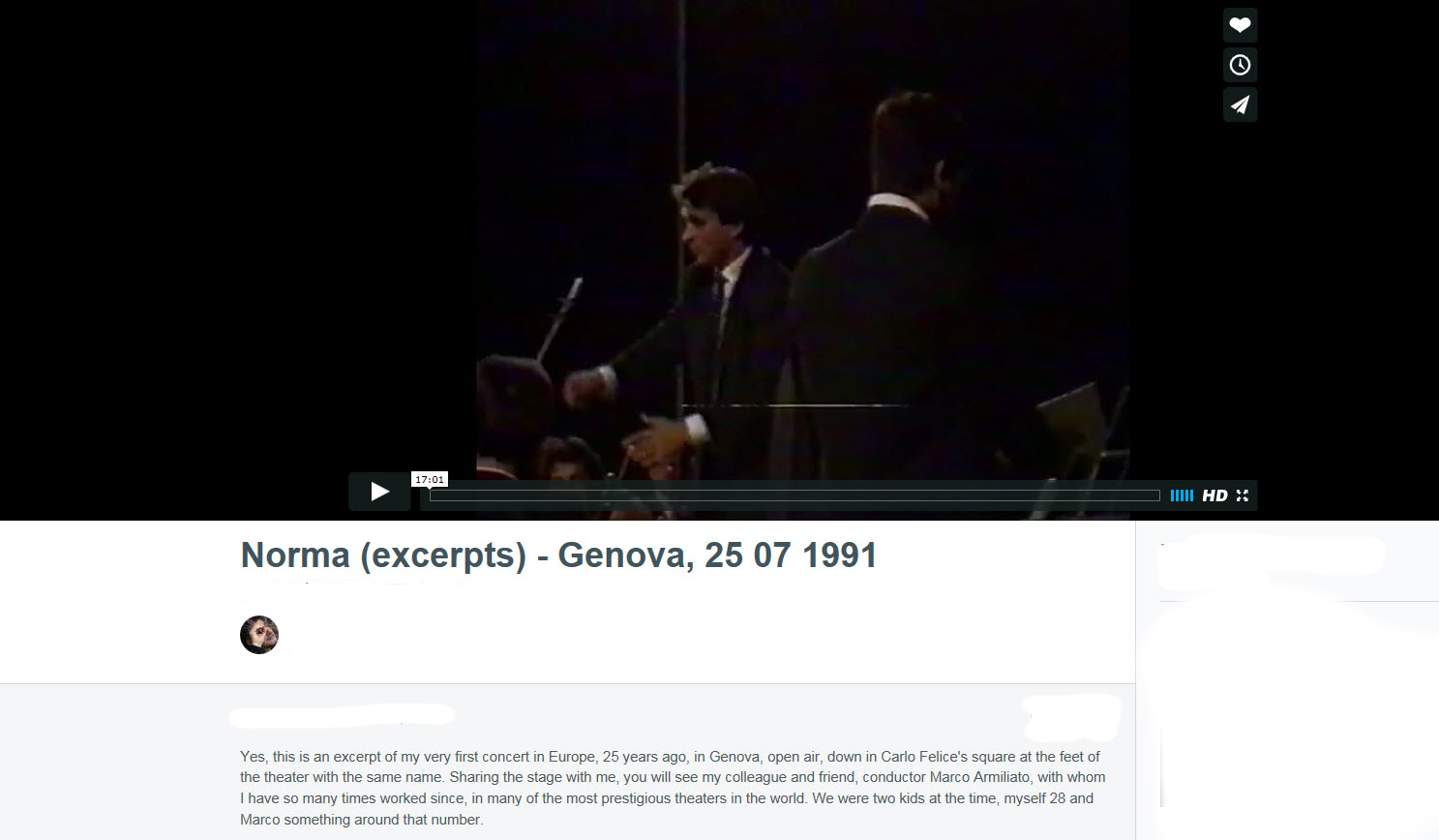
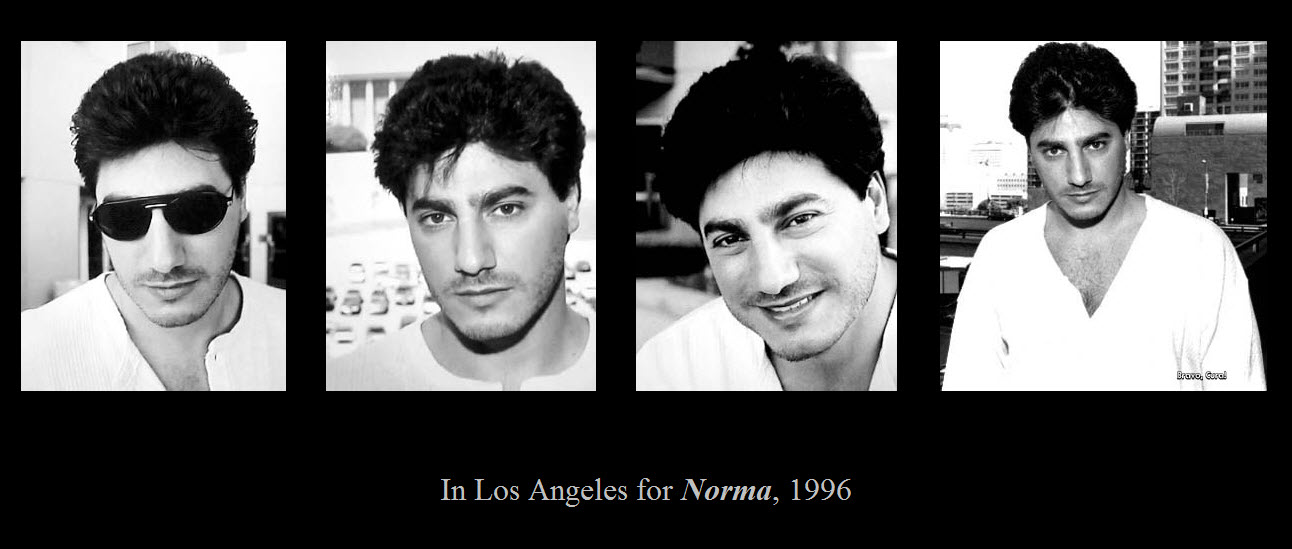


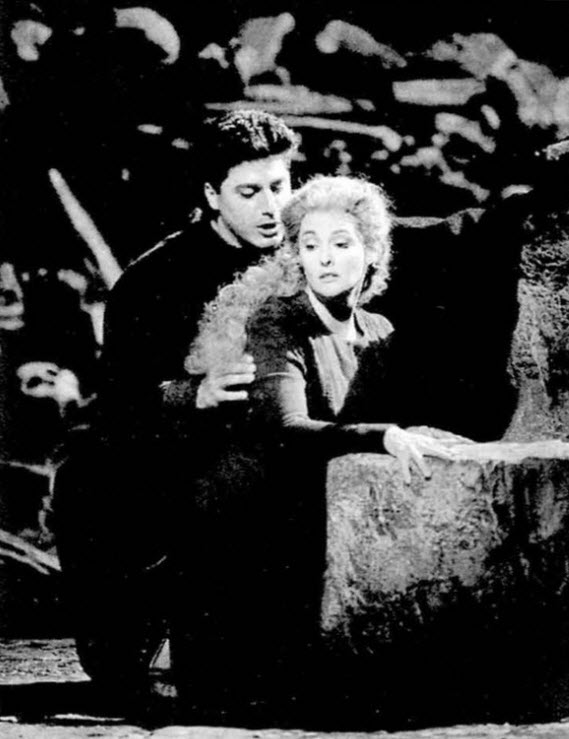
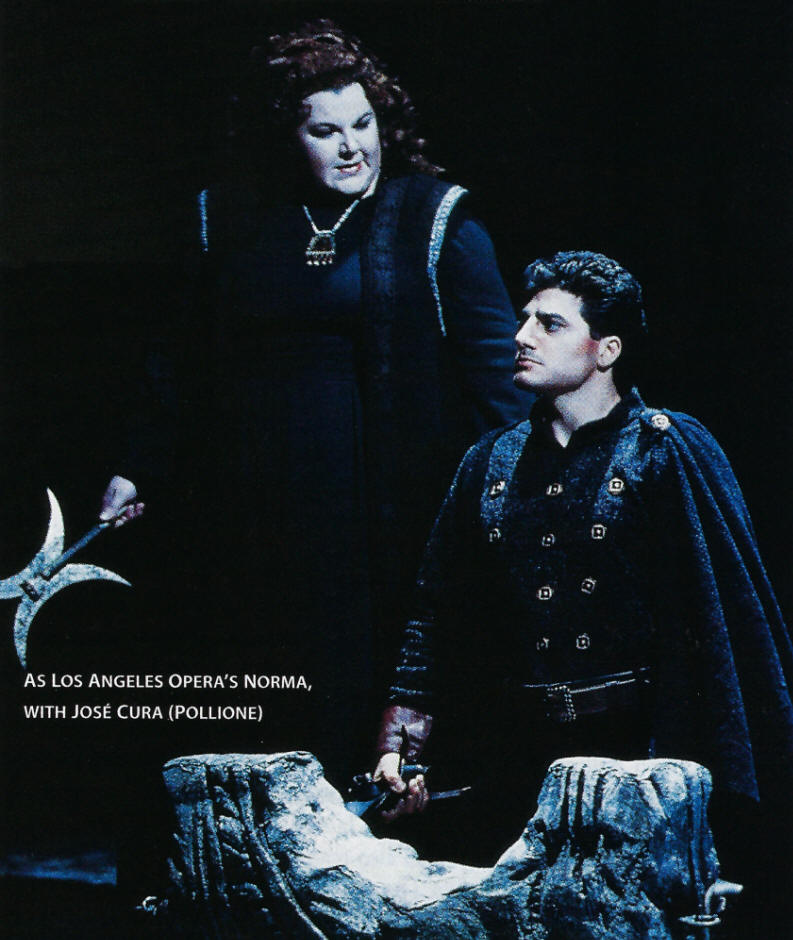
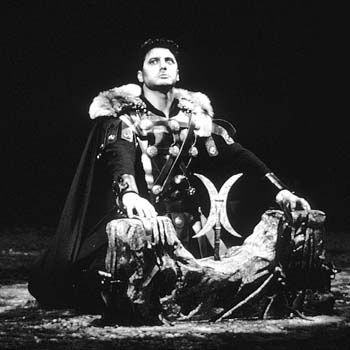
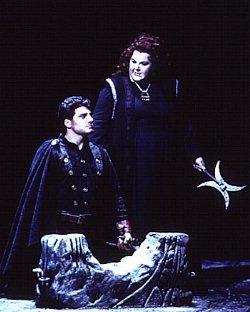
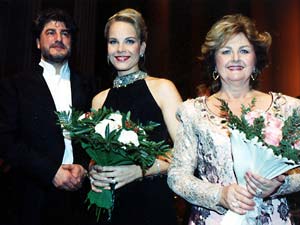
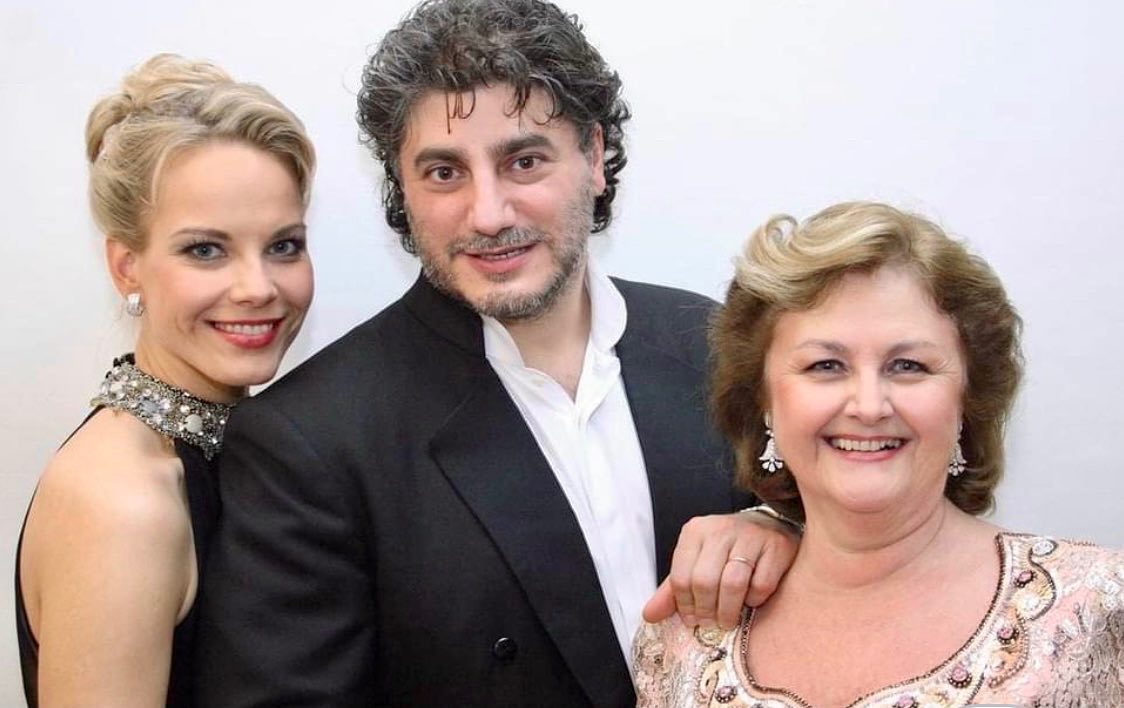
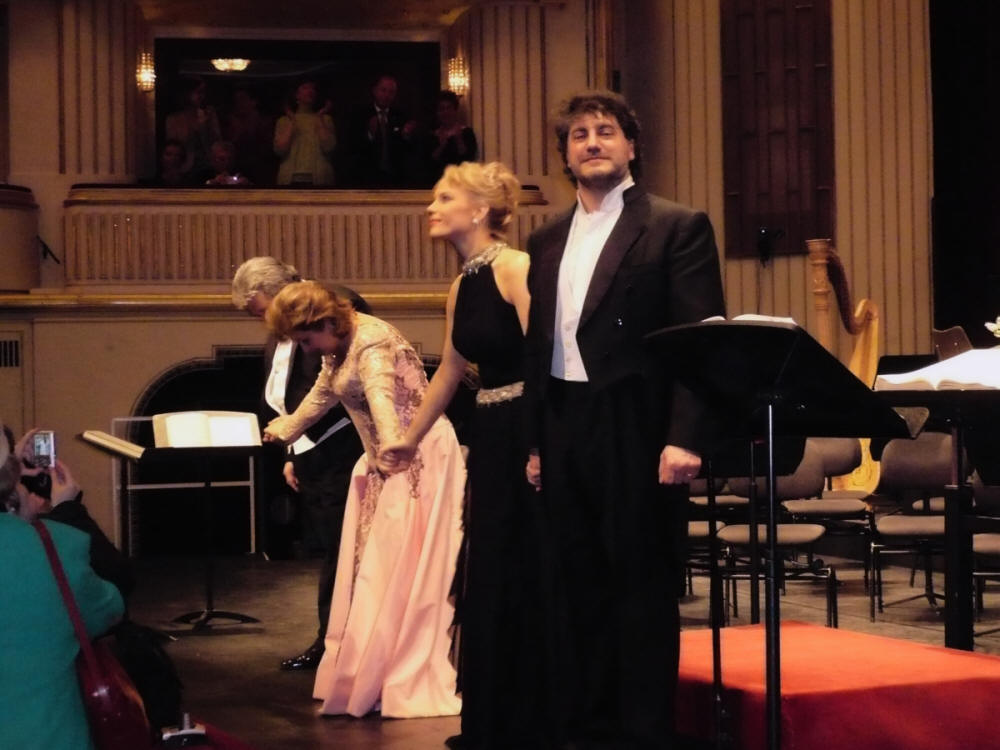
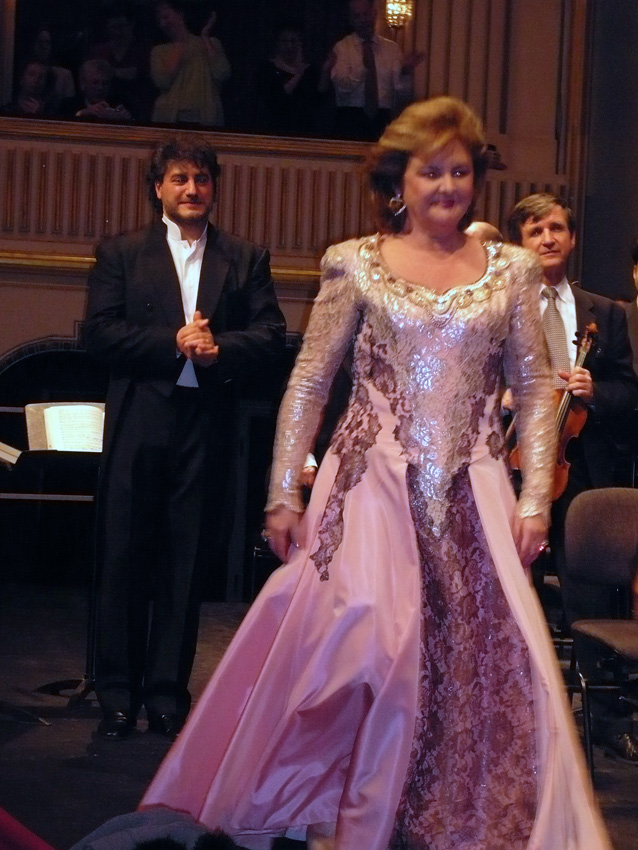
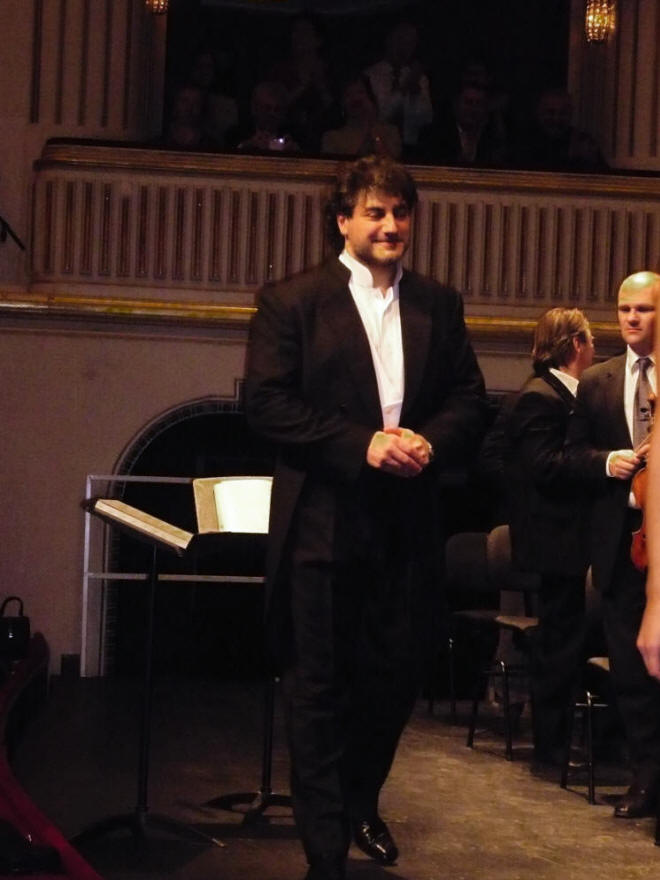
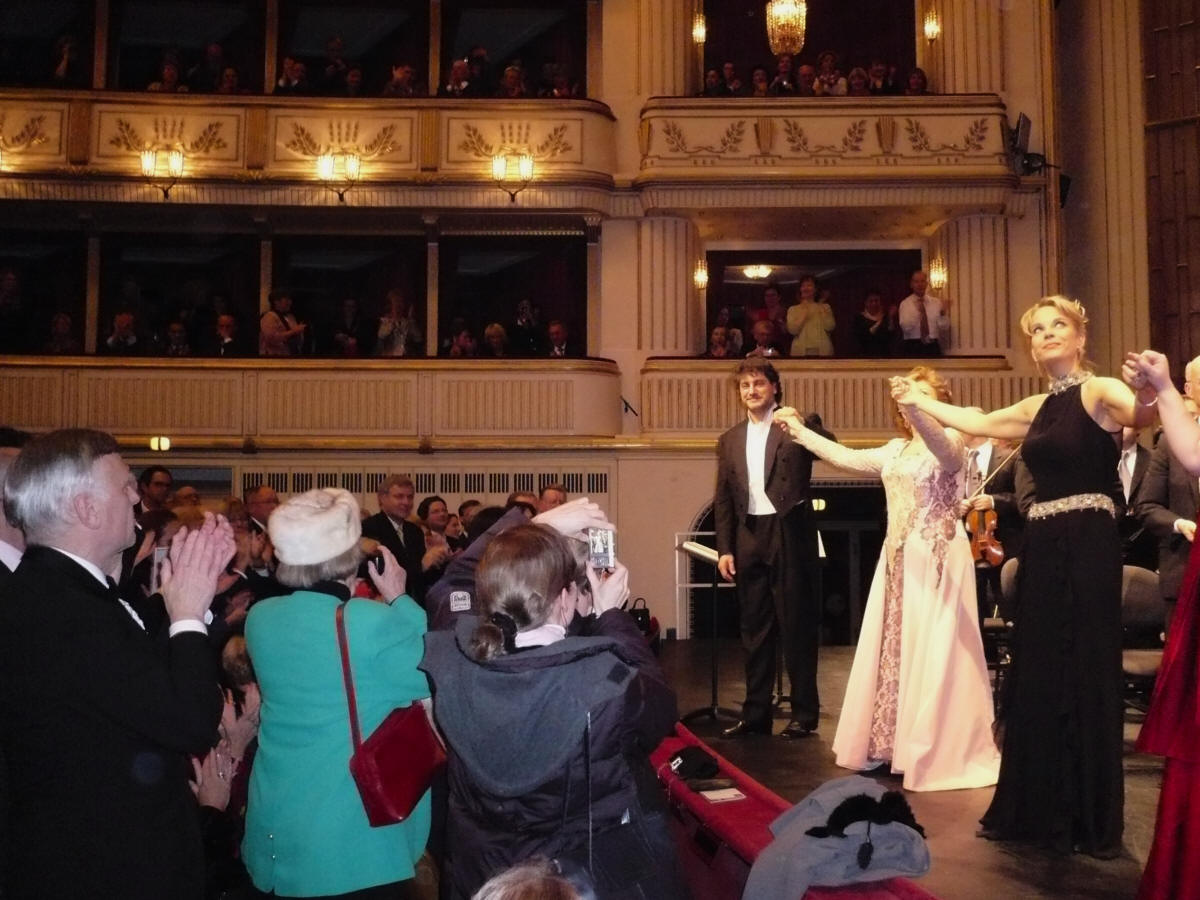
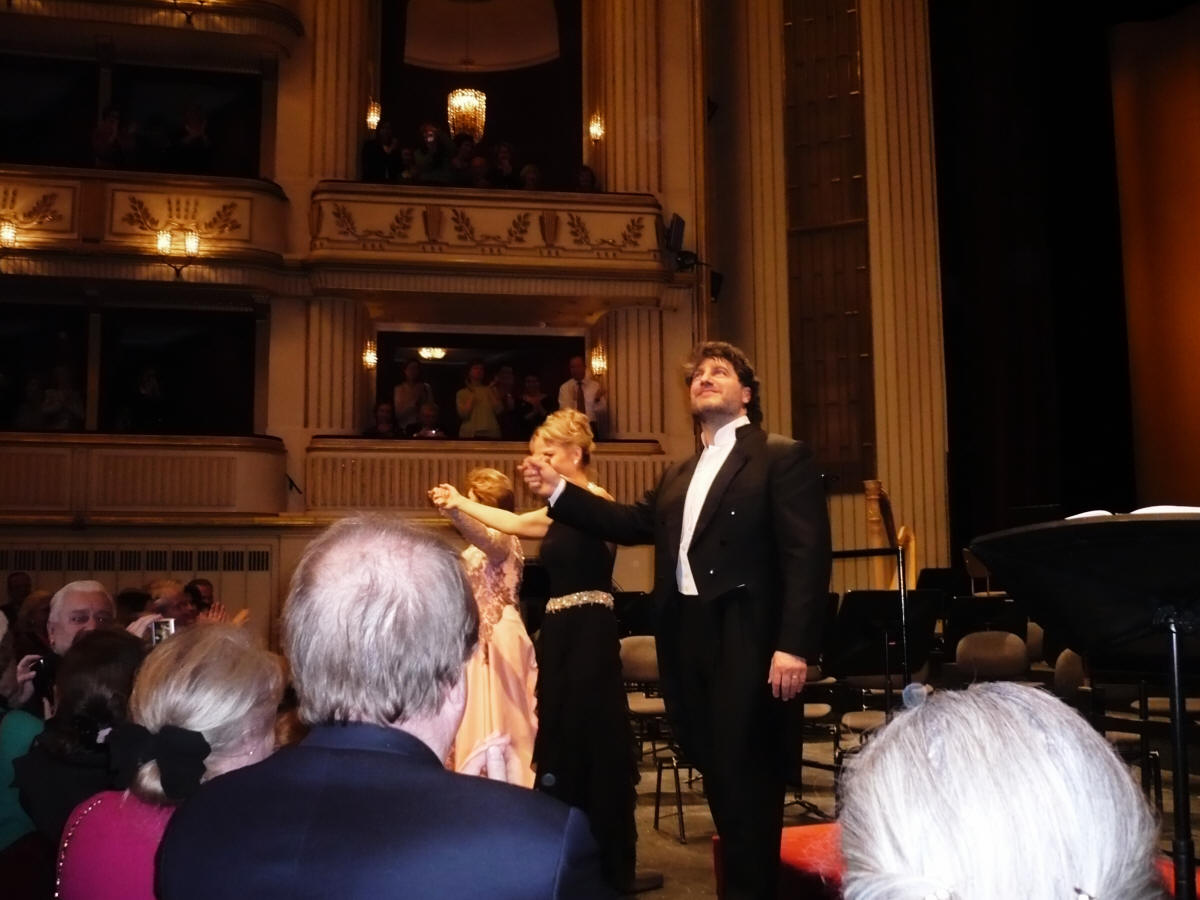
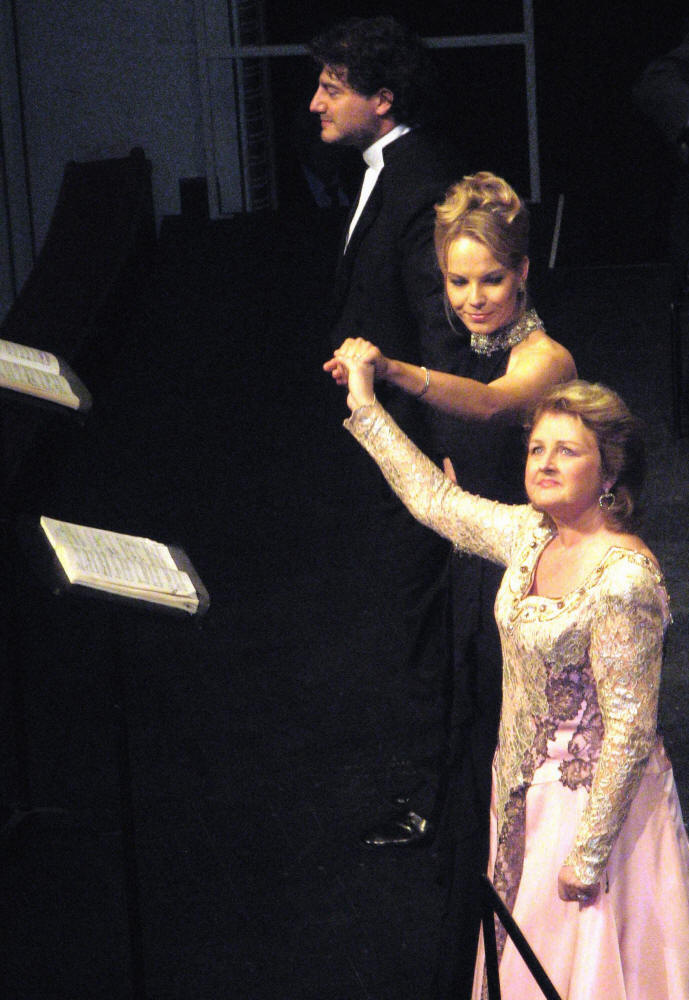
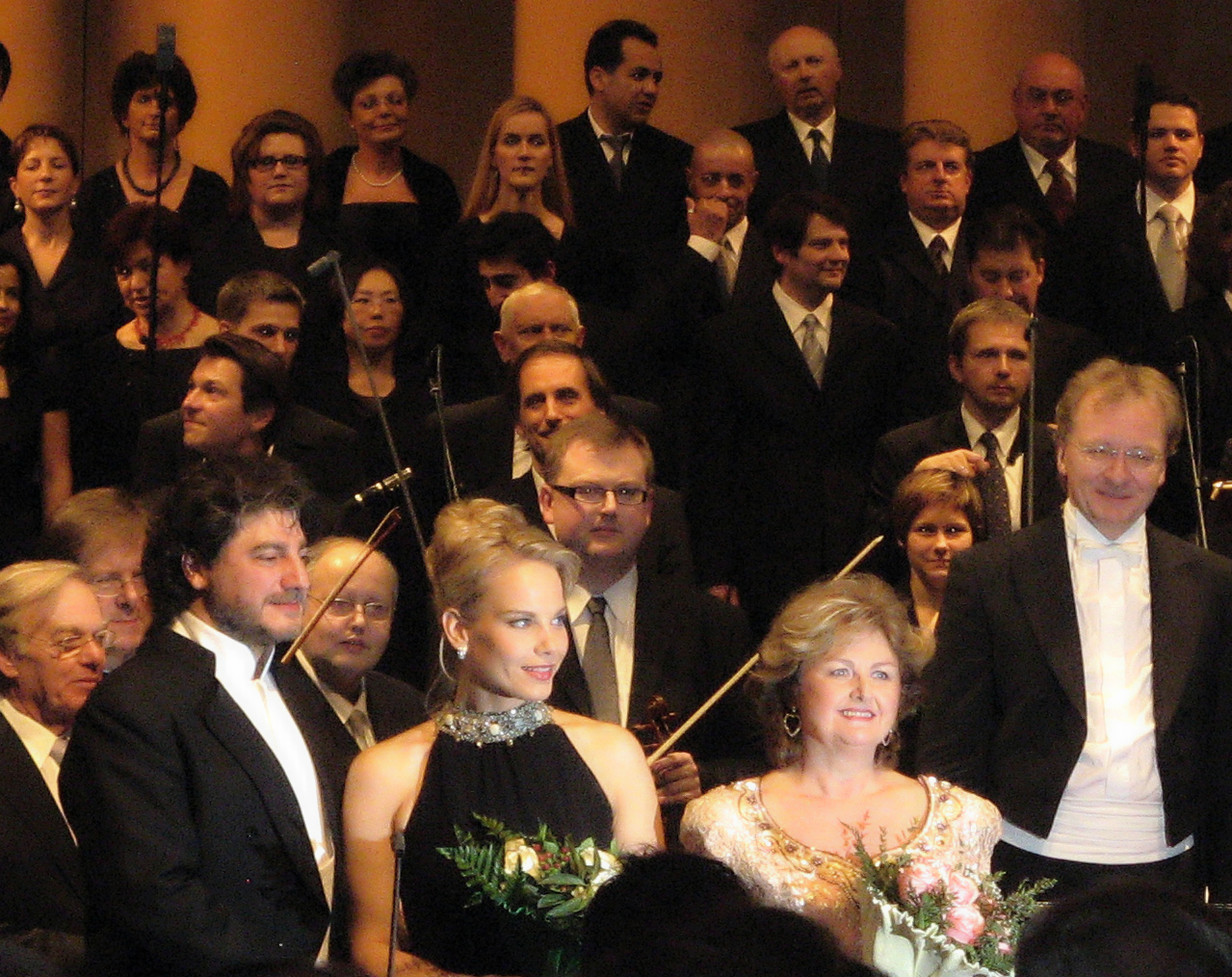
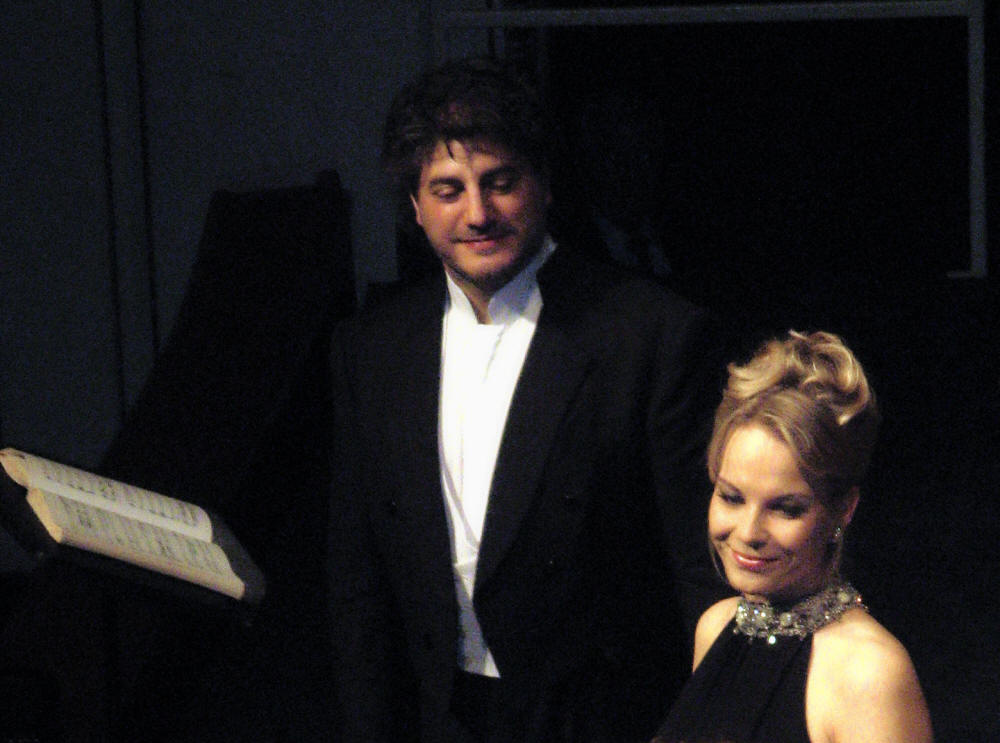
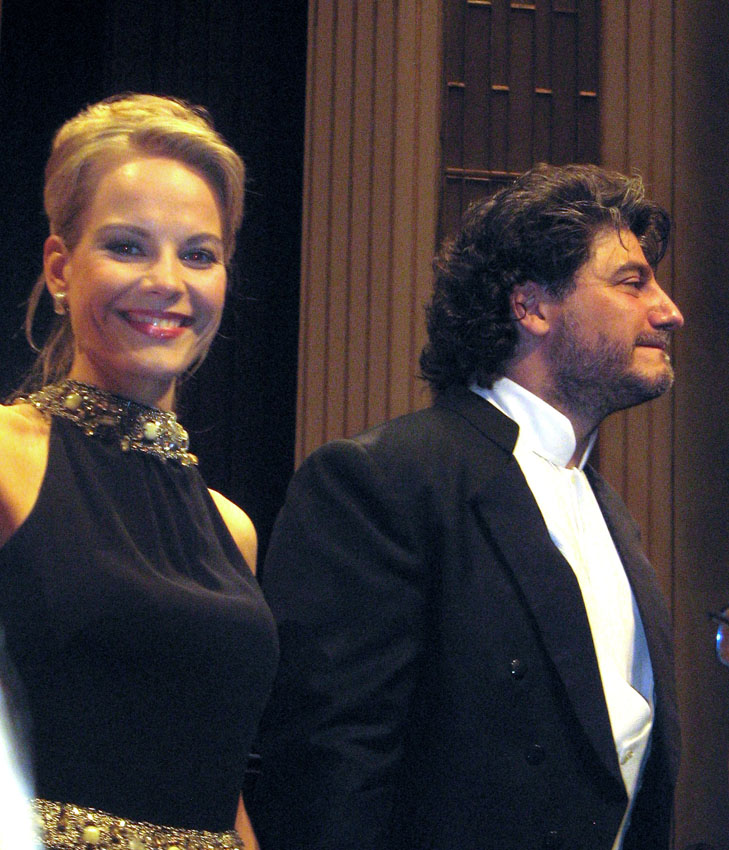
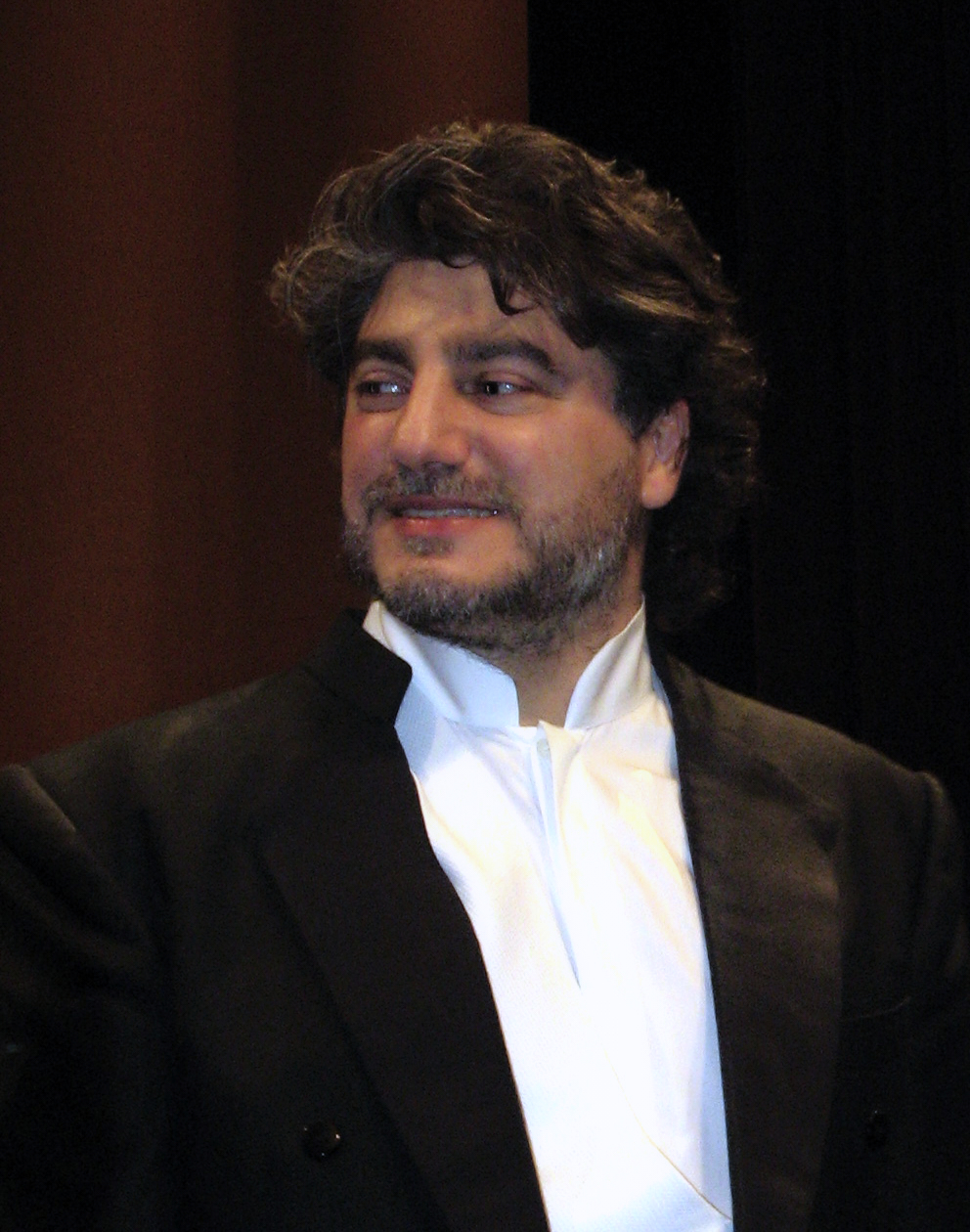
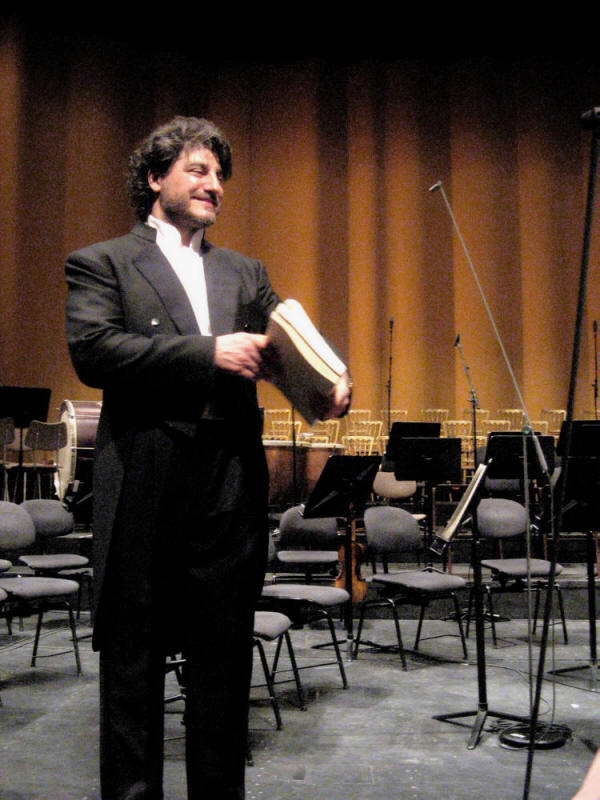
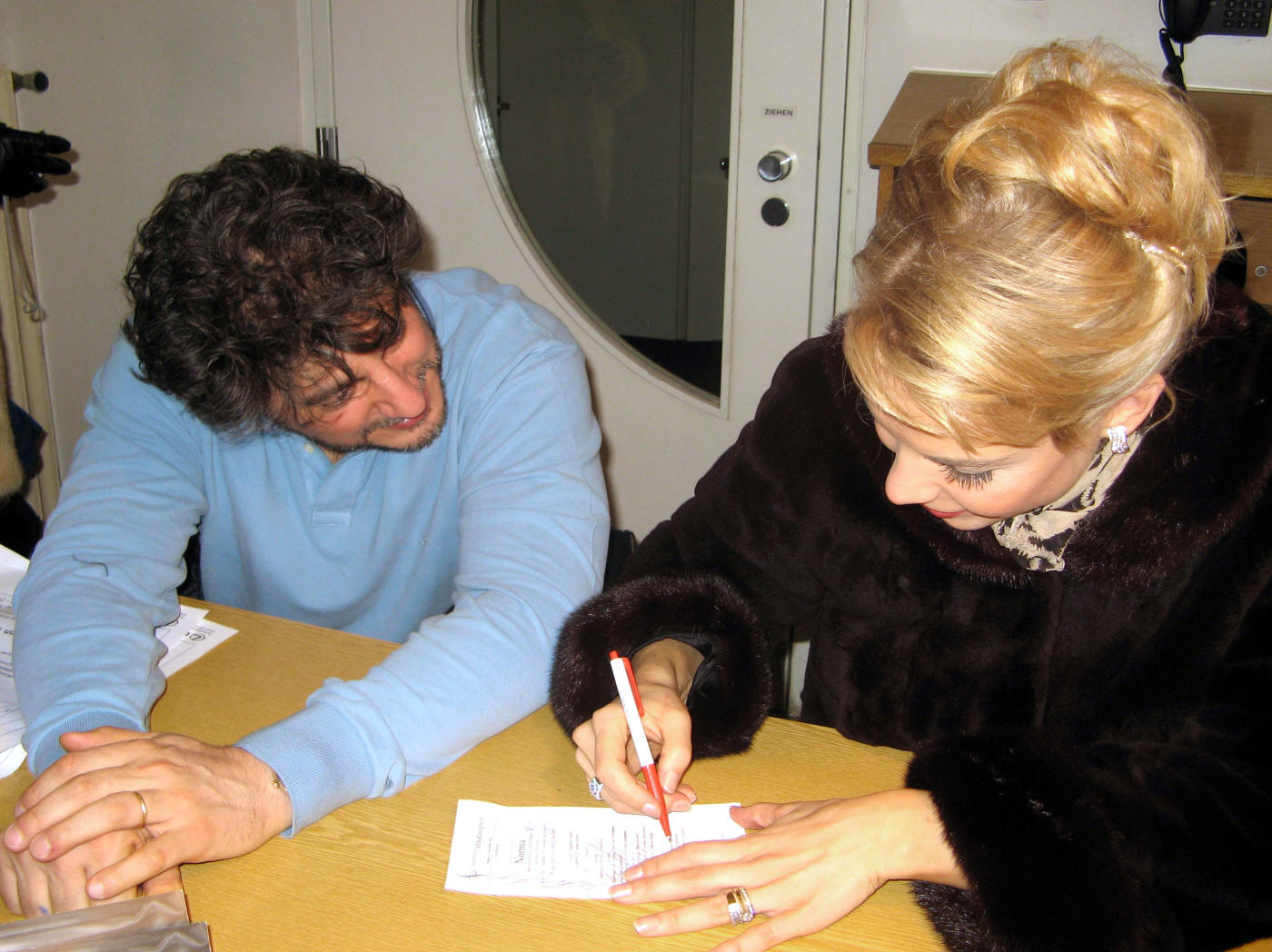
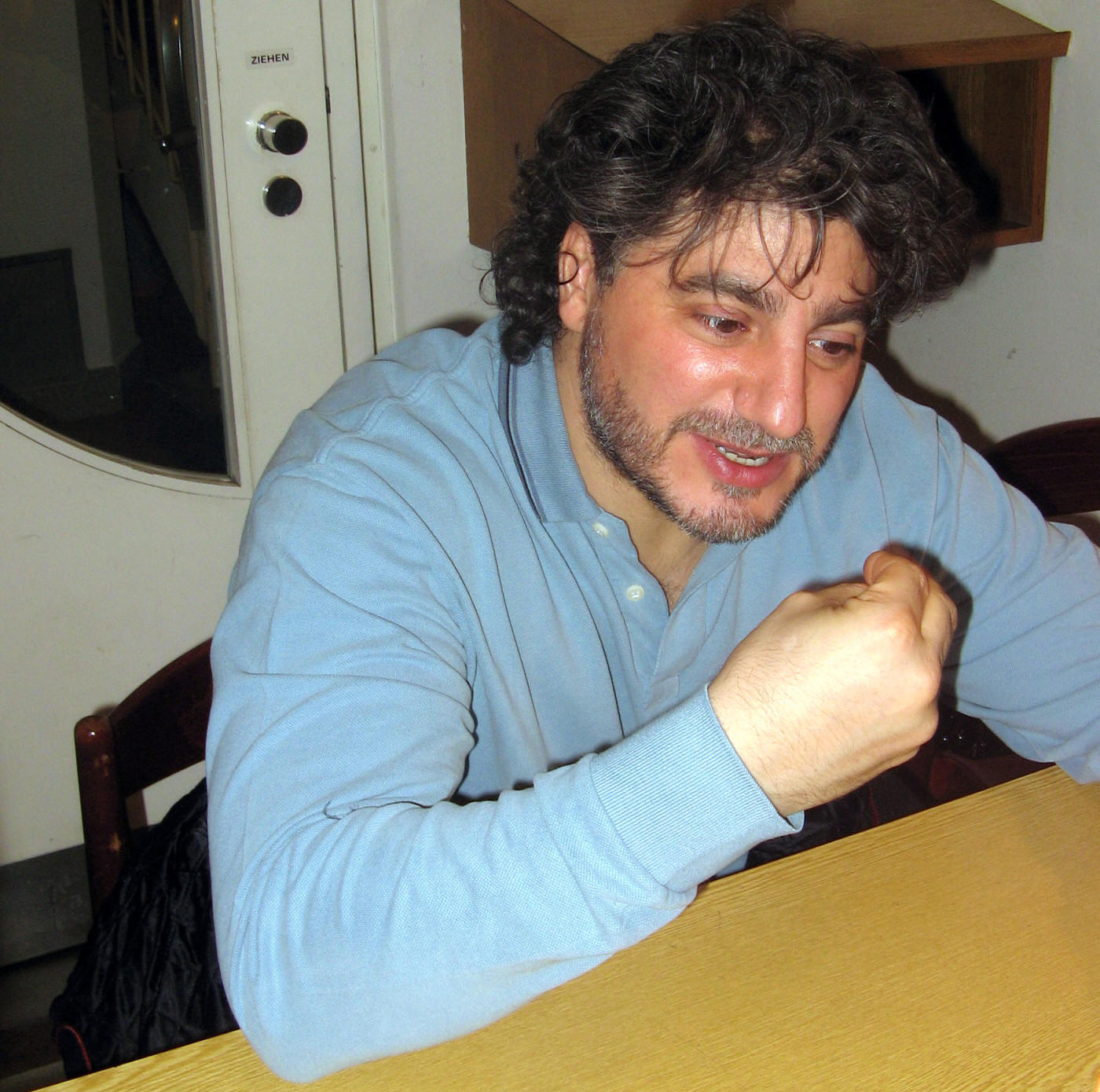










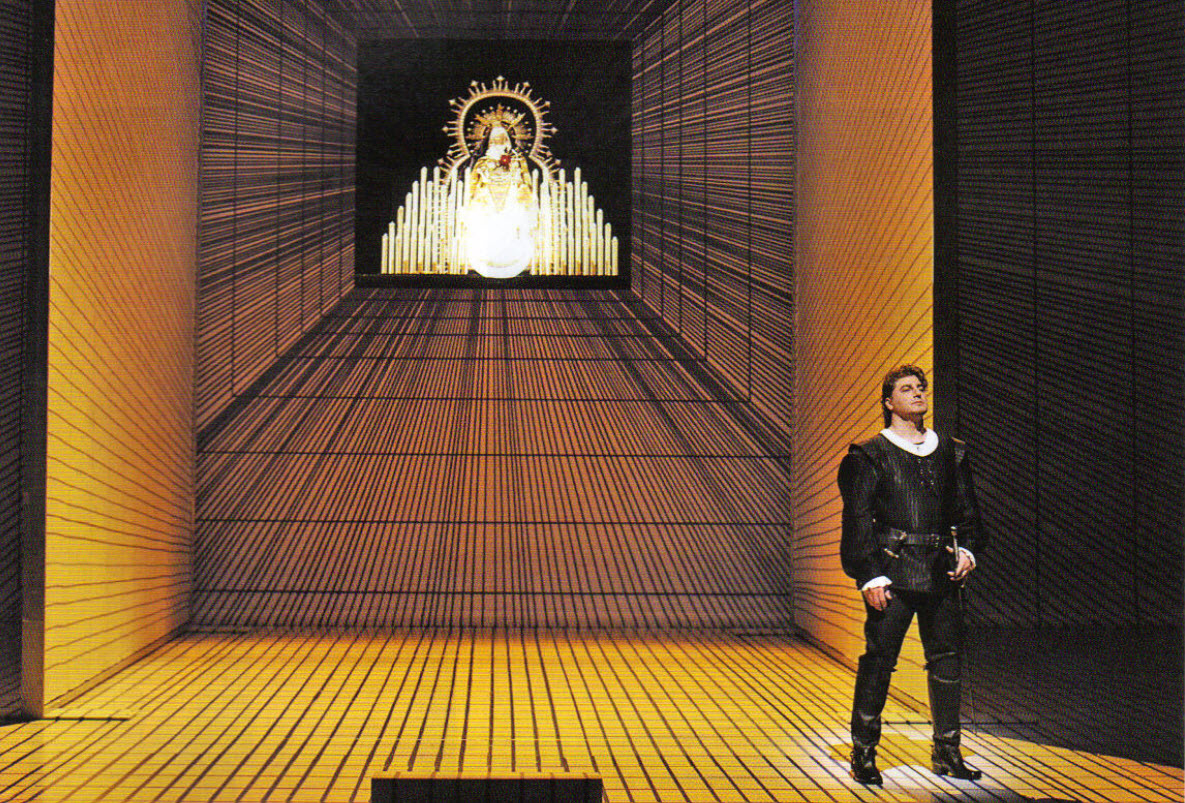
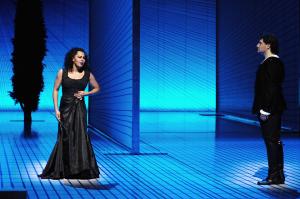
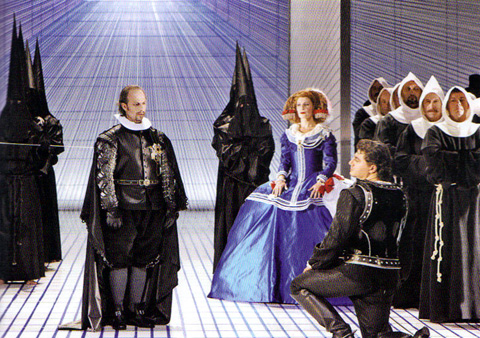
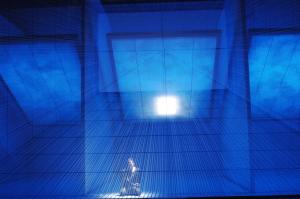

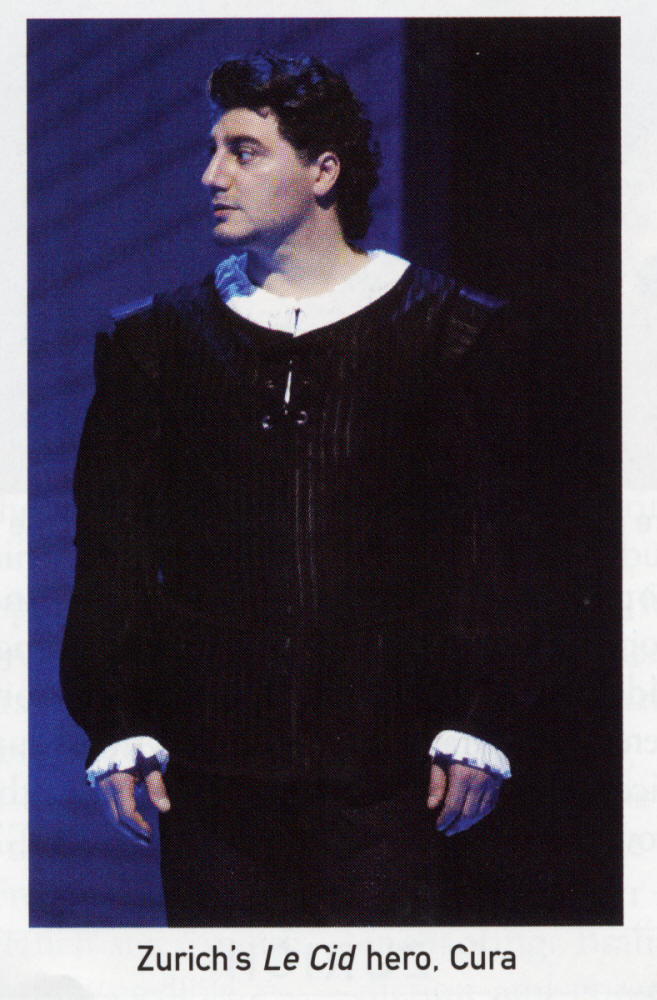
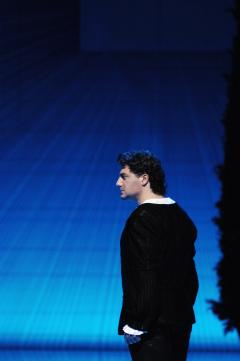
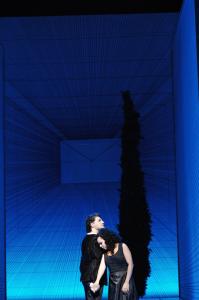
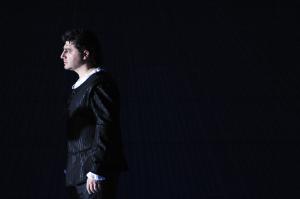
.jpg)
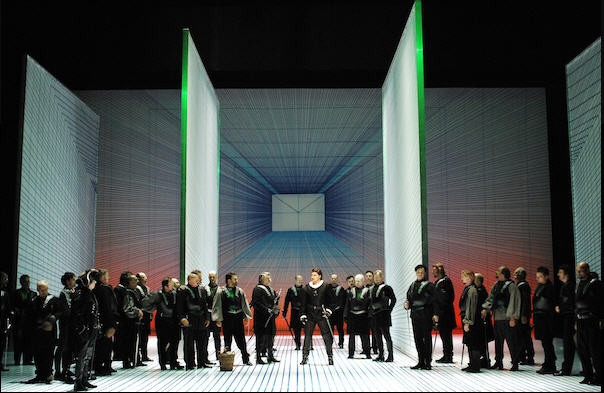
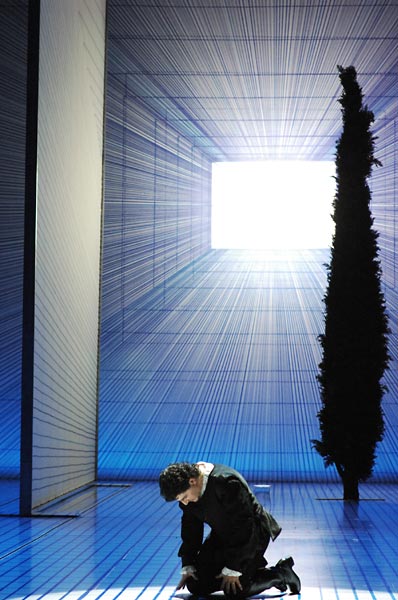
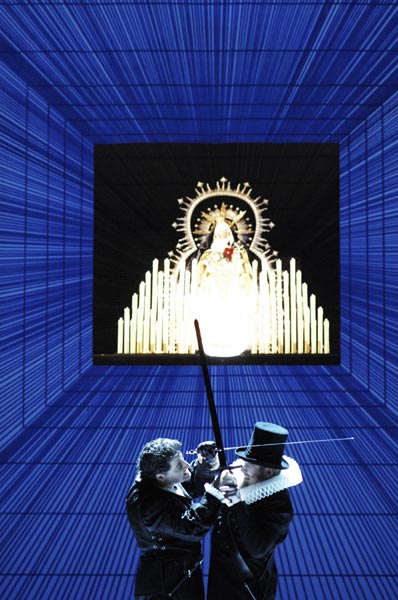
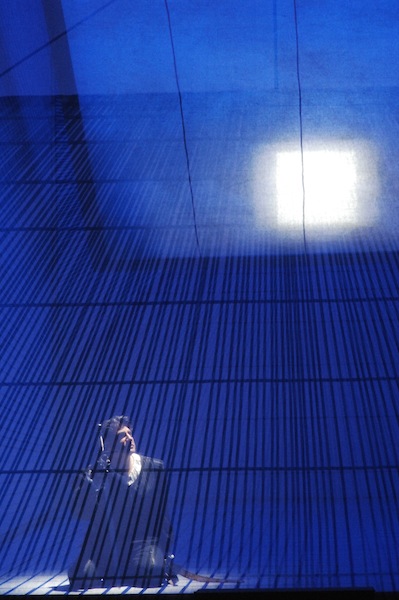
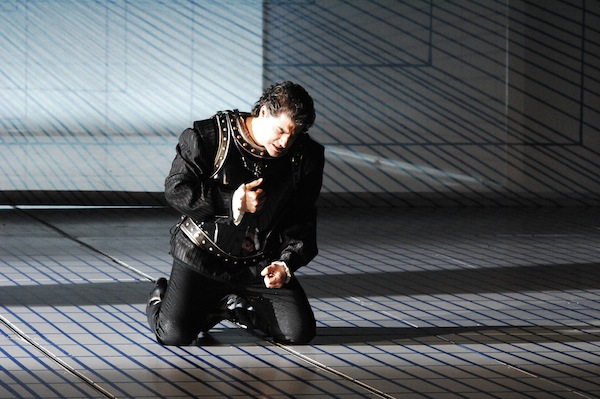
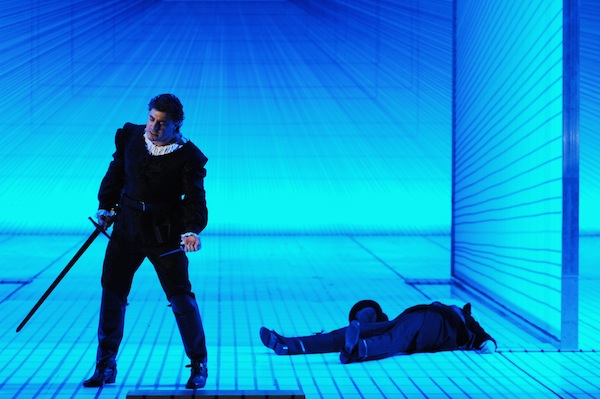
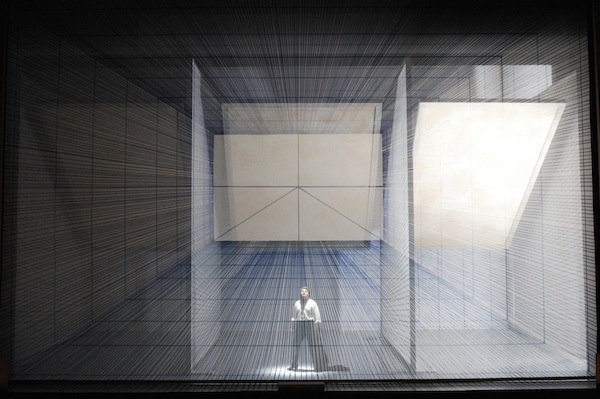
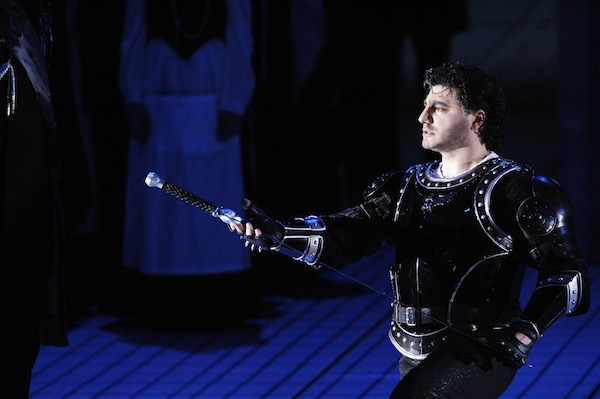
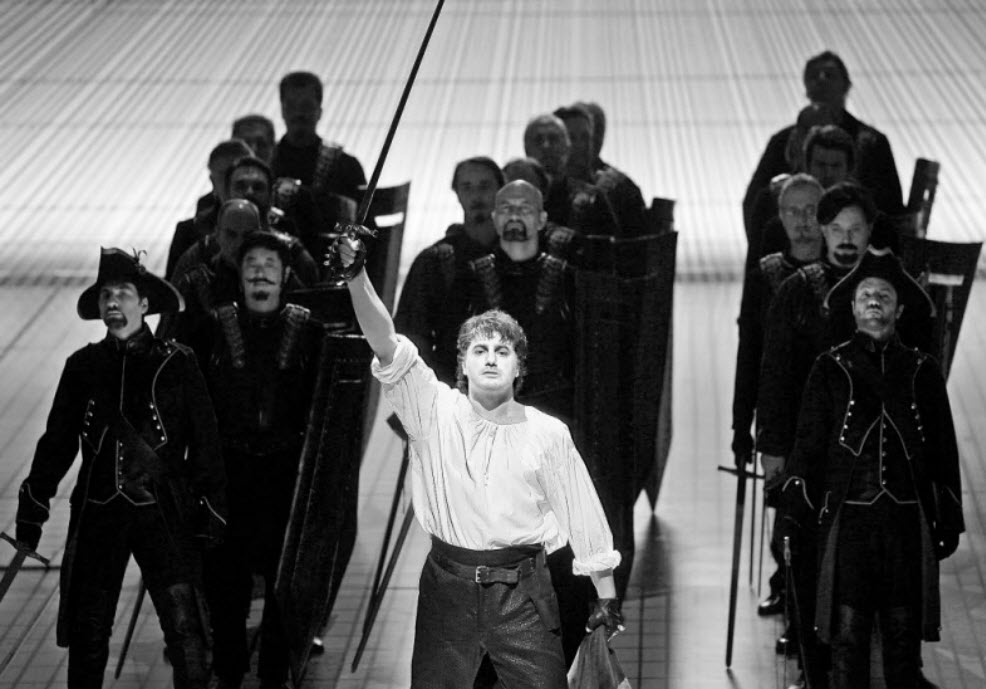
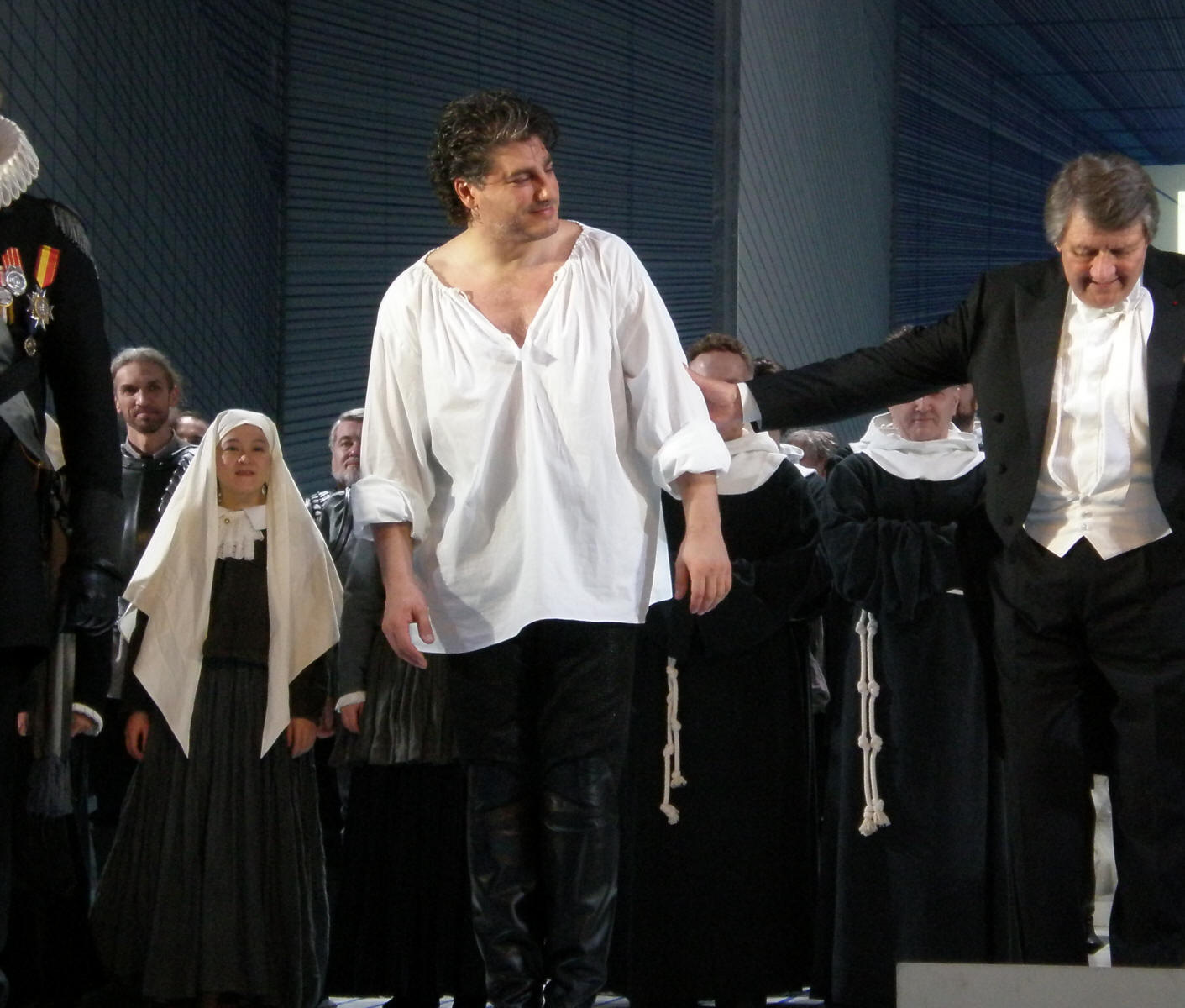
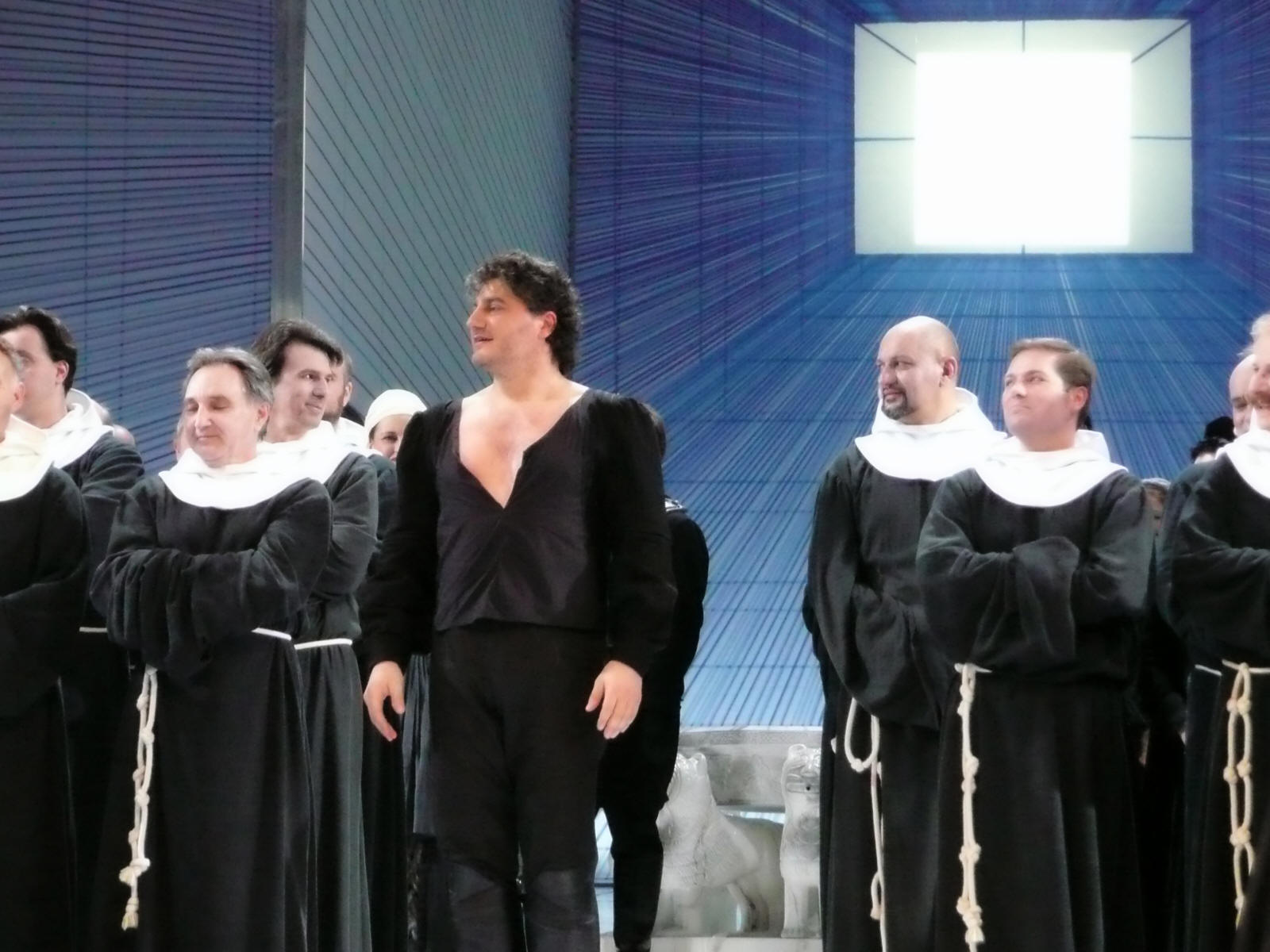
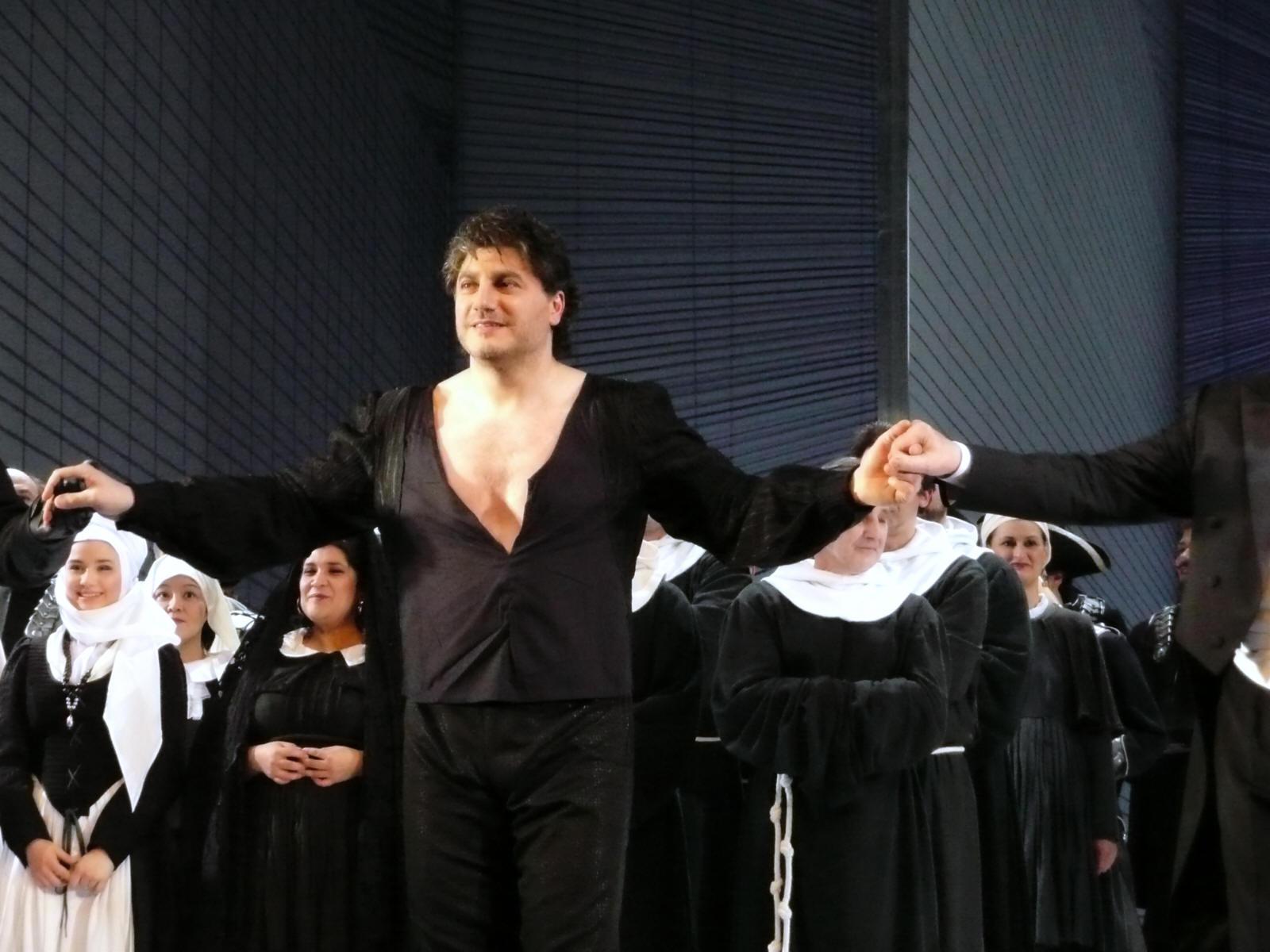
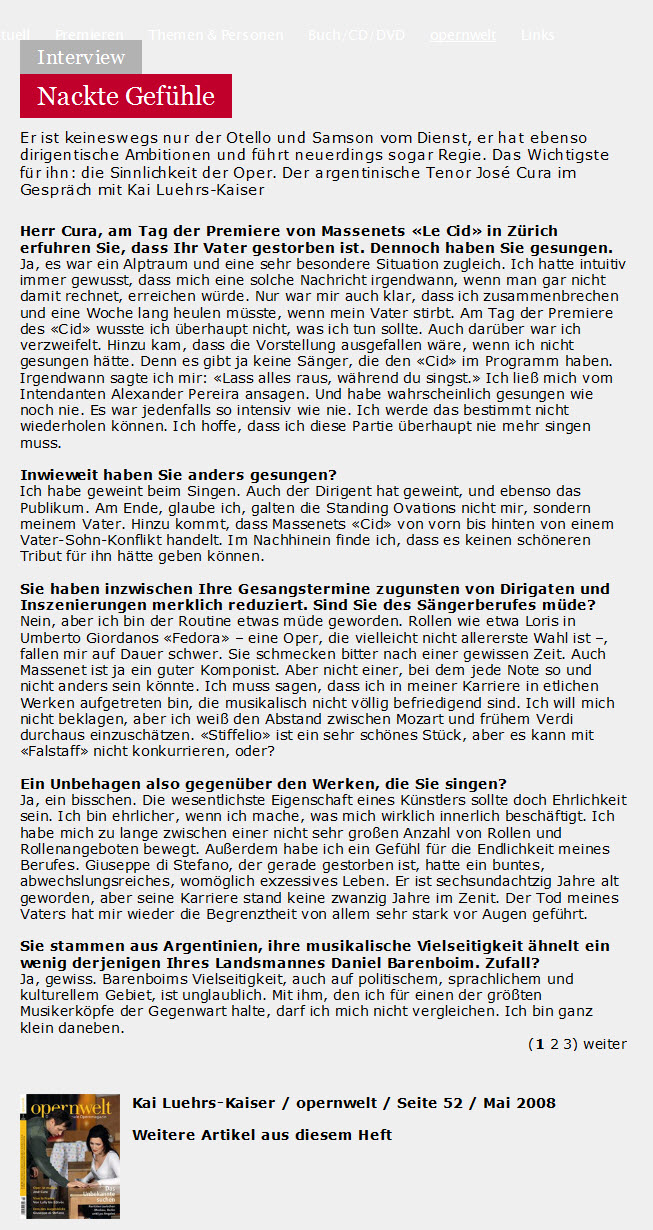 He
is by no means just the Otello and Samson on duty, he also has conducting
ambitions and has recently even been directing. The most important thing
for him: the sensuality of the opera. The Argentine tenor José Cura
in conversation with Kai Luehrs-Kaiser
He
is by no means just the Otello and Samson on duty, he also has conducting
ambitions and has recently even been directing. The most important thing
for him: the sensuality of the opera. The Argentine tenor José Cura
in conversation with Kai Luehrs-Kaiser















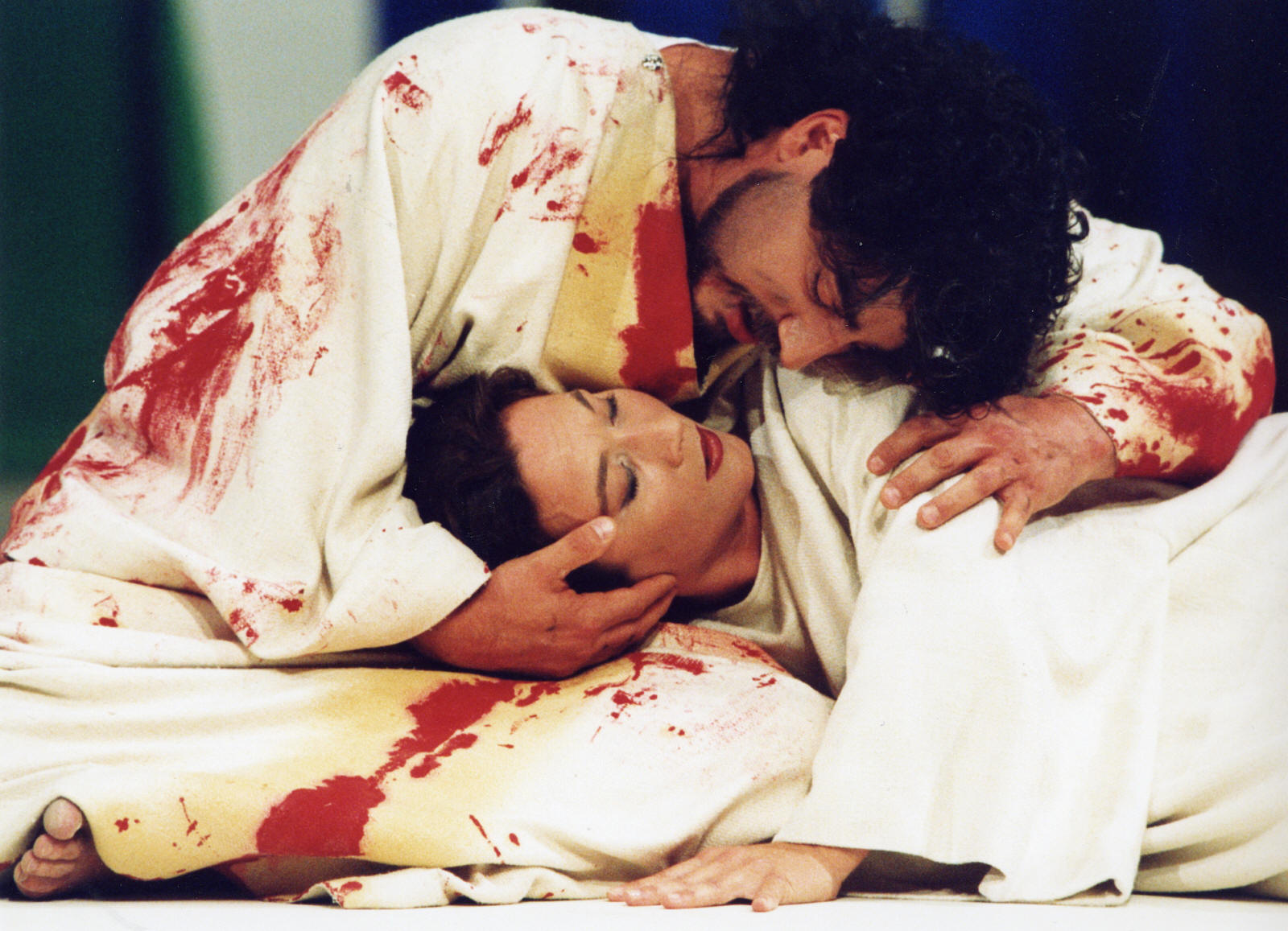
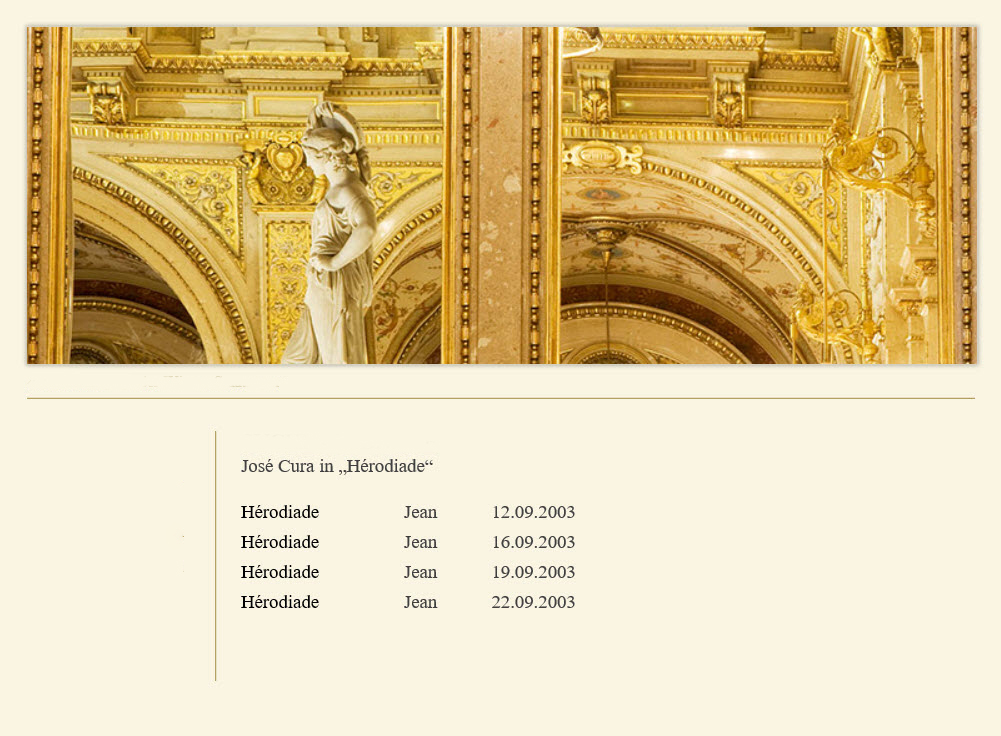
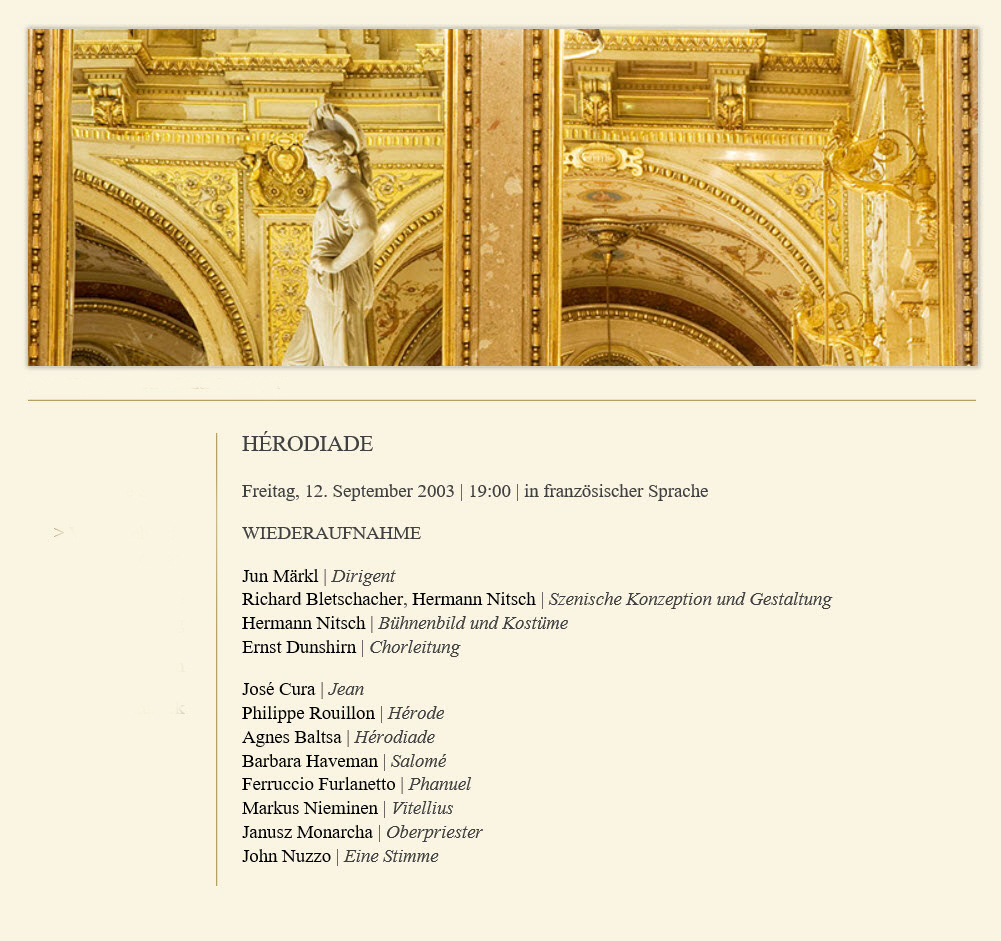
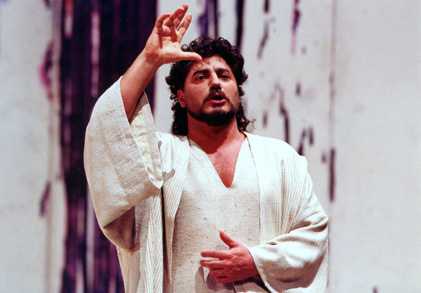
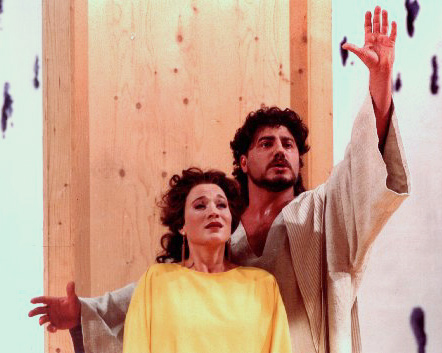
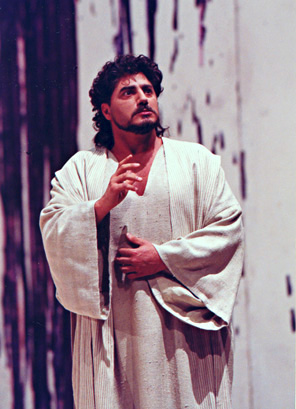
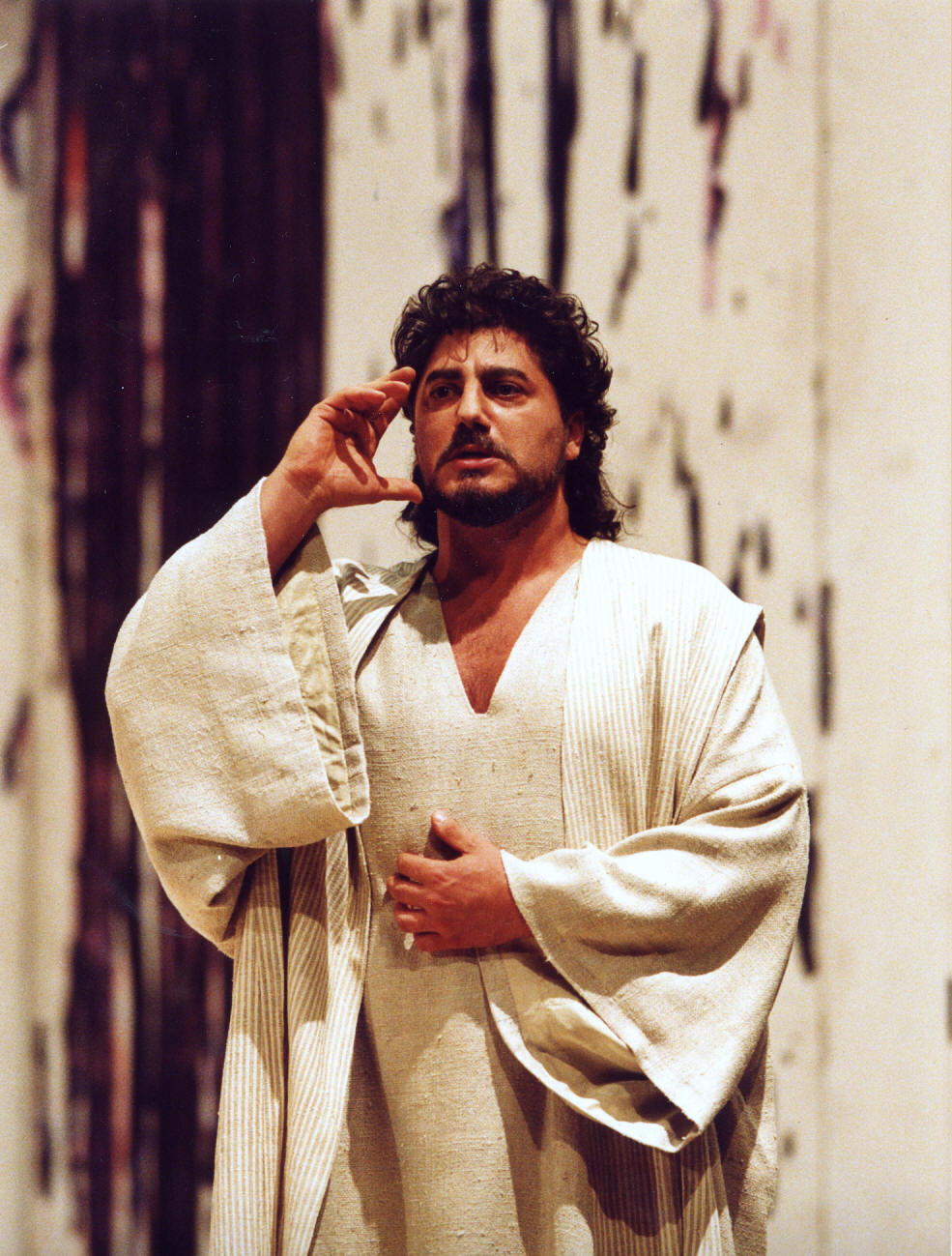 \
\